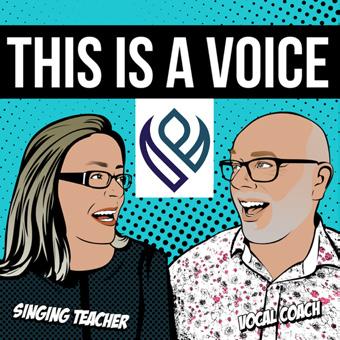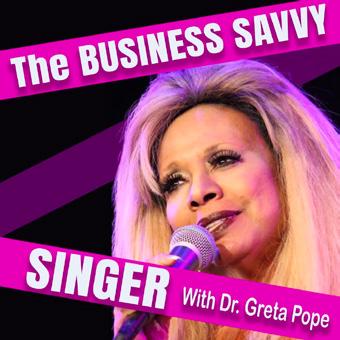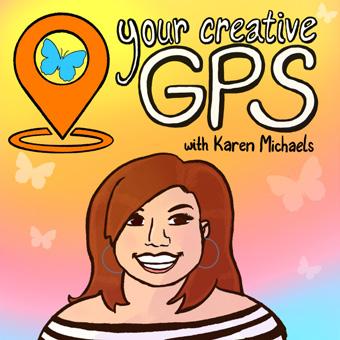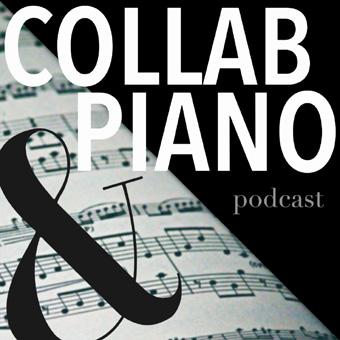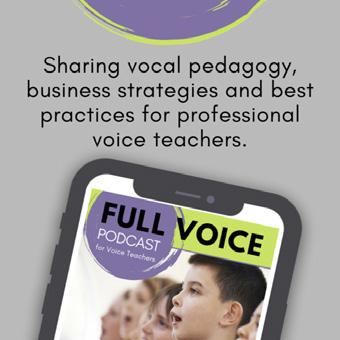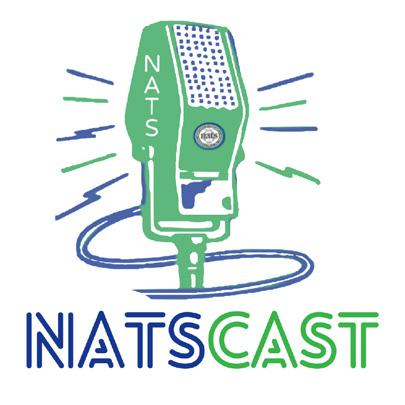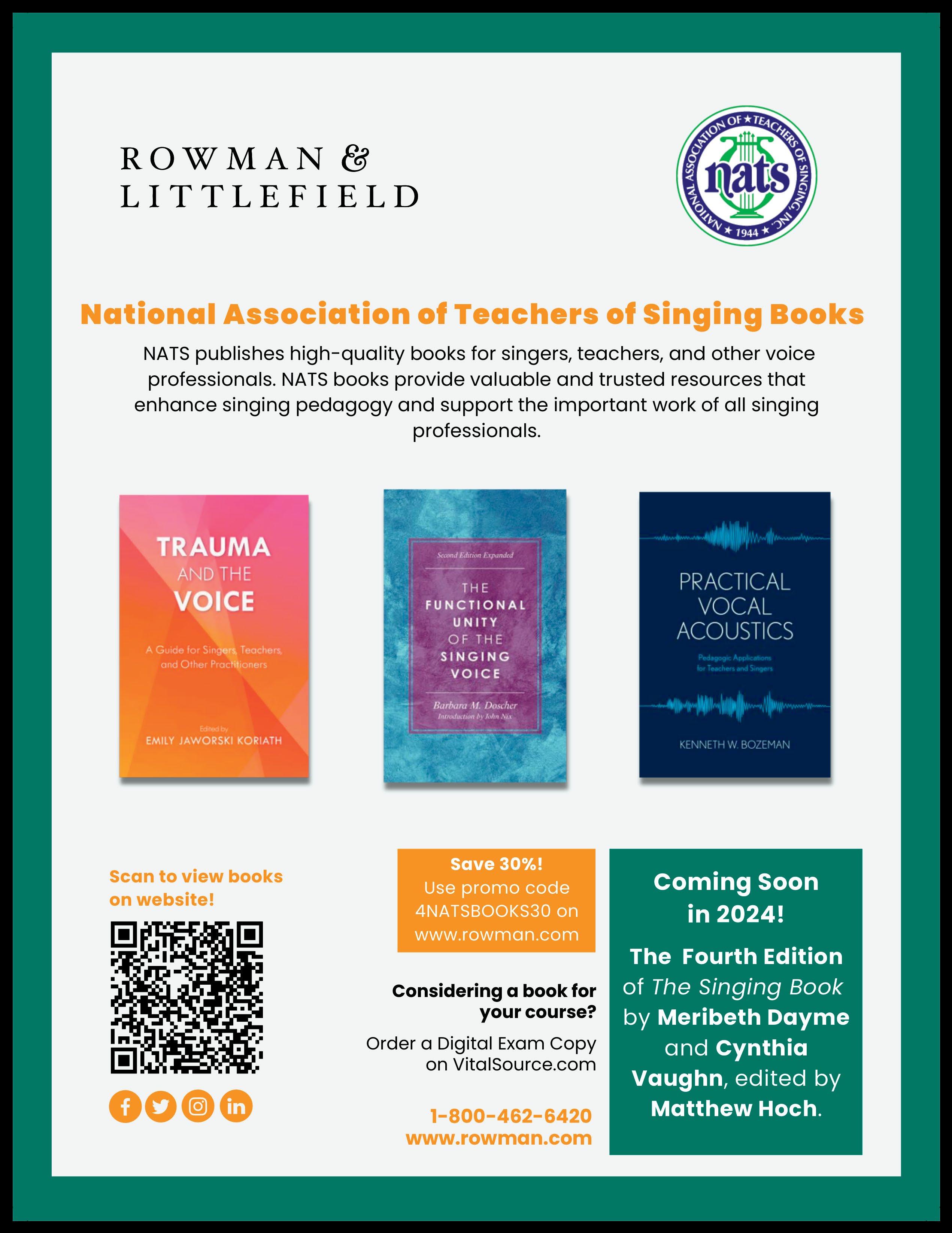


















Ihope your summer was as action-packed as our NATS summer was — if that was your goal. Our NATS Pedagogy Trip to England, NATS Intern Program in Pennsylvania, NATS Board of Directors Meeting in Jacksonville, the first-ever NATS Science-Informed Voice Pedagogy Institute in Utah, and the NATS Summer Workshop in San Diego made for a busy June and July. You will hear about many of these in this issue of Inter Nos
As we move into the fall, there are a flurry of application deadlines for several important initiatives. Please stay attuned to communications from our offices regarding:
• NATS Mentoring Program for Composers
• NATS Artist Awards
• National Musical Theatre Competition
• Van Lawrence Award
• NATS Intern Program
• NATS Art Song Composition Award
This fall also starts the cycle leading to our 2024 NATS National Conference in Knoxville, Tennessee, so we will be seeking applications for the:
• Joan Frey Boytim Independent Teacher Fellowships
• NATS Emerging Leader Awards.
As we look toward Knoxville, we are aware that a number of U.S. states have politicized the educational system, attempted to censor art and freedoms of expression through art and literature, and passed legislation impacting LGBTQ+ citizens and reproductive rights. Tennessee is among them. Nearly half the states in the U.S. have implemented some type of limitations on freedoms and many of these continue to be challenged in court. So, what’s an association to do when faced with such widespread impact? NATS is not alone in grappling with such weighty decisions.
As Executive Director, I, along with our Board of Directors, have a dual responsibility to care for our members and for
VOL.
PUBLISHER
Allen Henderson, Executive Director, allen@nats.org
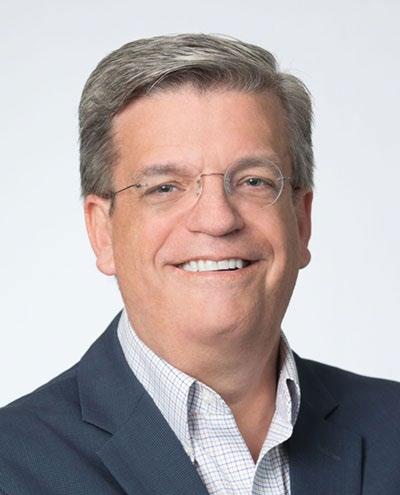
EDITOR
Beth Buchanan, Marketing and Communications Manager beth@nats.org
our organization. After wide-ranging conversations, we have committed to moving forward with our meeting in Knoxville for several reasons.
• Changing venues is a difficult challenge for our small staff given the complexities of an event such as a national conference.
• Our conference planning model results in venues being selected four to six years in advance. Cancelling contracts carries nearly $100,000 in penalties for our event and would severely impact the finances of our association.
Allen Henderson NATS Executive Director• We have a volunteer committee that has been engaged in planning for many years. Many of them served on the 2020 conference committee which became our virtual conference and so have dedicated nearly six years of service to this task.
How might our presence and collective voice as artists make an impact in Knoxville? With the help of our planning committee, we are pursuing a variety of options to show our support for marginalized communities. Some of them are:
• All attendees will be provided a list of LGBTQ+ and BIPOCowned/friendly restaurants throughout Knoxville in support of hospitality workers who disproportionally identify as members of marginalized communities.
• Our programming will highlight our support of marginalized communities with a screening of the award-winning film “Sound of Identity” by filmmaker James Kicklighter who will be in attendance. We will be inviting members of the trans community in Knoxville to attend this important screening for its first viewing in the area.
• We will feature a cabaret performance by award-winning performer Amanda Reckonwith, the alter ego of actorsinger David Sabella.
• Attendees will be given the opportunity to offset their spending in this destination through our partnership
INDEPENDENT TEACHER ASSOCIATE EDITOR
Cynthia Vaughn, cynthiavaughn@icloud.com
ADVERTISING TEAM advertising@nats.org
DESIGN
Carter Publishing Studio
inter nos is the official newsletter of the National Association of Teachers of Singing. It is published two times per year (spring and fall) for all NATS members.
Nurture your career in the arts at North Park.
For more information, contact Erin Matonte
ematonte@northpark.edu
(773) 244-4583 northpark.edu/smat
with Social Offset, a nonprofit that helps event attendees and business travelers offset spending in destinations whose laws do not align with their core values by making it easy to donate to local charities that do.
In the coming months, as we announce the full schedule of conference events and activities, I hope you will be pleased with the ways NATS continues to support, celebrate, and uplift the breadth and depth of our profession. We look forward to celebrating excellence in the singing art as we celebrate the 80th birthday of NATS and music’s ability to uplift individual and collective stories. I hope you will be there to add YOUR voice to the celebration.
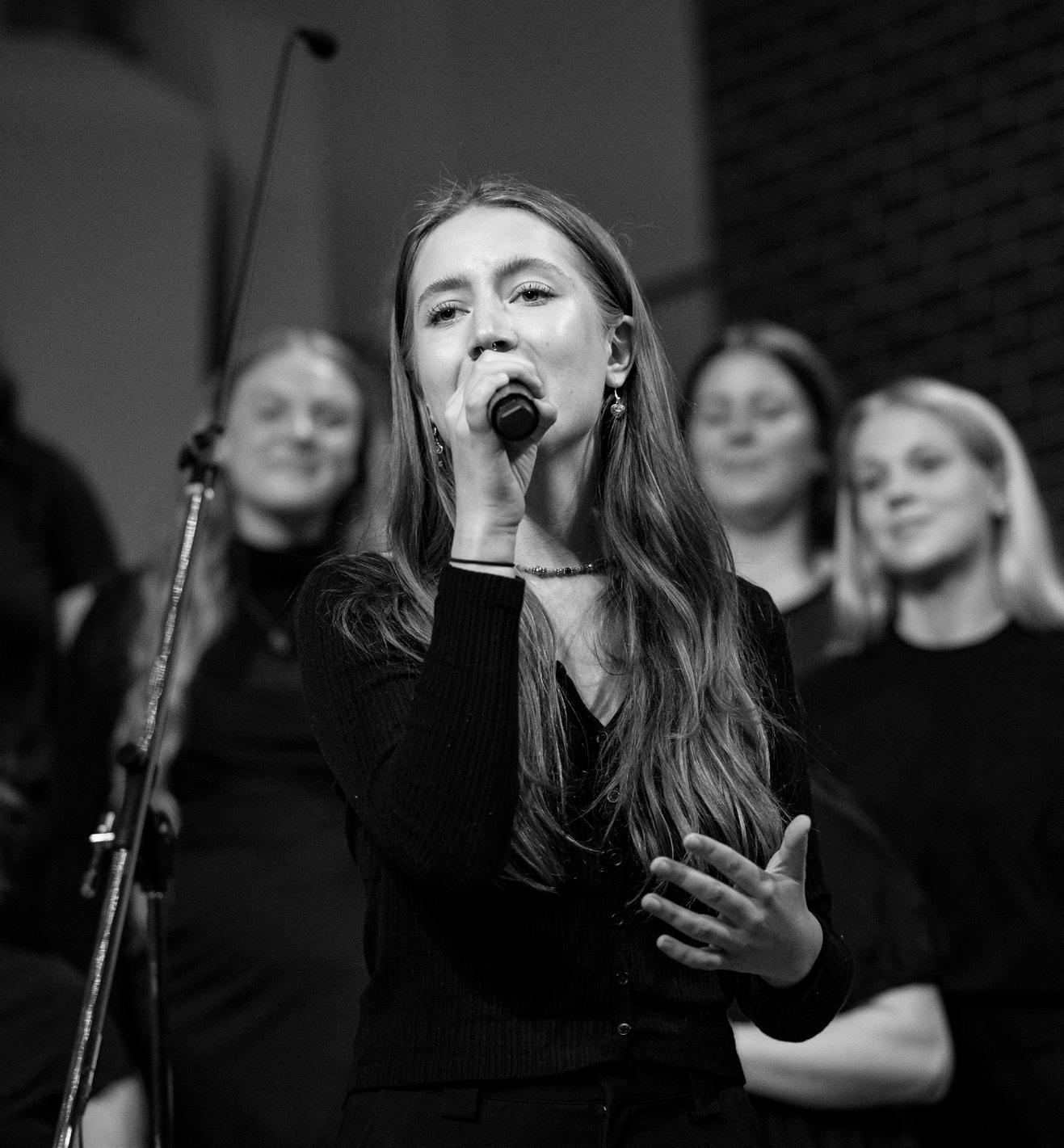
As always, I welcome your comments or response at allen@nats.org
Have you moved, changed your contact information, or your email?
Members: Now is a good time to update your information on NATS.org. Keeping your contact information up-todate ensures that you won’t miss any of our member benefits or upcoming events.

To make updates, log on to your Member Home Page (your email address for NATS correspondence is your Login). Then, click the “My Profile” link on the right.
You also can call the NATS National Office at 904-992-9101 for assistance.
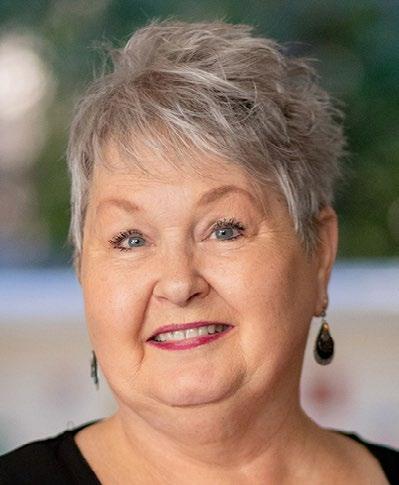
Recently a colleague lamented that they were experiencing imposter syndrome because “everyone is an expert and I’m just a voice teacher.” In this age of information, many voice teachers are finding their own areas of interest and study. They have become niche specialists in topics such as mindfulness, acoustics, voice science, anatomy, SOVTs, tongue-tension release, contemporary microphone styles, mix/belt, rock, scream, diction, repertoire of a specific country, etc. Others focus on business, social media, and marketing for voice teachers. Others have earned certificates and spent years studying or creating a specific vocal method or school of training. Colleagues who have written journal articles and books and created blogs and YouTube channels based on their specialty area frequently present workshops, masterclasses and seminars. It is an exciting time to be a voice professional!
Cynthia Vaughn Associate Editor for Inter Nos CynthiaVaughn@icloud.comIt also can be daunting to feel like you have somehow missed the boat by being good at a lot of things, instead of honing in on one particular skill or area of pedagogy. I don’t consider myself an “expert,” but rather a curious generalist. I picked up the term “Generalist” from my son, who is a video game designer, and “sole dev” who studied game art and design in college but has learned many other related roles and skills on his own to become a “Generalist.” In the gaming world “Generalists are UX (User Experience) designers with a broad number of responsibilities, while Specialists have more depth of knowledge in one kind of design.” (Genís Frigola, “Generalists vs Specialists,” Medium.)
Long after earning my university degrees, I have continued to explore voice-related subjects and practical studio applications. I have a passion for continuing education and for anything that can help my students and me be better singers, performers, teachers, and humans. When I was a young artist in my late 20s and early 30s in New York, I sought a specialist. Doris Yarick Cross was well-known as a teacher of professional level coloratura sopranos. My own voice students, however, required me to be a generalist. I have taught teens, college students, adult avocational choir and community theater singers, senior adults, professional performers, choir directors, and voice teachers.
“I like to imagine a carpenter’s apron with many, many pockets and tools. Everything I have learned about singing and teaching singing that I think will be helpful goes into a pocket — for now or later.”

I like to imagine a carpenter’s apron with many, many pockets and tools. Everything I have learned about singing and teaching singing that I think will be helpful goes into a pocket — for now or later. Occasionally, I clean out the pockets, much like cleaning out lint and old tissues from a real pocket. Ideas that are outdated are replaced by current knowledge or sensibilities. If we are to truly teach the student in front of us, we need to approach each singer as a unique person with their own skills, challenges, dreams, and baggage. Though we as teachers may have a basic core approach to our teaching, different students need different things. A curious generalist learns, plays, tries new things, and is never afraid to say, “I don’t know. Let me think about that…” or “I don’t know, but I know someone who is a specialist in that area, and I’ll ask them!”
If you enjoy teaching students of various ages, skill levels, styles, and interests, embrace being a curious generalist. National
Association of Teachers of Singing offers countless ways to fill your teaching pockets with resources and knowledge through NATS conferences, workshops, and international pedagogy tours, by reading NATS publications, and by accessing the NATS Live Learning Center and NATS IDEA Toolkit.
For the “Independent Voices” articles in this issue of Inter Nos, Marisa Gray Atha tells how she, as a busy independent studio owner and parent, makes time for her own learning and discovery. Toni Crowder and co-author Denise Ritter Bernardini share ideas for creating a mindful independent studio and Kim Woycke tells of coming up with a way to flip pre-show week lessons for students’ wellness. Jessica Saunders tells how she collaborated with composer Lisa Nehers to create new “tailor made” songs that her students debuted. Finally, Garry Froese writes about the importance of music, singing and community for older adults as he spotlights dementia friendly choirs.
If you have ideas to share with independent studio teachers, contact me on Facebook Messenger or by email at CynthiaVaughn@icloud.com Fill those pockets with learning and community!
Cynthia Vaughn, associate editor for Independent Voices, has been a proud NATS member since 1983. She has been active in leadership at the chapter and region levels, and she was an invited master teacher for the 2020 NATS Intern Program (postponed to 2021 due to COVID). Before moving to Norfolk Virginia in 2022, Vaughn retired from Magnolia Music Studio, the multi-teacher studio she founded and directed in Colorado and Washington from 2008 to 2022. Previously, she was on the voice faculty of Colorado State University, and Art Connects International. Vaughn and the late Meribeth Dayme, PhD, co-authored three editions of “The Singing Book,” a leading college voice class textbook/anthology. The new 20th Anniversary 4th edition will be available February 2024 by Rowman & Littlefield.
Application Deadline: Nov. 15, 2023
The Van L. Lawrence Fellowship was created to honor Van L. Lawrence, M.D. for his outstanding contribution to voice, and particularly to recognize the importance of the interdisciplinary education he fostered among laryngologists and singing teachers. The Fellowship is a joint award from the Voice Foundation and the Foundation Heritage Fund of the NATS Endowment.
Candidates for the Van L. Lawrence Fellowship shall be:
1. A member of the National Association of Teachers of Singing who is actively engaged in teaching.
2. The Fellowship shall be awarded to candidates who have demonstrated excellence in their professions as singing teachers, and who have shown interest in and knowledge of voice science.
Members of NATS wishing to apply for the fellowship should write a letter of intent to The Voice Foundation along with your CV — combined into one PDF. Include the area and methods of your proposed study plan. E-mail: office@voicefoundation.org
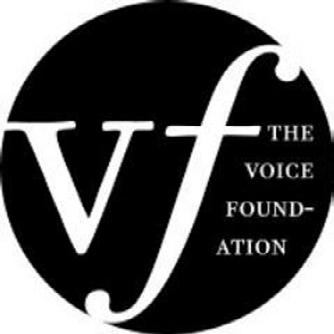
a. Current application of scientific knowledge in the studio;
b. The area of intended study and/or research project and the study plan and methods;
c. How the Fellowship and research project will benefit your teaching;
d. NATS Chapter to which you belong;
e. A detailed curriculum vita.
The fellowship will be awarded at the next Symposium: Care of the Professional Voice May 29–June 2, 2024, in Philadelphia
Foundation Heritage Fund of the NATS Endowment
For more information, contact The Voice Foundation at 215-735-7999 or email office@voicefoundation.org. Visit nats.org for complete application instructions.
NATS held the final rounds of 2023 National Student Auditions (NSA) on July 7–8, in conjunction with the NATS Summer Workshop at San Diego State University.
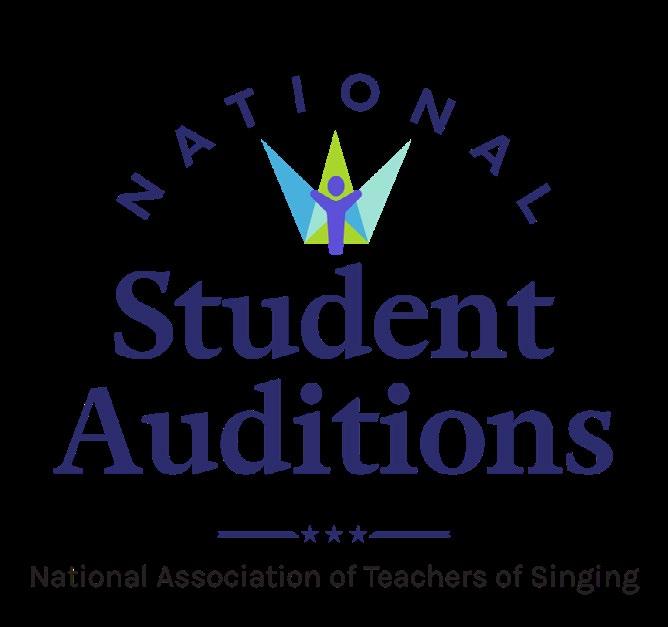
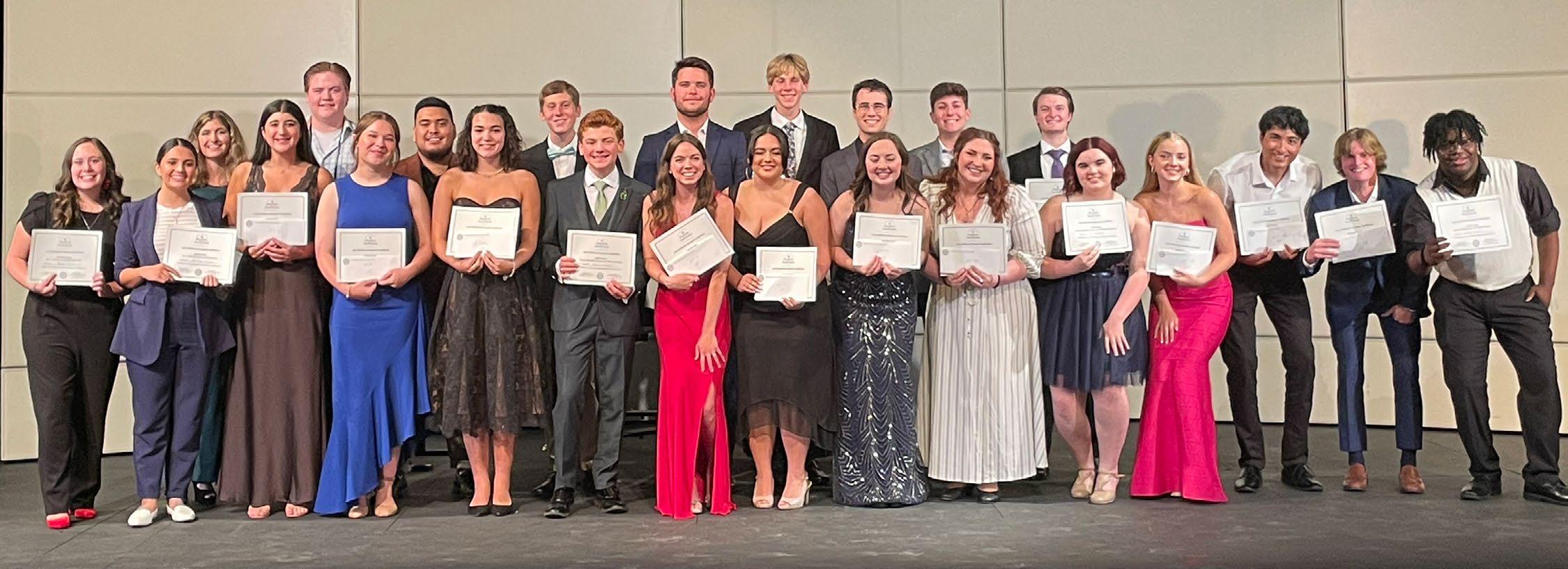
Musical theatre categories were held Friday, July 7, and the classical and American Negro Spirituals categories were held Saturday, July 8.
NATS invited finalists from each of this year’s 21 NSA categories to take part in the 2023 national final round. The top 3 semifinalist singers from each category advanced to the national final round. More than 300 top young vocalists from the around the world advanced to the semifinal rounds, with 63 participating in the final rounds. In total, winners received more than $44,000 in prizes this year.
This year’s NSA categories included the American Negro Spirituals categories since it is an odd-numbered year (or nonconference year), alternating with the Hall Johnson Spiritual Competition in evennumbered years (conference years).
Sponsors include: First place in the High School American Negro Spiritual
category is presented by the NATS North Carolina Chapter. First place in the 1st-3rd Year Post High School American Negro Spiritual category is presented in honor of Sr. Thea Bowman by Dan Johnson-Wilmot. First place in the 4th/5th Year Post High School American Negro Spiritual category is presented by the American Spiritual Ensemble (Dr. Everett McCorvey, Director).
New this year was the addition of the Roberta M. Stephen Memorial Scholarship, in honor of the founder of the first Canadian NATS chapter. This award was presented to singer Erin Lee for an outstanding performance of a Canadian art song in the college-age categories.
The Dorothy Sawatski Prize was awarded to this year’s first place of the lower classical treble voice category, Poppy Teague. NATS member and former member of the NATS Board of Directors, Nita Herrick-Colpitts, again provided the prize in honor of her teacher Dorothy Sawatski who was a charter member of NATS Southern Region and served as its region governor for several years.
Staff collaborative pianists for 2023 were Sarah Amos and Suzanne Shick.
Final Rounds adjudicators for 2023 were Diana Allan, Carole Blankenship and Alexis Davis-Hazell.
NSA Auditions Team for 2023 included Alisa Belflower, Mark McQuade and Dan Johnson-Wilmot.
Special thanks to all NSA coordinators, NSA committee and subcommittee members, adjudicators at all levels, NATS donors, San Diego State University, collaborative pianists, and to all of the NATS members and student singers.
Congratulations to all for another great year of NSA!
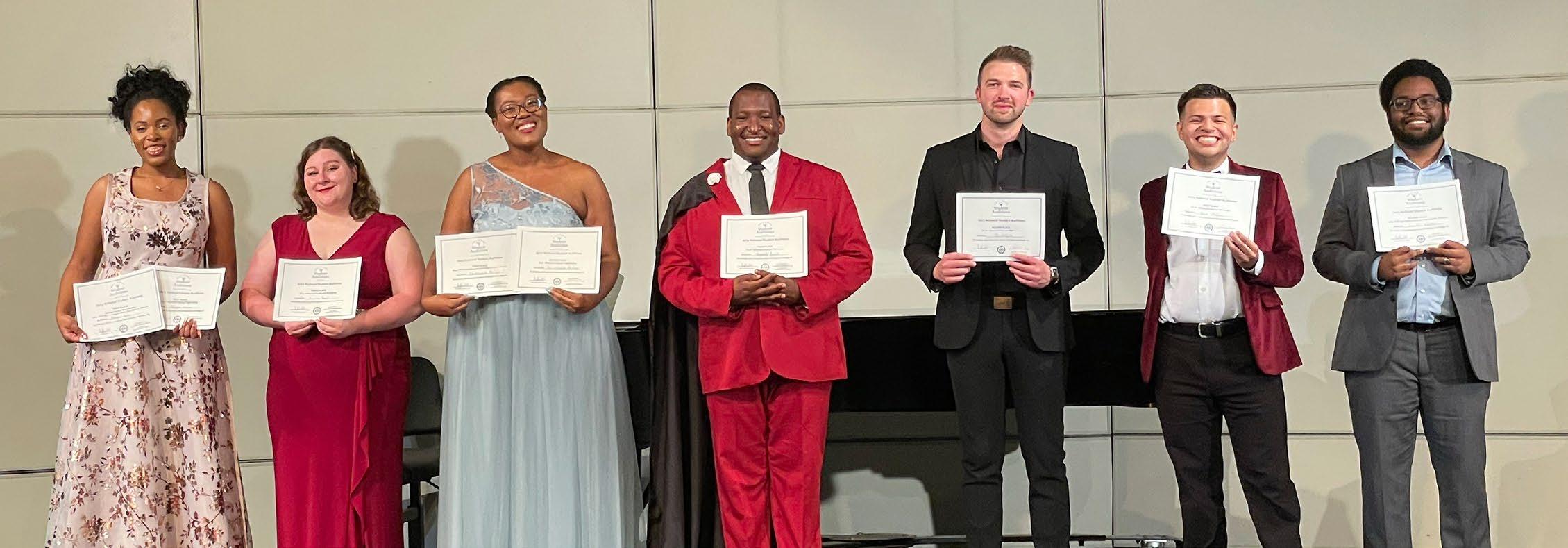
2023 winners of Classical and American Negro Spirituals NSA Categories

Outstanding performance of
* The Roberta M. Stephen Memorial Scholarship is awarded at the National Association of Teachers of Singing (NATS) National Student Auditions (NSAs) for an outstanding performance of a Canadian art song in the college-age classical categories. Named for the founder of the first Canadian NATS chapter, Roberta M. Stephen was part of a musical family from Southern Alberta. She held degrees from the University of North Texas and University of Calgary. Stephen’s students were consistent award winners at the local, provincial, and national levels and many former students teach and perform professionally. To learn more about this award, please visit the NATS website and consider programing works by Canadian Composers in the future.
† 1st place in the HS American Negro Spiritual Category presented by the North Carolina Chapter.
‡ Dorothy Sawatski Prize for first place in the Lower Classical Treble Voice category is given by NATS member and former member of the NATS Board of Directors, Nita Herrick-Colpitts, in honor of her teacher Dorothy Sawatski. Professor Sawatski was a charter member of NATS Southern Region and served as its Region Governor for several years. She was also the national Vice President for Workshops, National Convention Chair, and Program Chair. Professor Sawatski taught for over 50 years and was the founder of the University of Arkansas, Little Rock programs in voice, opera, and musical theatre.
§ 1st place in the 1st-3rd year American Negro Spiritual Category is presented in Honor of Sister Thea Bowman by Dan Johnson-Wilmot. Dan is here to share a little about Sister Thea Bowman.
** American Spiritual Ensemble Prize for 1st place in the Upper/Advanced American Negro Spiritual Category, presented by the American Spiritual Ensemble (Dr. Everett McCorvey, Director).
The excitement continues with a national round of competition and prizes at the NATS National Conference in Knoxville, Tennessee, June 28 – July 2, 2024.
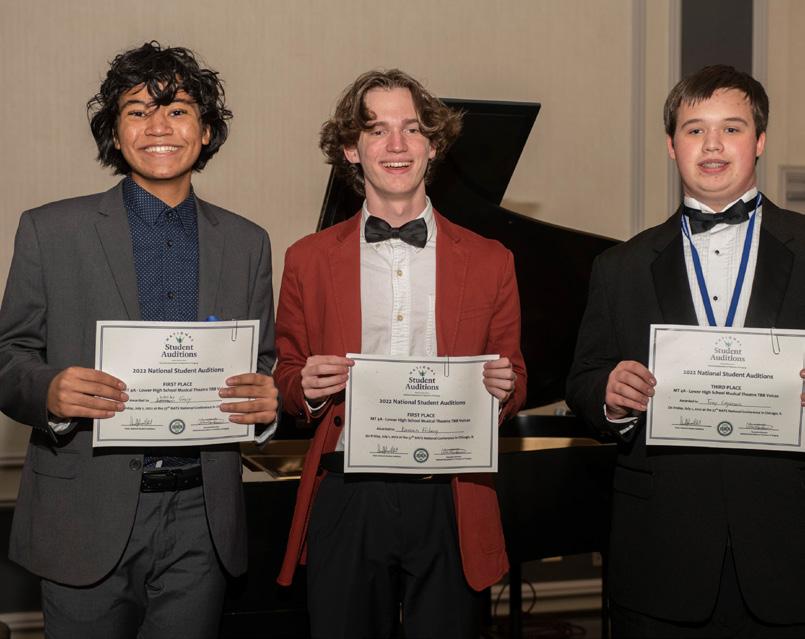
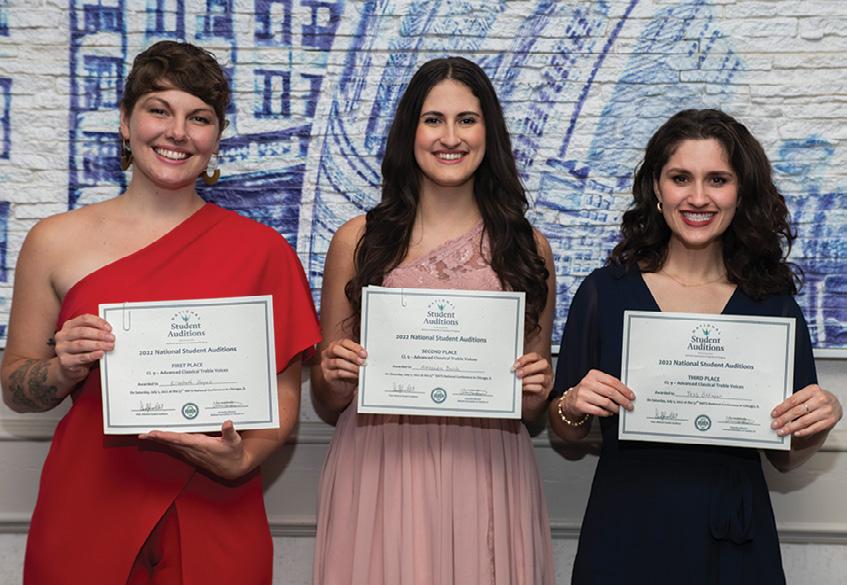
REGION – PRELIMINARY ROUNDS
Audition in YOUR Regional Event. Five singers from each regional category with a national category equivalent will advance to National Online Screening.
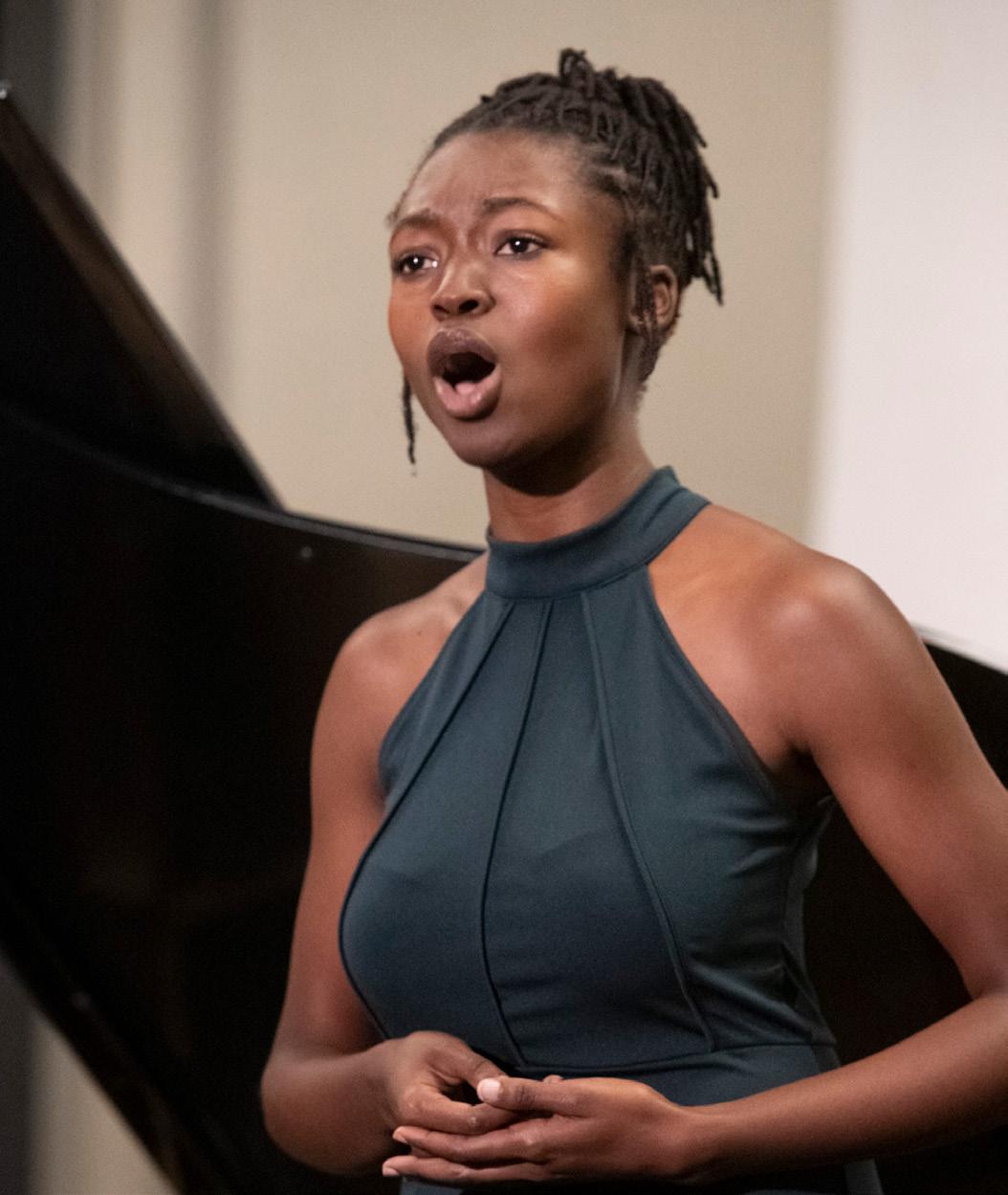
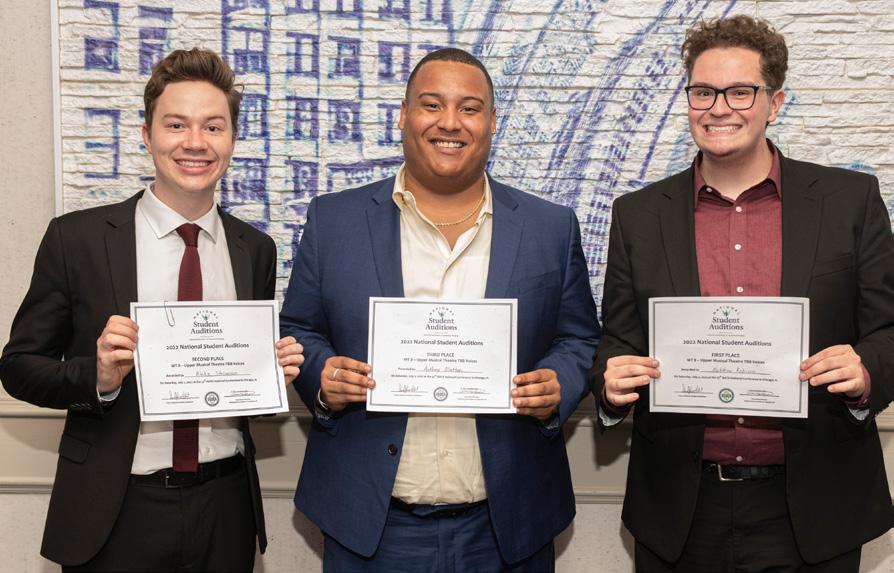
NATIONAL ONLINE SCREENING
Friday, April 12, 2024 - Deadline for online digital submissions.
SEMIFINAL AND FINAL ROUNDS
Top three singers from each category advance to final round.
1st, 2nd, and 3rd place winners receive prize money.
All singers ages 30 and younger as of your regional audition date (no lower-age limit).
TOTAL PRIZES: MORE THAN $85,000
– NEW –FOR 2023–2024!
Expanded categories for more ages and genres. See NATS.org for full details.
FIRST PLACE, SECOND PLACE and THIRD PLACE prizes will be awarded in each category.
See complete rules, regulations, and repertoire information at nats.org
REQUIREMENTS - The work must be:
(1) a song cycle, group of songs, or extended song between 13 and 25 minutes in length. Genres other than the classical “art song” are discouraged.
(2) composed for single voice and single acoustic instrument (solo instruments other than piano as the collaborative instrument will be accepted).
(3) English (or English translation), either in the public domain* or for which the composer has secured appropriate permission.
(4) composed within the past 2 years (after January 1, 2022).
ENTRY FEE - $30 for professionals; $15 for full-time students each entry (payable in U.S. funds to NATS).
ENTRY DATES - June 1, 2023 through December 1, 2023.
ELIGIBILITY - Open to anyone meeting prescribed requirements.
PROCEDURE - All applications must be submitted electronically via www.nats.org. Please read the complete details posted on the NATS website. The following are required materials for entry:
(1) A PDF copy of the song score(s). Copies must be legible and should include composition title; poet’s (or poets’) name(s); public domain status or information regarding permission; length and date of composition. THE COMPOSER’S NAME MUST NOT APPEAR ANYWHERE ON THE SCORE.
(2) Digital audio file(s) of the composition(s).
(3) Recordings must be of the highest quality possible (performance or working).
(4) The title of the composition should be the only labeling on the recording(s).
(5) The song order on the recordings must match the song order of the scores.
$2,000
PLUS the composer’s expenses to the NATS 58th National Conference in Knoxville, TN, 2024, where the performance of the winning composition will be given.
$1,000
Cash prizes generously sponsored by composer Lori Laitman
NATS reserves a non-exclusive right to sponsor performances of the winning work for two years without additional remuneration to the composer.
* For U.S. publications, a summary of works in the public domain is available on NATS.org
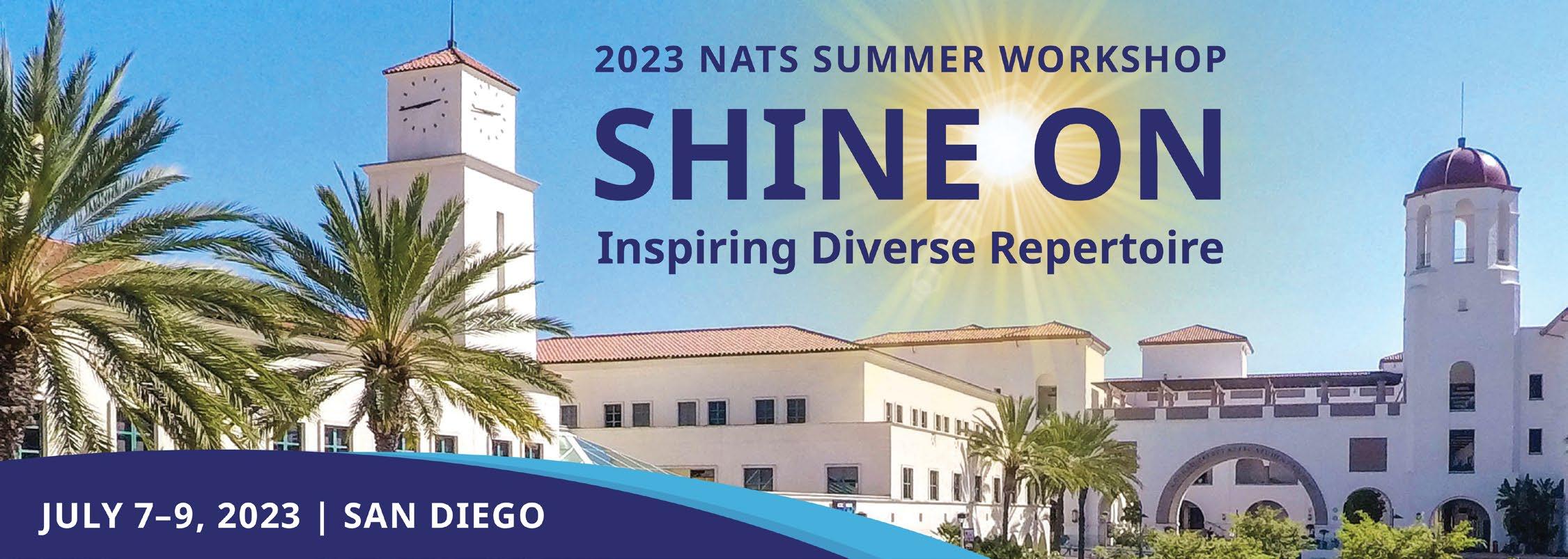 By DeMar Neal, VP of Workshops
By DeMar Neal, VP of Workshops
After our 2023 Winter Workshop on technology and teaching, we returned to the realm of repertoire to explore even more diverse avenues for song in sunny San Diego from July 7–9, 2023 with our Summer Workshop — Shine On: Inspiring Diverse Repertoire.
Held at the San Diego State University School of Music and Dance, Melissa Foster opened the workshop with a fascinating session exploring the cultural, historical, and vocal pedagogical pillars of pop/rock entitled “Singing Pop/Rock: The Foundation of Style.” After this session, San-ky Kim lectured on and coached a variety of aspects associated with Korean art song. After a lunch break, Alexis Davis-Hazell and Rosalyn Wright Floyd presented “Uncommon Gems: Classically Arranged American Negro Spirituals,” which explored less common, yet accessible arrangements by modern and living composers. The first day concluded with a session by Isaí Jesse Muñoz, who surveyed a wide variety of Catalan Art Songs of the 20th and 21st centuries.
The second day began again with Melissa Foster, who led a session based on the pedagogy and history of hip hop, with particular attention paid to the rap and R&B genres. This was followed by Keely Philips-Carter, whose session “So You Need a Song For ____” focused on identifying ideal musical theatre songs for various auditions. Alexis Davis-Hazell and Rosalyn
Wright Floyd returned after the lunch break for an interactive master class centered on “The Art Song Heritage of American Negro Spirituals.” The second day ended again with Isaí Jesse Muñoz, who delivered a stirring lecture on the “Living Composers of Latin American Art Song.”
The third and final day began with the first of two sessions by Colin Levin. In the morning, he provided a fascinating overview of “The Foundational Nordic Vocal Literature Repertory.” Keely Philips-Carter returned for her second session identifying hidden repertoire gems in “The Flops, the Forgotten, & the “Fly by Night”: Exploring Musical Theatre Rep.” Colin Levin also returned to close the workshop with his interactive session “An Introduction to the Repertory and IPA of Iceland.”
As always, I am humbled and honored to work with such a talented team of colleagues and volunteers. Special thanks must be given to our wonderful site host and liaison Travis Sherwood, whose work behind the scenes ensured a smooth event. As always, Blake from EGAMI AVI deserves praise for his video editing of sessions that are uploaded to the NATS Live Learning Center. And finally, I am sincerely appreciative of the untiring efforts of our NATS staff, including Tina, Allen, Beth, and Karen, who put in countless hours to make sure the workshop was successful.
Embark on a transformative journey through the captivating realm of collaboration across classical, jazz, musical theatre and commercial music. Our exceptional lineup of musicians, insiders, and visionary collaborators will share their stories and strategies, empowering you to build connections and thrive in the ever-evolving music industry. PLUS, see collaboration in action at the semifinals and finals of NMTC and NATSAA!
See all presenters at nats.org
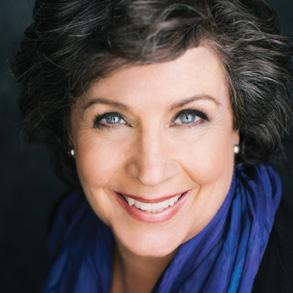
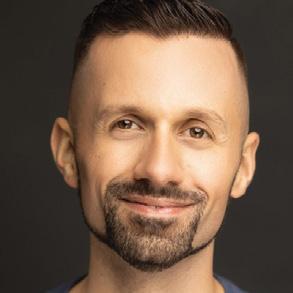
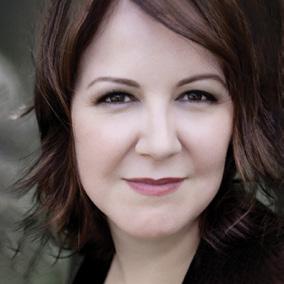
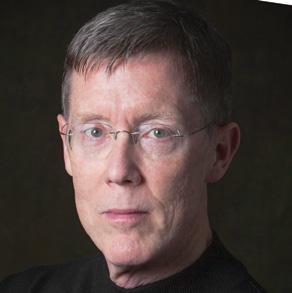
Early-bird deadline: Nov. 15, 2023 | $249 NATS member rate ($299 after Nov. 15)
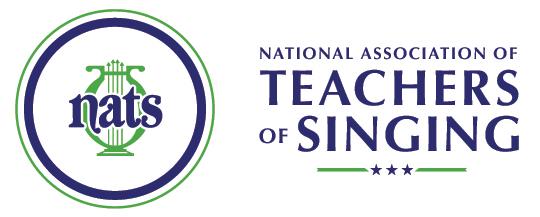
Carole Blankenship, Director of the NATS Intern Program Marcía Porter, Site Host | Tana Field, Literature Liaison
The NATS Intern Program is an exciting and innovative venture that seeks to pair experienced and recognized master teachers with talented early career members of NATS. We invite both independent and academic voice teachers and collaborative pianists to apply. Each voice intern teaches lessons to two students and performs in master classes under the supervision of a master teacher. Collaborative piano interns accompany lessons, master classes, and other sessions as appropriate, and coach students under the supervision of the collaborative piano master teacher.
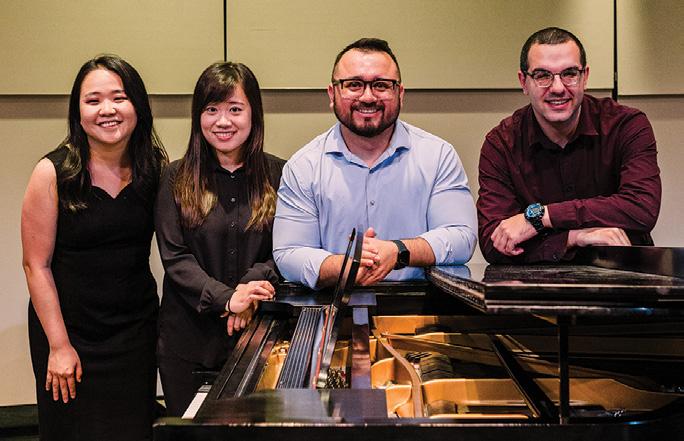
VOICE
• Alfonse Anderson (University of Nevada, Las Vegas)
• Melissa Foster (Northwestern University)
• Mike Ruckles (Mike Ruckles Voice Studio)
• Louise Toppin (University of Michigan)
COLLABORATIVE PIANO
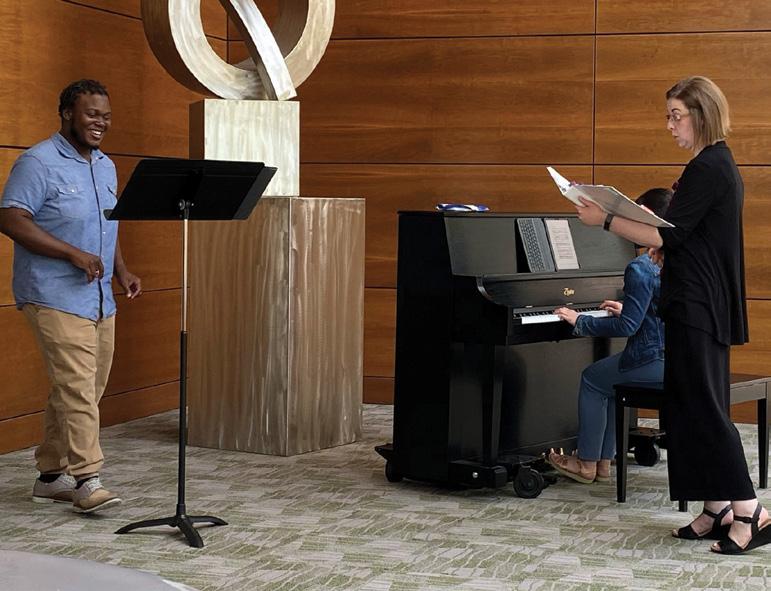
• Donna Loewy (University of Cincinnati College-Conservatory of Music)
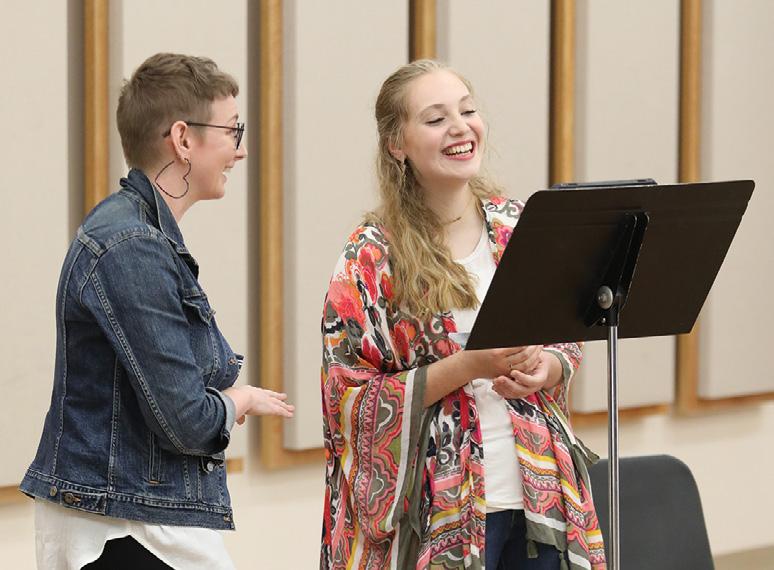
A voice applicant must be a Full or Associate member of NATS in good standing with no more than five years of full-time teaching or the parttime equivalent. Working as a graduate teaching assistant does not count towards the five-year limit. Holding a master’s degree or higher is preferable but not required. A collaborative piano applicant does not have to be a NATS member (although preference is given to those who are), but membership is required if accepted into the program. Applicants should be at the beginning of their careers with no more than approximately five years of full-time collaborative work/teaching/coaching or the part-time equivalent.
Complete the application form online at NATS.org, which will include (1) the upload of a resume and headshot. (2) Two letters of reference (solicited and collected electronically during the application process). (3) A brief statement addressing the applicant’s teaching philosophy/philosophy of collaborative work with singers, and motivation for participating in the program. (4) Web links to performance recordings, and (5) web links to video recordings of a sample lesson or coaching.
Applicants must apply online nats.org
Deadline: Dec. 15, 2023
Testimonials from recent interns: “This was an unforgettable experience and I am forever grateful to NATS and the NATS Intern Program! I will cherish everything I have gained from this experience for the rest of my career. Thank you, thank you, thank you!!!”
“I am so grateful to NATS for creating this program. It has been an incredible, heart and soul filling experience. I have made friends and colleagues for life from this event.”
“Just thank you. I feel incredibly grateful and humbled to now include myself among the NATS interns. I learned so much . . . I feel like I am still processing the knowledge gained, and the relationships formed will last a lifetime.”

Our mornings in the NATS Intern Program began by joining our cohort of fellow interns and master teachers to observe one another in our voice teaching element. Each intern was assigned two students to instruct throughout the week. After our observations and teaching, we joined our master teacher for lunch and debriefed the lessons from that morning. Our master teacher provided feedback and answered questions about our pedagogy, students, and observations. Afternoons explored a broad range of presentations by both the interns and master teachers, coachings in a variety of languages and styles, and masterclasses led by our mentors. After the week, our students showcased their hard work in a final recital.
The learning environment during the program was phenomenally collaborative and genuinely kind. Each intern had experience and questions from a broad set of pedagogic training that generated lively discussions and the constant sharing of ideas. The teachers simultaneously challenged us with kindness to try (and do) more in our teaching and step out of our comfort zone with something novel. When things didn’t go as planned, each teacher used what could have been a painful moment of failure to instead learn from our mistakes and try again.
The NATS Intern Program shares and celebrates pedagogical concepts spanning several genres and styles, informing participants of where they intersect and apply to successful teaching. As the next generation of teachers prepares themselves to lead the field, this program will continue to be an asset. They and those they teach will reap the benefits of understanding the broad spectrum of vocal opportunities available in our current artistic landscape, enhancing their ability to succeed at every level of the profession.
■ Many remarkable aspects of this program come to mind as I reflect on our time together at West Chester University. I will cherish the lunchtime meetings with my master teacher, Lorna MacDonald, and my fellow interns, Olivia Yokers and Ju Hyeon Han, for the rest of my teaching career. I now have pages of valuable notes that I am already applying in
Editor’s Note: The 2023 NATS Intern Program was held May 30–June 9, 2023 at West Chester University, West Chester, Pennsylvania, with 16 interns. The 2023 voice master teachers included: Cindy Dewey (Utah State University), Lorna MacDonald (University of Toronto), Trineice Robinson-Martin (Soul Ingredients Voice Studio), and Nathan Gunn (University of Illinois), and Julie Gunn (University of Illinois) was the collaborative piano master teacher.
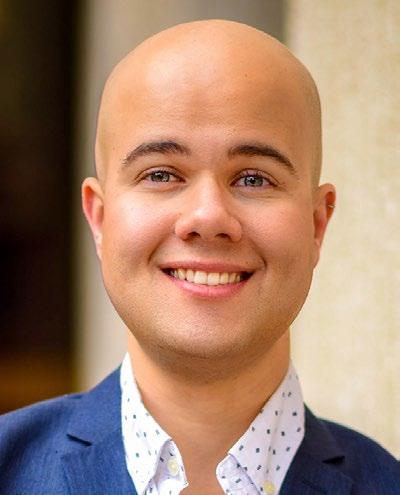
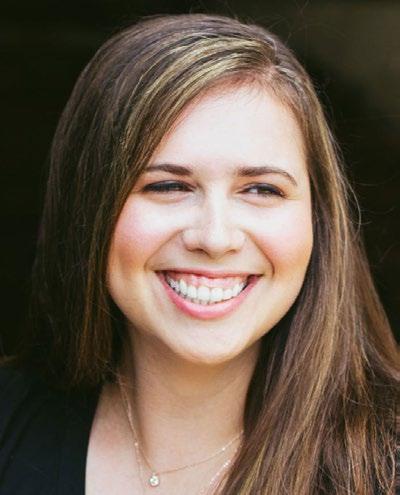
my voice studio! I especially enjoyed the coaching sessions led by Dr. Julie Gunn. A particular highlight of those sessions was stepping out of the classical realm and singing “They Say It’s Wonderful” from “Annie Get Your Gun!” — Laura Pritchard
■ My time as the NATS Intern was a beautiful culmination of innumerable ideas and practices to take with me in my teaching for the rest of my life. I filled an entire notebook with observations, things to borrow and try on my own, and questions about how I wanted to shape my pedagogy and philosophy of teaching after the experience. Each experience challenged assumptions and encouraged me to reassess what I was doing and why I was doing it. I am intensely grateful to my students for their time and flexibility and for the questions they asked! My beautifully supportive cohort (Evan Bravos and Cayla Rosché) and master teacher, Cindy Dewey, made me feel like a family from our first walk to lunch together. — Paul
Patinka■ It was incredibly refreshing to be surrounded by so many colleagues united in purpose to celebrate and explore the wide world of teaching. The interns and master teachers brought diverse knowledge to the program, and I genuinely enjoyed my time with each participant. Another highlight was the inclusive atmosphere that always felt like a comfortable space where we could ask and answer questions based on our experiences. I was wonderfully surprised at how artistically fed I felt, even though our primary focus was pedagogical. —
Will Perkins Ju Hyeon Hanintern. From presentation slides to navigating the enormous West Chester University campus, there was always someone to assist. Last but not least, I must mention how much I appreciated everyone’s respect and love for my guide dog, Giada. It was made very clear to me from the beginning that Giada was accepted as part of the 2023 internship family, and it meant a lot to me to have her be so adored by everyone. —
Ju Hyeon Han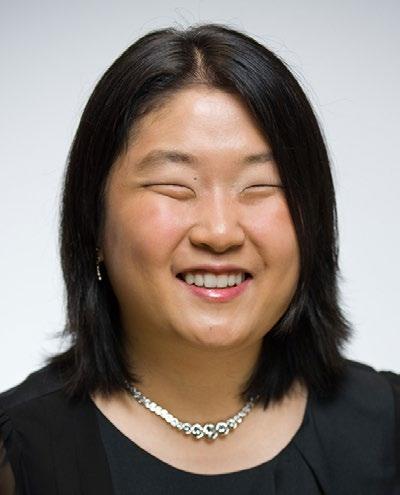 Will Perkins
Will Perkins
■ My favorite moments of the 2023 NATS internship program were the hours I spent with my cohort at lunch. Our master teacher, Lorna MacDonald, gave us beautifully detailed feedback on our teaching, and with her guidance and with the support of my fellow interns, I had so much to reflect upon that each day I came away from our lunchtime sessions buzzing with new ideas and excited for the next day’s teaching. Another highlight for me was how considerate everyone was in meeting my access needs as a totally blind
We wish to express our sincere thanks to all who have made and continue to make the Intern Program a success and encourage eligible participants to apply for this opportunity. The generosity of donors who provided funding resources; authors, publishers, and composers who shared copies of music and reference books; and West Chester University immensely enhanced our experience. This entire experience was aweinspiring, profoundly life-changing, and like a young artist program with the best of grad school wrapped into one. We are intensely grateful to NATS for making this possible for the current and future generations of singing teachers!
Volunteers needed for the 58th National Conference
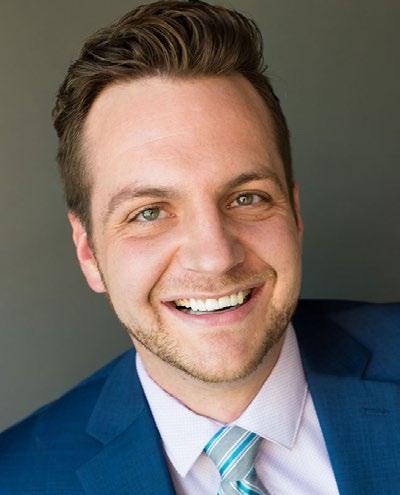
Please make plans now to help support the NATS 58th National Conference, June 28 – July 2, 2024 in Knoxville, by giving a gift of time and volunteering to help with registration, session support, ticket staffing, being a Welcome Ambassador, or volunteer support staff member. Any gift of time will be greatly appreciated and will ensure that you are an important part of this wonderful event.
For more information, e-mail us or call our office at 904-992-9101.
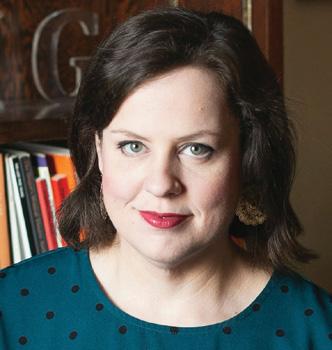
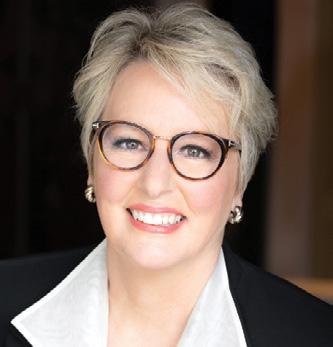
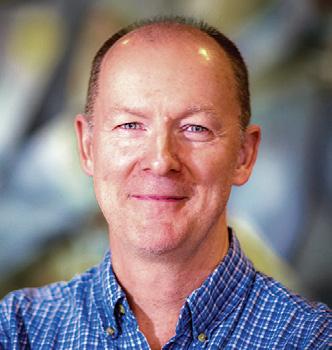
Utah

◾ UNDERSTAND the pillars of voice science: physiology, vocal tract acoustics, and cognition.
◾ LEARN how to apply science-informed voice pedagogy resources in your teaching
◾ REFRESH your pedagogy course content
◾ ALIGN your courses with the NATS science-informed pedagogy resources
◾ RECEIVE mentoring in classroom pedagogy teaching
◾ NETWORK with other teachers in the field
University LEARN MORE NATS.ORG
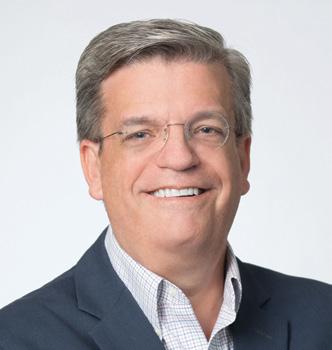 LYNN HELDING JOHN NIX AMELIA ROLLINGS BIGLER
ALLEN HENDERSON
LED BY FEATURED CLINICIANS
LYNN HELDING JOHN NIX AMELIA ROLLINGS BIGLER
ALLEN HENDERSON
LED BY FEATURED CLINICIANS
(6-7 P.M. CT; 5-6 P.M. MT; 4-5 P.M. PT)
*Unless otherwise noted
NATS Chat invites guests to discuss various topics in an online webinar. Sessions are often held the second Sunday of each month of the academic year. The host and coordinator for NATS Chat is Kari Ragan. The 2023/24 NATS Chat season is generously sponsored by Inside View Press
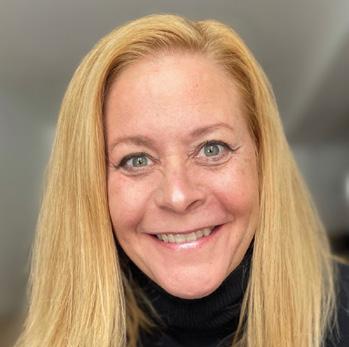
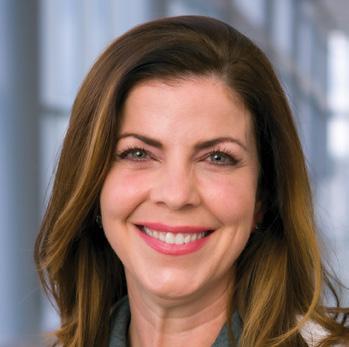
Practicing Curiosity
Featuring Ian Howell
Modern voice teaching can pull people in multiple directions. It is easy to imagine you must either gain command of an impossible amount of information or double down to argue that excellence means pursuing a limited (and likely specific) skill set. In his career as a performer and teacher, Ian Howell has always pushed the value of cultivating and practicing curiosity, expanding knowledge, and applying it in as wide a range of contexts as possible. In this NATS Chat, we will cover several topics, including an update to the state of online teaching, training functional listening skills, and his thoughts on the current perception that teachers and singers must prize either application, or theory and research.
Your Best 16 Bars: Developing Successful Tools for Auditions
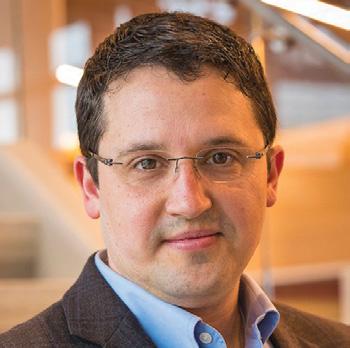
Featuring Laura Josepher and David Sisco
It can be challenging for voice teachers to know how to adequately prepare a student for an audition. There are so many different kinds of auditions (collegiate, regional, new works) and each has their own specific challenges. Voice teacher and vocal coach David Sisco (NYU Steinhardt) and director and acting coach Laura Josepher will discuss how to find and prepare audition repertoire that showcases a student’s essence as a performer. They also will outline how auditions have recently evolved and why this is providing an opportunity for performers of all intersections of identity to fully embody their material.
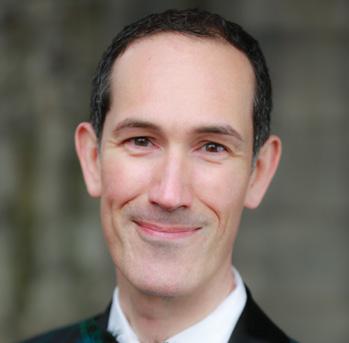

Featuring Lesley Childs, MD Dr. Lesley Childs brings a wealth of knowledge to the care of the professional voice as the Professional Voice Medical Director at the Clinical Center for Voice Care, University of Texas Southwestern Medical Center in Dallas. We will discuss “all things vocal health,” which will include insights and expectations from her research into the profile of singers with injured voices.
The Mindfulness of Singing: Bringing Ancient Practices Together for a Breakthrough Experience!
Featuring Toni Crowder and Denise Bernardini
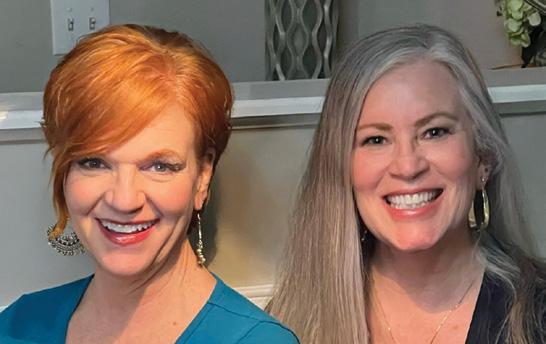
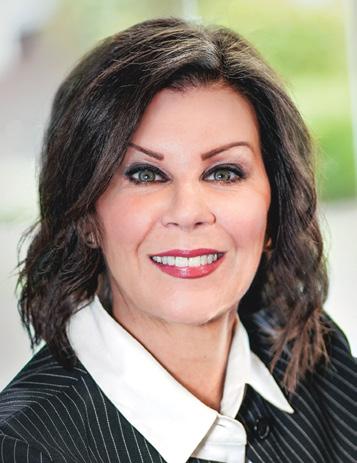
Mindfulness and singing are two ancient practices that have addressed the body differently. When you bring The Mindfulness of Singing into the studio, there is a focus on “the inside out” first, allowing students to connect with their somatic sensations and bringing body awareness with greater focus. Once they are “tuned in” and have harmonized their own mind, body, and spirit, self-discovery becomes a powerful catharsis for moving students toward their desired goals. The Mindfulness of Singing process is an excellent tool that helps students achieve awareness in singing and in life.
Register and view schedule at NATS.org. Watch past chats on the @OfficialNATS YouTube channel.

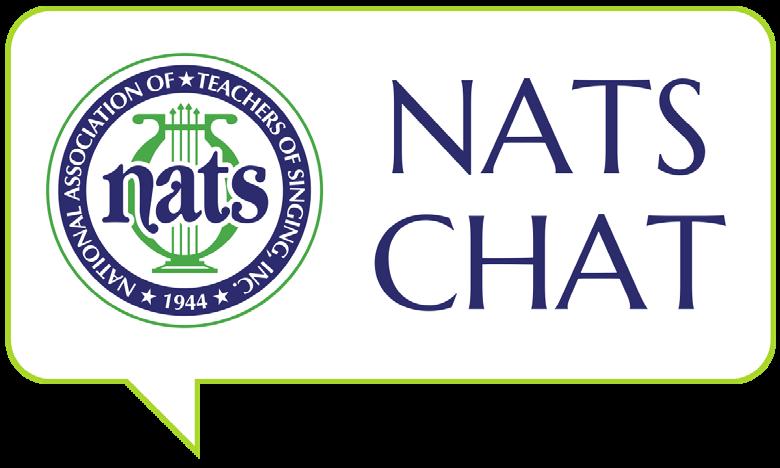
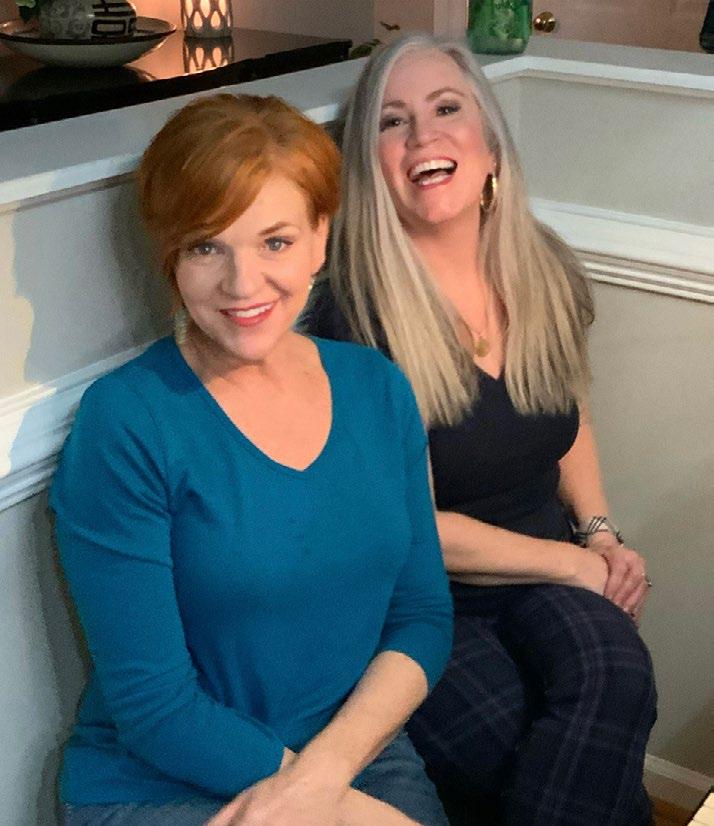
Have you ever met someone who had a negative or painful experience in a voice lesson? Anyone who has taught private lessons has undoubtedly heard plenty of horror stories of abusive teacher-student relationships. Likewise, many voice teachers can share negative experiences from their training. Unfortunately, some traumatic teaching styles get handed down from one teacher to another. Unless the teacher brings awareness to their teaching style, they may inadvertently pass on negative experiences to their students. A mindfulness practice for the teacher and the student can make a tremendous difference in breaking this cycle.
There are many excellent reasons to stop and analyze if you create a mindful studio. However, first, let us address why mindfulness in the studio is more important than ever. Between COVID and social media, today’s singers face the perfect storm for becoming more anxious, highly sensitive, and often fragile students.
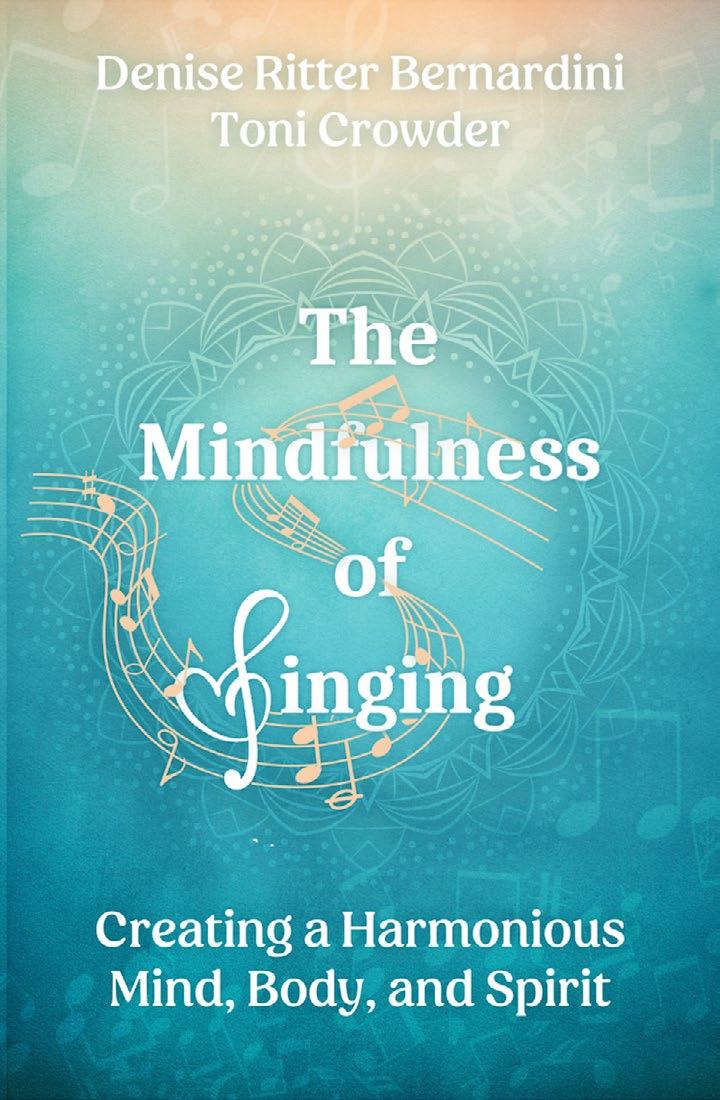
In 2020, a survey of 1,000 parents around the country was facilitated by the Ann & Robert H. Lurie Children’s Hospital of Chicago. Out of those participants, 71% of parents reported that the pandemic had affected their child’s mental health; 69% said the pandemic was the worst thing to happen to their child. In addition, a national survey of 3,300 high schoolers conducted in the spring of 2020 found that nearly a third of students felt unhappy and depressed much more than usual.
According to the American Centers for Disease Control, an estimated one in three children experience some form of anxiety disorder. The causes of anxiety in children and adolescents are varied and may include environmental factors, genetics, and life events. ADHD, anxiety issues, behavior problems, and depression
are children’s most diagnosed mental disorders. Estimates for diagnosis among children aged 3–17 in 2016–19 are below:
• ADHD 9.8% (approximately 6 million)
• Anxiety 9.4% (approximately 5.8 million)
• Behavior problems 8.9% (approximately 5.5 million)
• Depression 4.4% (approximately 2.7 million)
Voice teachers see this phenomenon every day in their studios. They know the toll COVID has placed on their students. They do not need to see the statistics, but the data confirms what has already been suspected; Children and adolescents are struggling. For many in this age group, music, particularly singing, may be the only outlet that makes them feel joy.
According to Useable Knowledge, a Harvard Graduate School of Education publication, social media has been linked to increased anxiety in young people. They are often inundated with negative news and the pressure to compete and compare themselves to others, leading to feelings of inadequacy and a need to strive for perfection. These pressures to get constant positive feedback and approval have affected the voice studio. This can create a fear of failure and a need to present oneself perfectly and flawlessly to avoid criticism.
Additionally, Penn Medicine News reports that social media can increase the need for perfectionism by creating a culture of comparison, social validation, filtered and curated content, and public scrutiny. With increased anxiety from the pandemic and a curated idea of perfection from social media, our students now must face the world of music, where criticism and striving for excellence are essential parts of the process. Therefore, it is crucial to help young musicians become even more aware of self-acceptance and self-care over perfectionism.
It seems daunting, so how can the studio teacher address these anxieties and manage their lesson time where singing should be the focus? Before addressing how to incorporate mindfulness, let us review the concept and explore some excellent research on how mindfulness can address the abovementioned issues.
“With increased anxiety from the pandemic and a curated idea of perfection from social media, our students now must face the world of music, where criticism and striving for excellence are essential parts of the process.”
What is mindfulness? Mindfulness is the practice of paying attention to the present moment without judgment. It involves being aware of one’s thoughts, feelings, and bodily sensations in a non-reactive way. Mindfulness aims to increase awareness and acceptance of the present moment rather than dwelling on the past or worrying about the future. This can lead to greater calm, clarity, and well-being.
There are different paths to mindful practice, such as meditation, breathing exercises, and other techniques that help to focus attention on the present moment. These modalities reduce stress, anxiety, and depression and improve mental and physical health. Many studies prove that young people can benefit from practicing these modalities and that it is helping them navigate a world of distractions.
In the study, “Learning to BREATHE,” the authors conducted a pilot school-based mindfulness program with ethnically diverse at-risk adolescents. Twenty-seven students were randomly assigned to a mindfulness or substance abuse control class that occurred for 50 minutes once a week over one school semester. Reductions in depression were seen for students in the mindfulness class compared to controls. Initially, students’ perceived credibility of the mindfulness class was lower than that of the substance abuse class. Over the semester, the perceived credibility of the mindfulness class increased while that of the substance abuse class decreased. Qualitative acceptability measures revealed that the mindfulness class helped to relieve stress and that students favored continuing the class. (Bluth, K., Campo, R. A., Pruteanu-Malinici, S., Reams, A., Mullarkey, M., & Broderick, P. C. 2015)
Another study from the same “Learning to BREATHE” program involved the health curriculum of an entire class of 120 seniors
at a private girls’ school. The program’s primary goal was to support the development of emotion regulation skills through mindfulness practice. Relative to controls, participants reported decreased negative affect and increased feelings of calmness, relaxation, and self-acceptance. In addition, improvements in emotion regulation and decreases in tiredness and aches and pains were significant in the treatment group after the program (Broderick, P. C., & Metz, S., 2009).
The research and statistics on mindfulness are plentiful and excellent, but how can a voice teacher implement these practices and still teach voice? It is a fair question. Additionally, what if the parents are opposed to such a practice? The great thing about mindfulness is that we have been practicing it as musicians for millennia. We use breath and breathing exercises to increase our vocal stamina, we think about how things feel in our bodies, we think about our sounds and many other things we do that keep us present during a lesson. However, helping students create skills outside of the lesson is also valuable. Skill building is what teaching and learning singing is all about.
“The research and statistics on mindfulness are plentiful and excellent, but how can a voice teacher implement these practices and still teach voice?”
A parent’s most effective way of teaching their children desired habits or values is by modeling those traits. How can a teacher model mindfulness? Guiding the student in a co-creative process will naturally cause the student to bring more awareness to their lessons. How is this achieved? Questions are one of the best tools. Instead of telling the student what needs to be accomplished or how something sounded, put the student in the driver’s seat. For example, what do you believe needs to be addressed? How did you feel during that section? What feels good right now? What worked well for you?
Students are reasonably capable of telling the teacher what is not working. Encouraging them to begin with what went well can help them start looking for positive experiences. When the teacher gives encouraging comments first, it is another way of modeling desired behaviors. If every comment comes from a place of lack, the student will model that same response. Do the teacher’s words promote an opportunity for growth? “Try” is a word that implies the possibility of failure. Using the word “try” can give some students the impression that there is a probability they cannot do whatever is asked of them. However,
the word “explore” is an invitation that does not promote the possibility of failure. It simply opens the door to investigate without the implied anticipation of failure.
“’Try’ is a word that implies the possibility of failure … However, the word ‘explore’ is an invitation that does not promote the possibility of failure.”
You may want to place a sticky note near the piano with some words that could model mindfulness and exploration for your students. Here are a few examples: “experiment,” “notice,” “observe,” “create space or possibility,” etc. How about “receive the breath in” versus “take the breath?” Receiving the breath can imply a passive simple, straightforward task, whereas taking the breath can imply effort. We know that teaching is complex, and we do not expect you to become word police. However, we encourage you to practice mindfulness of your words to improve the lesson and model good choices for your students.
In addition to modeling mindfulness for your students, here are some additional ideas to enrich your lesson time:
1. Begin with breathing exercises: Start the lesson with a few breathwork exercises to help calm the mind and focus attention on the present moment.
2. Encourage body awareness: Encourage your student to become aware of their body posture, breath, and physical sensations during warm-ups and exercises. This helps to create a mind-body connection and promotes mindfulness.
3. Focus on the sound: Encourage your student to focus on the sound of their voice and the sensations in their throat and body as they sing. This can help them stay present and engaged in the moment.
4. Set intentions: Encourage your student to set intentions for each lesson, such as focusing on a particular aspect of their technique or exploring a new musical style. This helps create a sense of purpose and focus, promoting mindfulness.
5. Practice gratitude: At the end of each lesson, encourage your student to reflect on what they learned and express gratitude for the opportunity to practice and improve. This helps to promote a positive mindset and encourages mindfulness.
Overall, creating mindfulness in a voice lesson involves bringing awareness to the present moment, focusing on the task, and creating a sense of purpose and gratitude for the experience.
By implementing these ideas, your studio can become a place of even more joy, wonder, and creative expression to counter all the challenges facing today’s students. In addition, all those positive experiences will create beautiful free singing! Please contact us and let us know your success in implementing these practices or how we can assist further.
https://www.cdc.gov/childrensmentalhealth/data.html
Bluth, K., Campo, R. A., Pruteanu-Malinici, S., Reams, A., Mullarkey, M., & Broderick, P. C. (2015). A school-based mindfulness pilot study for ethnically diverse at-risk adolescents. Mindfulness. Advanced online publication. doi: 10.1007/s12671-014-0376-1
Broderick, P. C., & Metz, S. (2009). Learning to BREATHE: A pilot trial of a mindfulness curriculum for adolescents. Advances in School Mental Health Promotion, 2(1), 35–46.
https://www.gse.harvard.edu/news/uk/17/12/social-mediaand-teen-anxiety
https://www.pennmedicine.org/news/ news-blog/2019/november/dis-like-how-social-media-feedsinto-perfectionism
Dr. Denise Ritter Bernardini, co-author of “The Mindfulness of Singing,” is a sought-after clinician, teacher, presenter. She has presented at The Voice Symposium in Philadelphia, Pennsylvania; the International Congress of Voice Teachers in Stockholm, Sweden; and several National Association of Teachers of Singing regional and state-level clinics. Ritter Bernardini taught voice and opera at the university level for more than 20 years and has performed internationally and throughout the U.S. with orchestra and symphonic organizations as well as opera festivals and companies. Ritter Bernardini has completed more than 40 graduate hours in mental health with an emphasis on mindfulness and performance anxiety pathologies and is a presenter on the mindfulness of singing for educators and singers. Learn more at mindfulnessofsinging.com
Ms. Toni Crowder, co-author of “The Mindfulness of Singing” has extensive background and training as a music educator, music therapist, CYVT (certified YogaVoice® practitioner) and RYT-200 (Yoga Alliance Registered 200-hour yoga teacher) that has helped her create an award-winning independent vocal studio. Recently, as a result of her own mindfulness of singing journey, Crowder has been creating original compositions, singing light jazz, and accompanying herself on the piano for live music venues. Crowder’s most notable role is her original one-woman show as the bright-nosed, goofy-stockinged, song-slinging opera clown “Tessitura.” Crowder has sung a wide variety of operatic roles and guest solo engagements. She previously taught on the voice faculty at Randolph-Macon College, and she is a frequent guest clinician. Learn more at mindfulnessofsinging.com
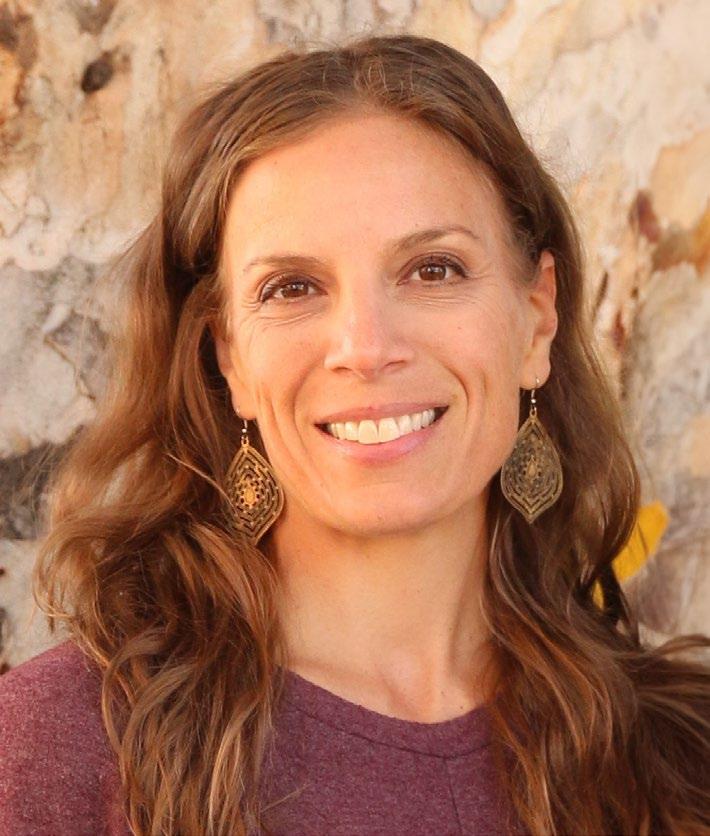 By Marisa Gray Atha
By Marisa Gray Atha
Every quarter I send a newsletter to my voice studio members, listing the trainings I’ve completed during the previous three months — typically this will include about 20 to 30 itemized webinars, podcasts, livestreams, recordings, and books. I’ve kept up this pace for the past five years and have no intentions of slowing down. Perhaps I’ll occasionally detour into a more in-depth course and so have fewer training titles to list, but the content absorption rate will remain the same. Why do I choose to spend my listening, learning, and reading time this way, when I already have a Master of Music degree and over 20 years of experience teaching private voice?
Marisa Gray AthaBecause I’ve created a studio model that thrives within an atmosphere of growth — both for the student and the teacher. In my studio, students understand that a portion of their monthly tuition payment is allocated to the many trainings I undertake on their behalf. In my newsletters, I provide a detailed list of trainings so that if a topic appeals to a student’s curiosity, they can ask me for more information during an upcoming lesson. But more so, I remind students that the right information finds its way to the right student at the right time. Since I began undertaking this dedication to a lifestyle of ongoing learning about my craft and vocation, I’ve enjoyed the rewarding expansion of my own knowledge, as well as my capacity to help students of many ages, abilities, genres, and interests to move forward in their development.
hand to broadcast the audio/video, here is what an average weekday of selfschool looks like:
5:50 – 6 a.m. (listening) in the bathroom/ closet/bedroom while brushing teeth, applying makeup, dressing, making the bed, etc.
6:10 – 6:25 a.m. (reading) while sipping my morning cup of coffee
6:35 – 6:55 a.m. (listening) while unloading the dishwasher, feeding the dogs, cooking breakfast, packing lunches
8:15 – 8:30 a.m. (listening) while commuting home from dropping off the kids at school
2:55 – 3:10 p.m. (listening) while commuting to school to pick up the kids
8:30 – 8:45 p.m. (reading) while winding down for the evening and preparing for sleep
These little snippets of time add up to 1 hour of listening and 30 minutes of reading per day. This turns into 5 hours of listening and 2.5 hours of reading per week, or 20 hours listening and 10 hours reading per month, or 60 hours spent listening and 30 hours spent reading every quarter. It’s incredible how these little scraps add up to a pile of accomplishment. Now granted, my top Clifton Strengths include Learner, Input, Discipline, and Intellection, so I may be particularly well-suited for this daily lifestyle habit. If you don’t have the bandwidth, schedule habits, or desire to invest in this significant amount of content engagement, try just 15 minutes a day — this still adds up to 5 hours of fresh instructional material you’d bring into your studio every month!
With three school-aged children at home, a household to run, and a full studio, how do I possibly fit this feast of continued education into my schedule? In bite-size morsels, with virtually no extra effort or time required! With my smartphone on
I’d typically be listening to or reading something anyway during all of these mini-segments of my day — simply because I crave to be entertained or intellectually stimulated while carrying out the mundane, repetitive, mindless tasks of household duties and commuting. And I’d be relaxing in my favorite chair reading each morning and evening because I double-majored in music and English during college and am an avid reader. While I aim
“My students’ eyes light up when I bring up a new song, performer, technique, or exercise that I learned about.”
to read at least one to three voice/music-based books every quarter, the rest are for pleasure; I cycle in plenty of fiction and other non-fiction works during my reading hours. Likewise, when my girls are in the car during our school commutes, we are rocking out to our “Girl Power” playlist on Spotify or listening to captivating audiobooks. Sometimes I’ll listen to podcasts about yoga or something completely different, but for the majority of those small, yet savory, quarter-hour morsels, I’m ingesting voice- and music-based educational programing.
Marisa Gray Atha has enjoyed performing and teaching in the genres of musical theatre, classical, pop/rock, jazz, folk, and world since 2002. Appreciating a wide variety of genres, her performance experience includes solo recitals, operatic roles, choral concerts, community outreach programs, venue gigging, and recording. She served as a vocal department artist-in-residence at School of the Arts in San Francisco, and is the owner of Three Sparrows Studio, providing private vocal instruction with a holistic approach that empowers her students to find and free their own natural sound. She holds a bachelor’s degree in music, with a concentration in vocal performance, master’s degree in classical vocal performance, bachelor’s degree in English, and a minor in psychology. She is a RYT-200 (Registered Yoga Teacher), certified CoreSinging voice instructor, and she has 40 hours of Alexander Technique training. She has been published in the NATS Journal of Singing, OM Yoga & Lifestyle Magazine, and she offers all manner of musical, mind/body, and wellness musings in her studio blog at threesparrowsstudio.com/blog
Do I retain everything? Of course not. But I find the effort is worth it, nonetheless. I absorb enough to inspire fresh and interesting conversations with my students, to bring in novel vocal exercises, to offer exciting new repertoire options, to experiment with a different approach to belting, or vocal styling, acting, performance, alignment, vibrato, intonation, vocal health, voice science, riffing, energetic awareness, vowel tuning, performance anxiety… the variety is endless, just as are the opportunities for continued learning available.
I pay a monthly subscription to several professional voice organizations, all of which provide monthly content via webinars and recorded or livestreamed trainings. I also subscribe to many voice teacher colleagues’ channels and podcasts, and keep my eye out for up and coming singlepurchase courses that I might be interested in. I allocate a percentage of studio funds to cover these monthly expenses, as well as the larger expenses a few times throughout the year.
My students’ eyes light up when I bring up a new song, performer, technique, or exercise that I learned about. I feel fresh, relevant, educated, inspired, and dedicated when I approach my teaching within the larger landscape of this growth lifestyle. With every new tool that I gain, I am that much more capable of offering it to a new student who comes aboard, or to a student who’s been with my studio for years and thrives in this environment that continually provides new insights, strategies, and opportunities for growth. In our voice studios, let’s cultivate and nurture a soil rich with the love of learning; here, student and teacher alike may flourish with endless possibility.
“I feel fresh, relevant, educated, inspired, and dedicated when I approach my teaching within the larger landscape of this [continued education] growth lifestyle. “
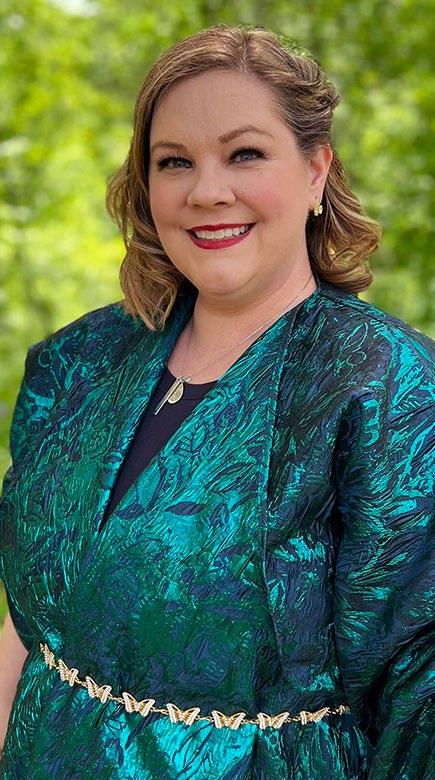
We’ve all experienced the challenge of selecting a song for our younger students, particularly if we’re looking for a song that doesn’t revolve around the common tropes of flowers, pirates, or romance. In our experience as voice teachers, our students often don’t understand or relate to these topics, and many of the older song texts include insensitive references in terms of race and gender roles. Voice teachers can take the lead in expanding the repertoire by working with living composers to create student-centered pieces for their students and the broader vocal community.
How did we do this? It helps if the Voice Teacher (Jessica Saunders) is very good friends with The Composer (Lisa Neher). Our process began in the summer, giving us plenty of time to collaborate. We started with a thorough discussion of the parameters of the songs we wanted to create. We were inspired to create new Halloween songs together because Jessica puts on a yearly Halloween recital and wanted a wider variety of songs to assign. We discussed the age range of the students (elementary to middle school), song length (1 1/2 – 3 minutes), and vocal range and tessitura. Difficulty level in the areas of melody, harmony, pitch support, phrase regularity (preference for regular 2- to 4-bar phrases), and form, as well as piano accompaniment difficulty, were best addressed using examples. Jessica shared study scores of pieces her students had success with in the past. This is important because composers in university programs rarely study educational repertoire. They primarily study complex, groundbreaking, contemporary masterworks written for professionals, not music for kids! Voice teachers are valuable educators and resources for composers, and they can direct them to quality sample repertoire to study. Finally, we made a timeline for the project, including setting a delivery date for the scores.
Lisa recruited her frequent collaborator, Kendra Preston Leonard, to write lyrics for the pieces. Again, Jessica’s
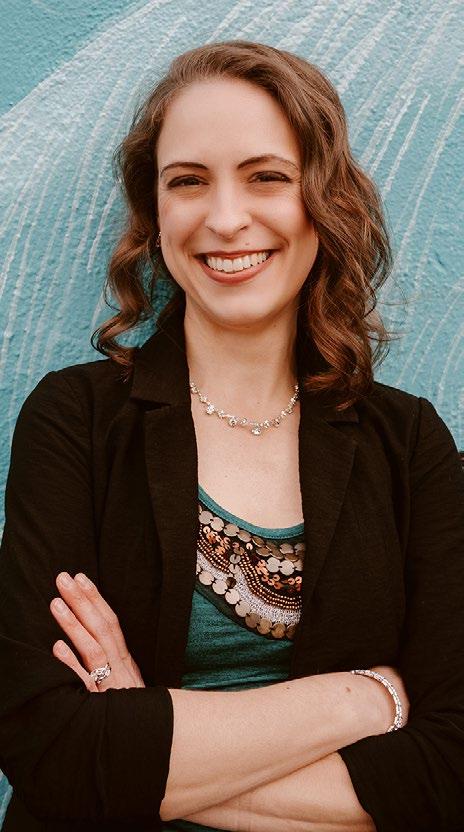
score samples were useful to demonstrate appropriate text length. Kendra primarily writes non-rhyming poetry, so we decided to run an experiment and write some songs with rhyming lyrics and some without, to see if students expressed a preference. In the end, they did not, and the non-rhyming songs were not more difficult to learn, likely because Lisa structured the music in question-and-answer phrases that “rhymed” musically. Kendra’s poetry was both playful and more sophisticated than many songs geared toward this age group. Students benefited from poetry that did not talk down to them but instead incorporated literary and mythological references to Medusa, Gorgons, and more. The poems introduced students to new vocabulary. To facilitate the learning experience, Lisa included short definitions and IPA pronunciation guides in the music for words that were less familiar.
During the writing process, Lisa shared drafts with Jessica so that she could catch any difficulty concerns early and she could adjust the music accordingly. Jessica also consulted on score layout: was it better to use repeat signs or write music out to incorporate the modest changes between verses? Lisa sent final PDF scores along with mp3 practice tracks generated from her notation software: one version with the piano part only and another with the vocal line included. These were useful practice tools. In the final versions, Lisa hired a pianist to make a highquality accompaniment track.
Jessica chose students to work on these songs who had been studying with her for many years and who had intermediate musical and singing skills. While she had students in mind for this project, Jessica waited to assign pieces until after she received the first drafts from Lisa. Once Jessica received the songs from Lisa, she sang through all of them and one of the pieces made it very clear which student should sing it. She let one of her other students choose between the other two and then assigned the third piece to a student she thought
would be a good fit. It was important to have permission from students and parents to share the premiere videos on social media.
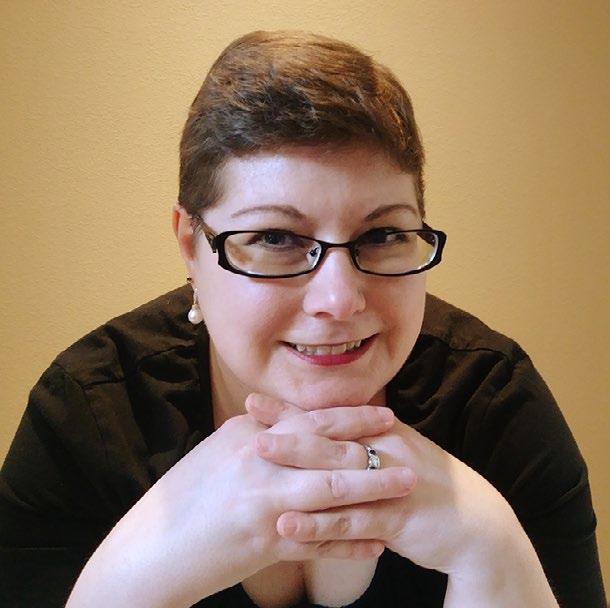
Students learned the music and coached the songs in lessons with voice teacher Jessica. After a few weeks, composer Lisa zoomed into lessons to meet the singers and to workshop the pieces. Students provided input on what they liked and what was challenging, leading to additional edits and adjustments. This is a unique and empowering experience for students, putting them in the driver’s seat and empowering them as artists to shape the final version of the songs. They also had the chance to meet and talk to a living female composer, expanding their picture of who composes music, and hopefully inspiring them to write their own songs in the future. This hits home for Lisa, who did not know of any female composers until she went to college. She was the only woman in her undergraduate and graduate composition programs and only worked with a woman composition mentor in recent years. We hope this process helps all of our students see that anyone can compose!
Preparing the new songs with the students required a bit more time than usual, as they didn’t have a recording to reference for the melodies. Jessica guided the students through
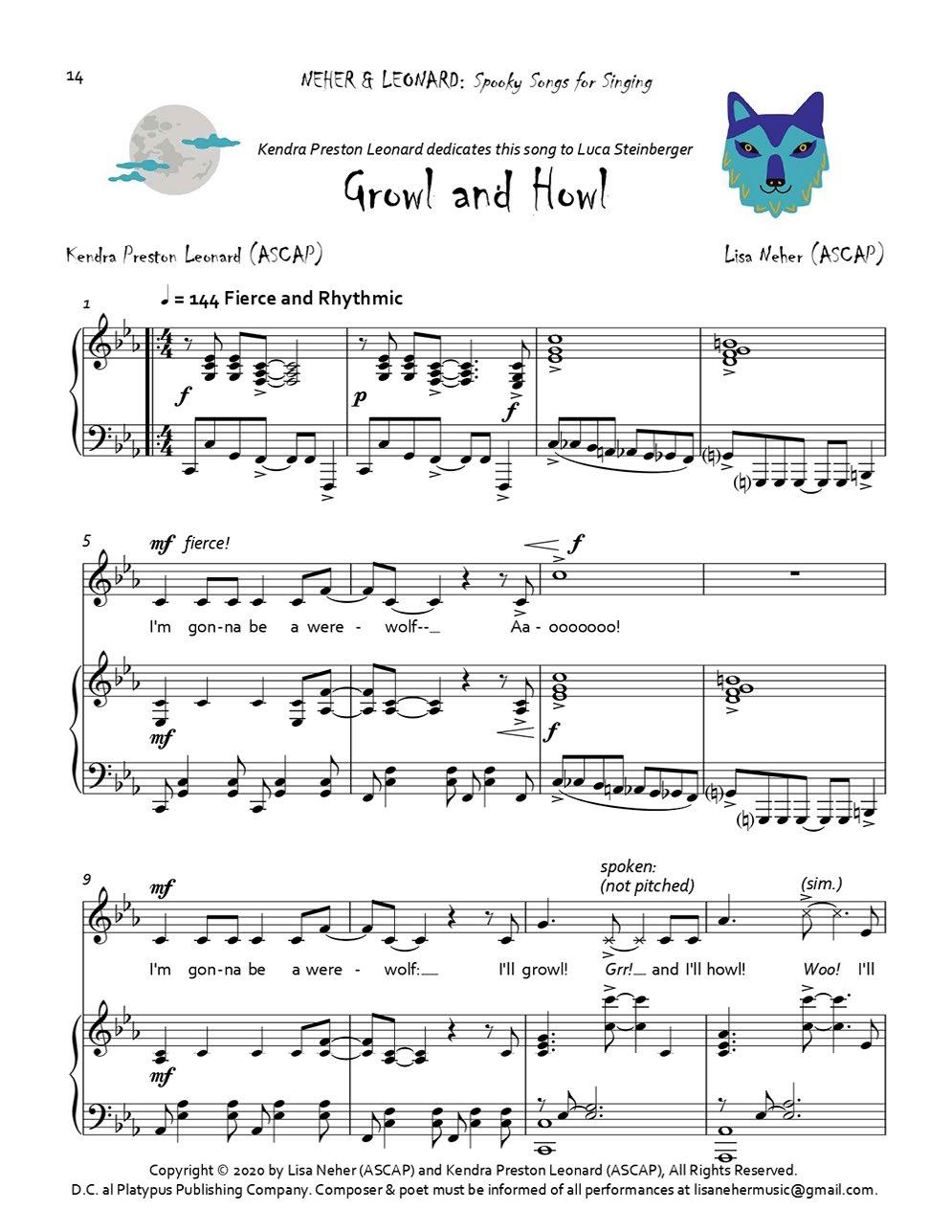
“This is a unique and empowering experience for students, putting them in the driver’s seat and empowering them as artists to shape the final version of the songs. They also had the chance to meet and talk to a living female composer, expanding their picture of who composes music, and hopefully inspiring them to write their own songs in the future.”
the intricacies of each piece — exploring tricky sections, deciphering the score’s nuances (such as repeats), and delving into the extended vocal techniques that Lisa incorporated, including sound effect noises (howls, growls, ghost noises), spoken words and phrases and body percussion (clapping and stomping). This was the first time most students were introduced to extended techniques, and they expanded their idea of what art song can be and gave them the chance to explore their voices in new, fun ways. Gradually, the students spoke the lyrics and then added pitches and rhythms.
The students enjoyed the poetry and the fact that the music and poetry both came from female artists. The absence of rhymes in the poetry intrigued them, yet they marveled at how Lisa’s text setting united the song into a seamless whole. The students cherished the opportunity to interact with Lisa, eagerly sharing their diligent efforts.
These songs were created in the early days of the pandemic, so the final product was a video premiere performance with the professional accompaniment track. Students were incredibly creative, dressing up and even using props in their performances. We released the videos (with student and parent permission) as Facebook and YouTube premieres, and they
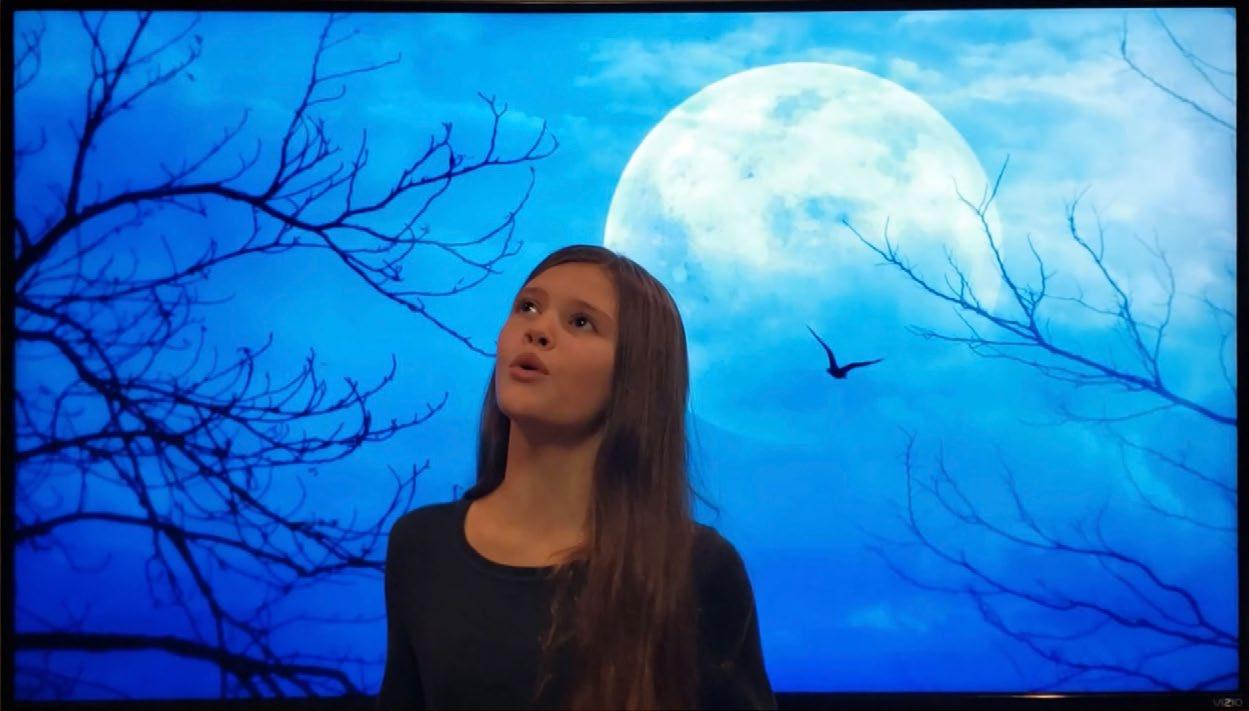
were shared with Jessica’s studio in their online Halloween recitals. These recordings are also available on Lisa’s webstore so that singers can preview the music before they purchase sheet music. Across two years, we have created five songs: “Growl and Howl,” “The Ghost of the Wych Elm,” and “The Witches’ Party” in 2020 and “Spider-Dog” and “What Will You Be This Halloween?” in 2021.
will include art songs on a wide variety of subjects beyond Halloween and spooky songs, including secular winter songs, art songs for high school contest solos, and a series of duets.
• Work with composers and poet/lyricist colleagues you know, or ask fellow musicians for suggestions.
• Work with living poets to take advantage of writing fresh ideas specifically for this age.
• Discuss parameters (length of song and lyrics, difficulty level, melody, harmony, piano support, piano difficulty level) and give examples before music and lyrics are written.
• Share drafts of lyrics and songs in progress for feedback.
For composer Lisa, an important impact of this project was developing her skills of creatively writing music with the needs of younger singers in mind. She added music to her catalog, which can now be purchased on her website as downloadable PDFs with accompaniment tracks and a studio license so that teachers can use the songs with their students for years to come. The project raised her profile in the voice teacher community, as one song, “Growl and Howl,” was selected for publication in Dana Lentini’s “Singing Kid’s Songbook Level 1” published by Hal Leonard. On a personal level, she reconnected to her younger self, remembering what it was like to fall in love with music in the first place. It was rewarding and fun to step outside the pressures of writing for the professional concert stage and serve the needs of young musicians and their teachers.
For Jessica, this project proved instrumental in helping overcome any apprehensions she may have had about collaborating directly with a composer, even one who is a close friend. Moreover, it provided her students with a delightful and engaging activity that served as a much-needed respite during the challenging times of the pandemic. Notably, the inclusion of these pieces in their repertoire satisfied the students’ desire to sing about topics that resonate with them, while also featuring compositions by a living female artist and adding to the overall teaching cannon for young voices.
The success of this collaboration has paved the way for further artistic endeavors between Lisa and Jessica, particularly “Bye for Now,” a setting of voicemails from Jessica’s departed loved ones in a five-song set for voice, cello, and piano. Jessica premiered “Bye for Now” at Kirkwood Community College in Ames, Iowa, in March 2022 with cellist Christina Craig Gentzsch and pianist Joseph McKinley.
Our goals for the future are to continue filling gaps in the repertoire for young singers and expand the topics and themes addressed in art songs for this age group. Our next projects
• After students have had time to learn the nuts and bolts of the songs, workshop pieces via Zoom or in person, elicit and incorporate student and teacher feedback.
• Create a final product (with student and parent permission) as a video (ideally) or audio recording that the composer can use to market the piece.
• Share the finished music with colleagues and watch your impact grow! (Composers: be sure to have the pieces ready for purchase on your website.)
• Consider how you want to pay for services. Lisa and Jessica did this as an exchange of services, rather than as a paid commission.
• If you’re coming from a university program, you may find yourself needing to “unlearn what you have learned” when writing for student singers. Irregular meters ( 7/8, 5/8, etc.), changing time signatures, irregular phrase lengths (3-bar phrase followed by a 5-bar phrase followed by a 2-bar phrase, etc.), extensive chromaticism, atonality, etc., are not familiar to student singers.
• Balance tricky moments in a song or challenging parameters with stretches of music or other parameters that are easier to learn. One new concept is often enough for a student.
• Keep memorization in mind. Voice students in private studios typically memorize music for recitals and contests. This is different from the complex contemporary repertoire you have likely studied, which is not intended to be memorized.
• Young singers tend to sing by ear: they have to hear the tune and learn by listening and repeating it back. Thus, music needs to be catchy and memorable, and typically tonal.
• Provide mp3 accompaniment and vocal guide tracks to help students learn. If you can employ a pianist to record the accompaniment as well, this is a desirable addition to the composition package for many teachers.
“We hope this process helps all our students see that anyone can compose.”
• Consider writing piano accompaniments that are simple enough (notes, rhythms, key signatures, complexity) that the average voice teacher can sight-read the part in lessons.
• Think about the gaps in the current repertoire that you need filled and work with a composer to create those compositions. Chances are, if there are gaps you need filled in your studio, other teachers need these types of pieces as well.
• Get student and parent permission in advance for how the final product of this project will be shared.

Remarkably, our project unfolded amidst the peak of the pandemic, serving as a captivating escape from the confines of their academic pursuits. Although the students may not have fully realized the extraordinary nature of premiering a brandnew composition and collaborating directly with the composer, it remains crucial to nurture such experiences for young minds. By normalizing these opportunities, we empower them to actively pursue their artistic passions — perhaps even inspiring a future generation of teachers, songwriters, composers, or gifted lyricists.
Listen to the playlist of all 5 spooky songs.
Soprano Dr. Jessica Saunders (she/her) owns Saunders Vocal Studios, co-owns Dynamic Music Studios, and teaches
applied voice at Kirkwood Community College. Saunders is the Audition Chair for the Central Region and a member of the Speakeasy Cooperative. Saunders is passionate about working with young singers and has been featured on The Full Voice Podcast, discussing her innovative virtual recital offerings during the pandemic. Saunders has showcased her talent in notable productions such as Messiah with Opera Quad Cities, and Sunday in the Park with George, Bridges of Madison County, Ragtime, and Funny Girl with Revival Theatre Company. Learn more at dynamicmusicstudiosia.com and saundersvocalstudios.com
Dr. Lisa Neher (she/her) is an award-winning composer and new music mezzo on a mission to transform audiences through sound, story, and vulnerability. Praised as “a small woman with a very big voice” and “especially alive” (Oregon ArtsWatch), Neher’s musical-theatrical fluency and passion for contemporary music have led to engagements with Third Angle New Music, Experiments in Opera, Portland Columbia Symphony Orchestra, New Music Gathering, the Resonance Ensemble, Opera Theatre Oregon, and the International Saxophone Symposium. A “visionary composer” (Willamette Week) and “maestro of beautifully wacky noises” (Oregon ArtsWatch), her music is commissioned and performed across the world. Learn more at lisanehermusic.com
Kendra Preston Leonard is a lyricist and librettist whose collaborations with composers tell stories about women, resilience, and compassion. She is inspired by history, language, nature, and myth. Her dogs howl at her when she sings “I’m gonna be a werewolf” to them.
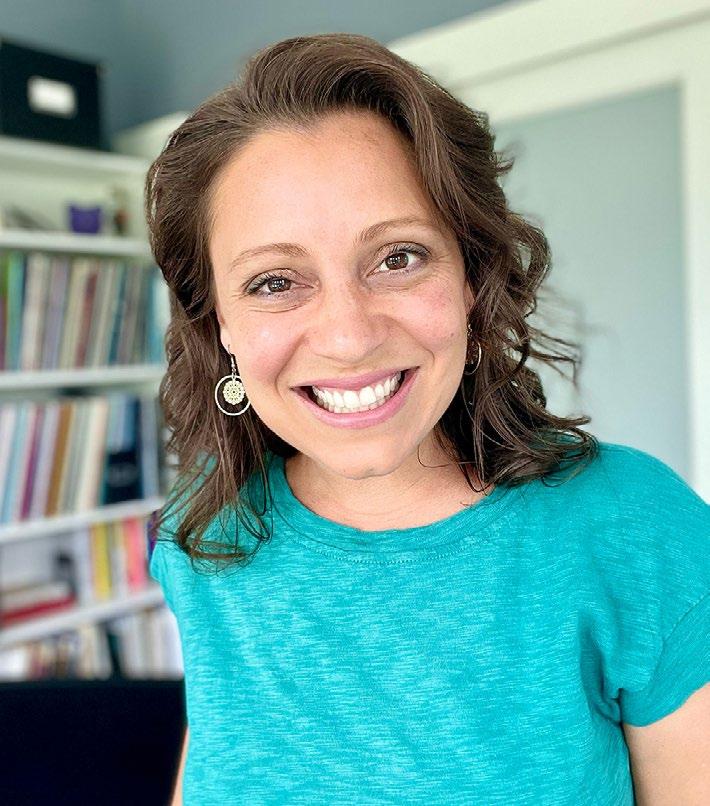 By Kim Woycke
By Kim Woycke
It was the week before the big show, and I realized I needed to do something completely different for my students. Our school was selected as part of MTI & Disney’s “United States of Frozen” competition — and we were opening a six-show run of “FROZEN: the Broadway Musical.” I am an independent voice teacher, specializing in musical theatre, teaching mostly middle and high school students in Lake Zurich, Illinois. Three days each week I teach at the high school, renting out a practice room and teaching singers during their lunch and study hall periods.
“Welcome to the Vocal Health Studio,” I greeted my students as they walked into the High School Band Uniform Storage room for their voice lessons that week. They smiled. And exhaled.
“I have been waiting for this all week.”
As an independent studio owner working with musical theatre singers, it is always challenging to operate a business and teach during a show tech-week and run. I’ve read the comments in the online forums about canceled lessons, student burnout, and fear of the vocal, physical or mental strain just being too much on these kids! The demand placed on these singers is intense. At the high school level students are expected to be in academic classes all day and then in tech rehearsals or shows late into the evening. They’re physically in the building for 12–15 hours a day and this doesn’t account for the out-of-school homework and studying requirements. What is even more challenging to calculate is the stress burden placed on the students who are trying to juggle pressures from various classes and teachers in addition to the show demands.
So, this begs the question: How can we, as voice teachers, support our singers when the demands outside of our studio cause us to think, “My students need to deprioritize their singing lesson and focus on themselves right now”?
The lights were dimmed, two yoga mats were placed in the center of the room facing an iPad lined with flickering flameless candles.
“Can I interest you in some tea?” I asked.
This is NOT how I’d typically start my vocal lessons. But this week called for something different.
This particular show was bigger than anything our school had ever done. In a typical year we do three to four performances of our musicals. But the demand and energy surrounding this show left us with six sold-out performances in five days. AND if you’re familiar with the music for “Frozen,” it’s extremely vocally demanding. The ensemble alone sings in 17 numbers and the leads sing high, contemporary musical theatre mix/belt music.
With all of the preparation for this show — my singers were TIRED.
One of the absolute gifts of being an independent studio teacher is the gift of flexibility. We can choose to do something differently. Because, as independent teachers, I feel our job is different, perhaps, than teachers who work in a formal education setting. The job of an independent voice teacher is to be a support to our students, to help them pursue their unique goals as an enhancement to their primary modes of education. For me, this means running very studentcentered lessons.
So, when faced with a challenging pre-show week, I knew that the primary goal of my students at that time was to perform healthfully and exceptionally in their musical. And I knew that I didn’t want my singers to be singing with me this week. I knew that added vocal rest would be beneficial for them. In years past, I allowed students to cancel lessons the week of the show, but it wasn’t really what the students or my business needed.
Questions that I was receiving from my students included: “What can I do to rest my voice?” and “What should I be doing
“This is NOT how I’d typically start my vocal lessons. But this week called for something different.”Kim Woycke
to take care of my voice?”I realized that, having never faced a situation that placed this much demand on their vocal health, they didn’t have many tools to draw from to make their vocal rest and recovery productive.
So for this week of the show, I decided that I would transform my lessons from the typical SINGING voice lesson, where we work on vocal technique and repertoire, and that I would instead offer non-singing lessons where students could learn tools to help their voice AND their bodies and minds recover.
Because I am a full believer that students (and really anyone) learn best when they are fully engaged, I decided to add a level of “enchantment” to the lessons and really make it a full vibe. I wanted the singers to come out of these lessons feeling refreshed and also empowered to use these tools on their own. I realized that even if they didn’t practice these exercises on their own, I could use the time that we had together to productively offer them some true restorative care, instead of them sitting stressed-out in a study hall room or chatting with their friends in the lunchroom.
My objectives for these lessons were clear. I wanted them to learn tangible, replicable tools that they could apply throughout the run of the show and beyond. I wanted it to be based on a strong voice-body connection — with the recovery expanding into the entire physical body. And I wanted it to be guided, yet also personalized for the students’ own areas of stress or tension.
Our lessons are typically 30 to 40 minutes, so I needed this to be efficient but also effective. So, I followed the following format:
Singers arrived in the “Vocal Health Studio” and then we completed a 4-minute empowering meditation based on a positive affirmation. This allowed students to connect to their breath and transition themselves into this “restorative” mode. I followed a series of meditations based on a single “I am ______” statement. And I allowed each student to select the word that spoke to them most in the moment. (Fun fact: each student who participated chose a different word!)
We then moved into some gentle stretching and massage. We followed curated videos I gathered from YouTube. First with a shoulder, neck and jaw tensions release series. And then into a laryngeal self-massage series. We also took time to discuss the anatomy of the larynx, which isn’t something we go into a lot of detail about in our lessons.
After the massage, I had students re-check in with their bodies and many reported feeling open, relaxed and so much better. I then asked students to let me know of any additional problems spots and we customized the rest of the session for that. Some did additional stretches. Some wanted some gentle phonation, and so I brought in straws and talked about the benefit of using a straw for SOVT work.
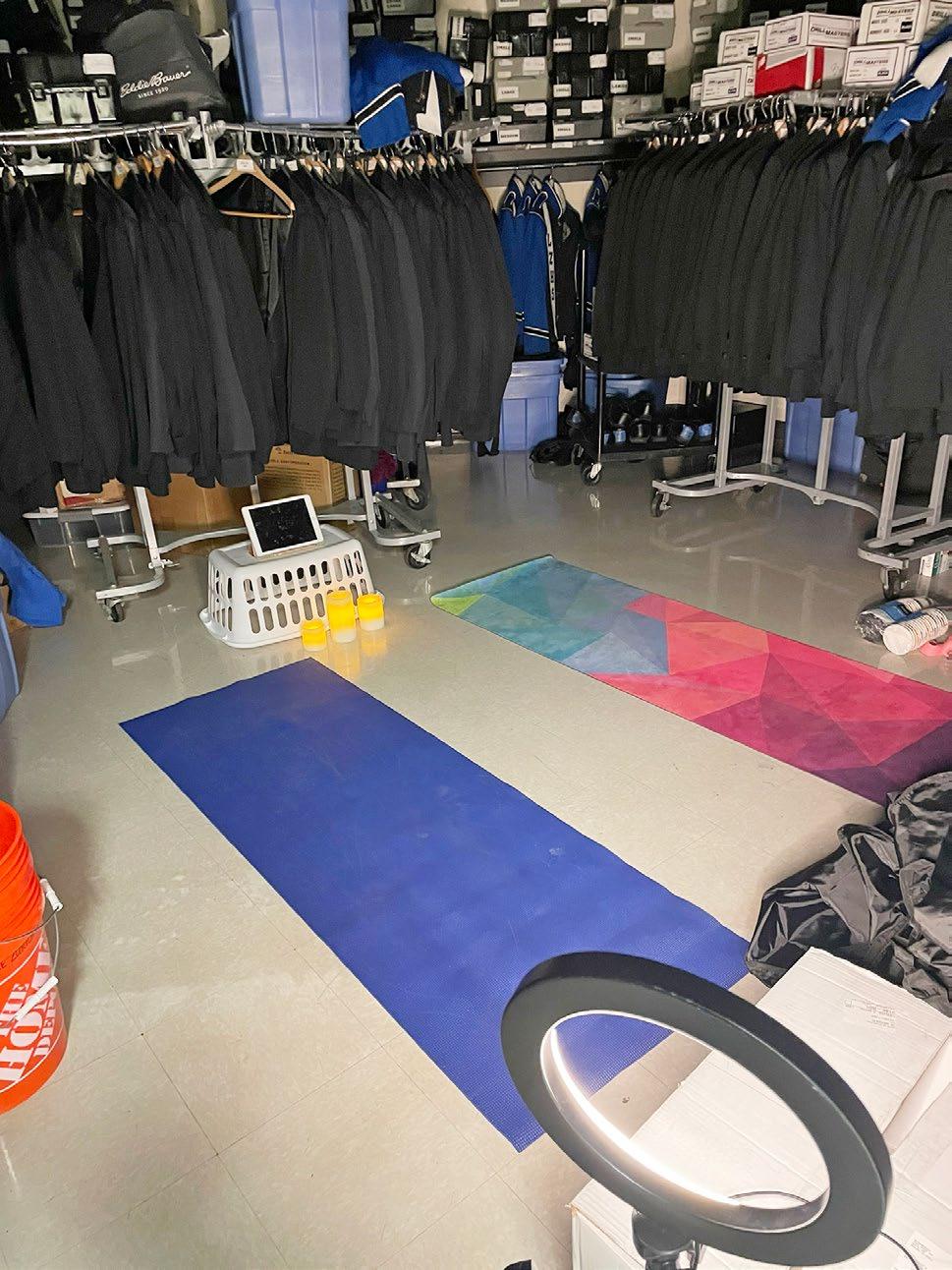
I was blown away by the response and how much my students learned during these lessons.
Sydney, a high school Junior who played Olaf and was struggling with some upper body and shoulder tension due to carrying an Olaf puppet said, “After a vocally exhausting week, these vocal massages and exercises were very helpful in providing me with some resilience to make it through the weekend. These exercises will definitely be put to use, especially if I’m having a vocally ‘off week.’”
“How can we, as independent voice educators, support our singers when the demands outside of our studio cause us to think ‘My students need to deprioritize their singing lesson and focus on themselves right now’ ?”Band storage room set up for vocal health lessons.
Katie, who played the role of Elsa in the production and is going on to major in performance said, “In my case, I not only learned techniques to take care of my voice, such as massaging and delicate warmups, I also learned the importance of connecting your entire health to your vocal health. For example, I focused on releasing tension throughout my whole body, especially my shoulders, and saw a complete difference in how I felt when I sang. I was then able to judge and limit when I do a physical activity, like running or working out, based on when I had to perform. You taught me that if I felt vocally tired, rest and yoga were the best solutions so I wouldn’t strain anything. I am definitely going to continue focusing on the techniques and guidance you taught me in my future career.”
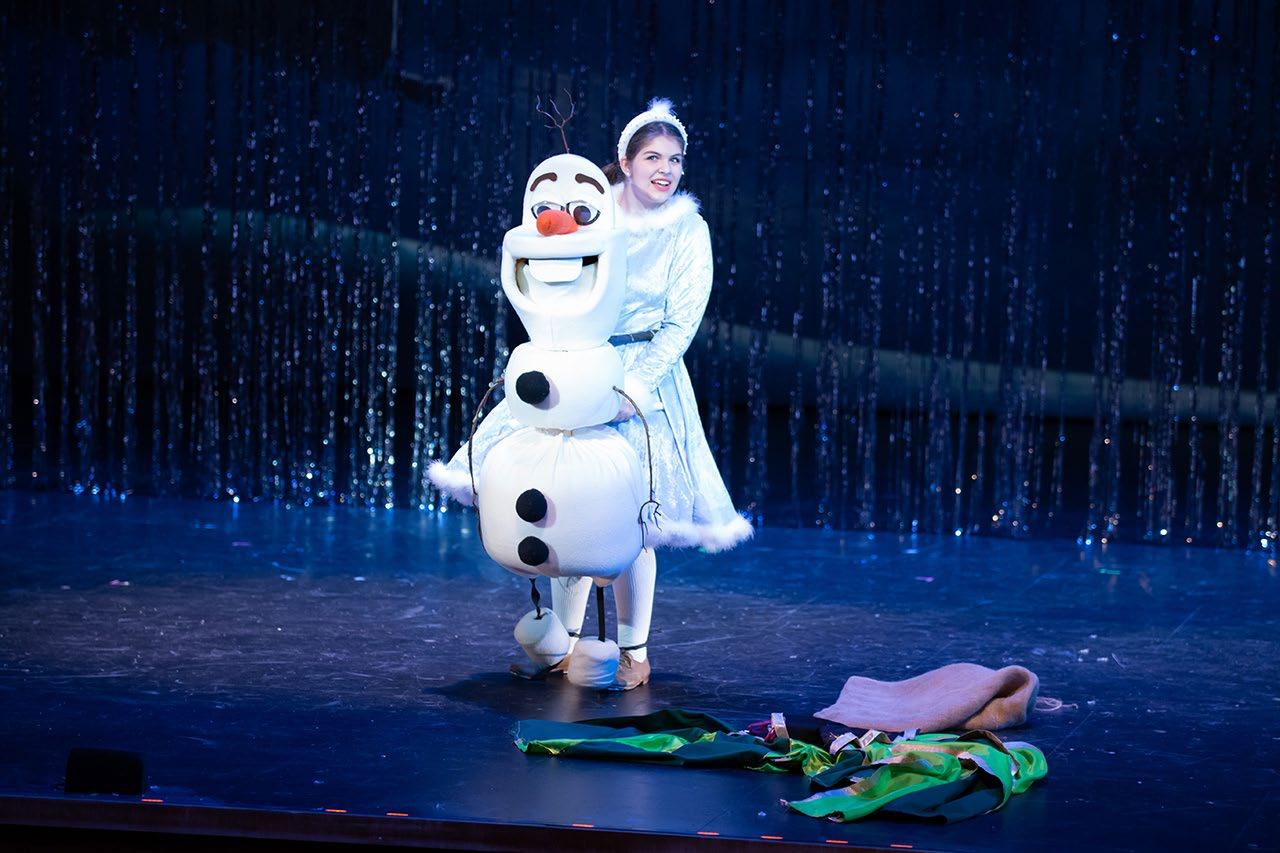
Alaina, a junior, who struggles with some performance anxiety said, “I really liked learning the massage because I was able to use it backstage when we weren’t able to sing, and it helped calm myself before walking on to perform. I also have continued meditation as it centers myself walking into performances and keeping myself from getting overwhelmed.”
This feedback was incredible — and it left me feeling really aligned in my job as an educator.
It kind of surprised me! I felt the most aligned as a voice teacher after a week of teaching that involved no singing! It can be very easy as a voice teacher to feel like our job is to lead the students towards achieving musical excellence. That
our job is to create opportunities and assign them challenging material and drive our own personal agenda. But the more I teach privately, the more I find this to be untrue. I truly view the role of a private voice teacher to be a supporter of the student’s goals, which sometimes includes musical excellence, and other times is about personal discovery, stress-relief, or the pursuit of JOY.
Sure, it’s easy to be frustrated with the systems of the arts — the strain and stress that these models put on our student singers. But that frustration doesn’t help anyone. Instead, I chose to see what small impact I could make on my students that week. To figure out how I could better equip them to handle the burden. I left feeling like I provided them with one of the most beneficial weeks of lessons of my career. I plan to make this a yearly occurrence within my studio and encourage other teachers to do the same.
Kim Woycke is an independent teacher and owner of Woycke Voice Studio in the Chicago suburb of Hawthorne Woods in Illinois. She has been teaching middle and high-school aged singers for more than 15 years. She holds a bachelor’s degree in drama from New York University Tisch School of the Performing Arts where she studied musical theatre performance at CAP21. In addition to teaching voice, Woycke is a wife and mother of two (Carter age 10 and Summer age 6) and a wellness enthusiast, running a “Body, Mind, Sunshine” virtual wellness community. You can connect with Woycke online via Instagram @ WoyckeVoice or at singwithkim.com

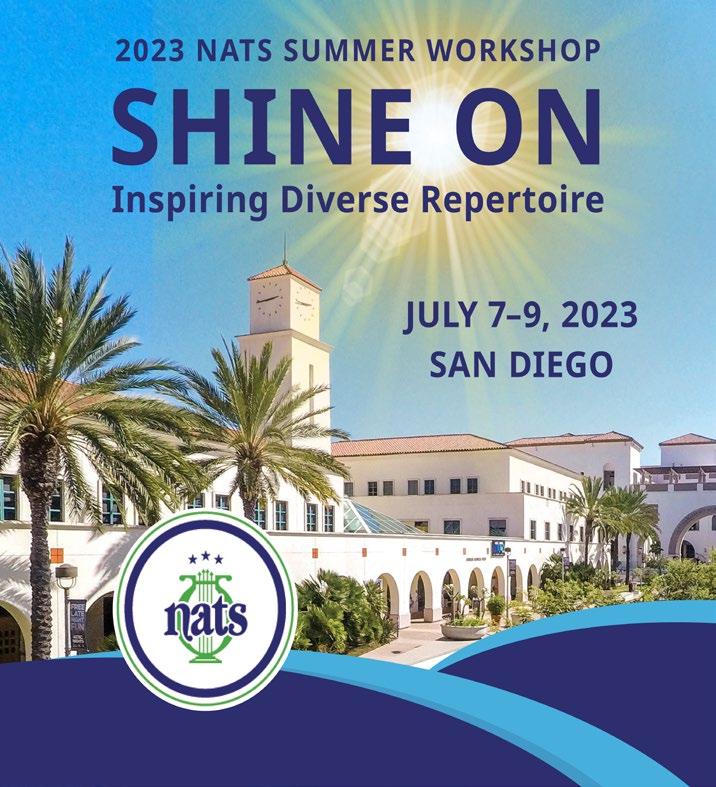
Seniors are now living longer and contributing to our families, communities and society as a whole well into their later years! This trend prompts a series of questions which our government, health services and organizations such as NATS are beginning to ask. How large and significant a segment of our population is and will be comprised of seniors? How important is it for the rest of society to pay attention to the care of this segment of our global population? How costly will such initiatives be? What are some of the strategies that can be instituted on a sustainable costeffective basis?
In viewing the big picture, the World Health Organization (WHO) is predicting that “…1 in 6 people in the world will be aged 60 years or over…”1 by 2030! “By 2050, the world’s population of people aged 60 years and older will double (2.1 billion). The number of persons aged 80 years or older is expected to triple between 2020 and 2050 to reach 426 million.”2
It is not uncommon for seniors to follow up on a passion or further education that they weren’t able to explore as they were building their careers or a business, raising a family or supporting a spouse or partner in their endeavors. Learning to sing is often one of these passions. Many of our seniors are curious life-long learners that are interested and capable of honing their vocal and musical skills. Interestingly, not only are they motivated to learn, but it is in the interest of society to support the development of these positive mental habits, as well as reinforcing the physical conditioning which will allow them to age gradually, while maintaining their health and personal independence for a longer period of time. These pursuits, however, are dependent upon several key factors: namely relative mental and physical health
Dementia in its various forms is recognized as a serious threat to seniors’ health. Dementia being “…a general term for a decline in mental ability severe enough to interfere with daily life, while Alzheimer’s is a specific disease. Alzheimer’s is the
most common cause of dementia… Dementia describes a group of symptoms associated with a decline in memory, reasoning or other thinking skills. … Alzheimer’s disease is the most common cause of dementia, accounting for 60–80% of dementia cases.”3
What do we know about dementia? “While these increases are predominantly attributed to global population growth and population aging, the authors also explore four known risk factors for dementia: smoking, obesity, high blood sugar and low education, and highlight how they may impact these future estimates.”4 William Brangham conducted an interview on PBS News on June 20, 2023 with Dr. Richard J. Hodes, Director of the National Institute on Aging at the National Institutes of Health (NIH) on factors concerning Alzheimer’s disease. Dr. Hodes indicated that “… in addition to looking for cures, treatments, the ability to intervene, to decrease risk, to prevent is enormously important. …And the risk factors for which there was the best evidence that intervention could help were three identified at that point, one, control of blood pressure, the other, maintaining cognitive activity, and third, physical activity.”5
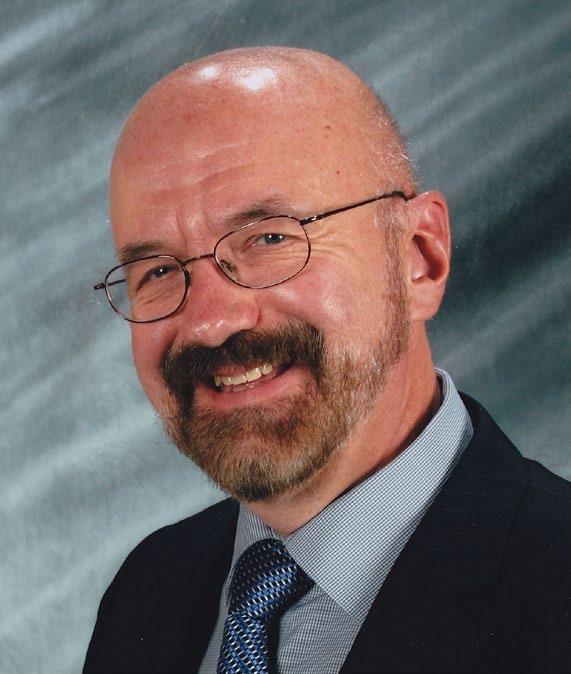
Singing is an activity which can have a positive impact on all three areas! Since singing is an activity that can create a positive mind set and release endorphins which in turn can help to relieve pain, reduce stress and improve the participant’s sense of well-being, this can have a favorable impact on blood pressure levels. The cognitive activity in singing has been proven to bring about brain activity across neural pathways like few other mental pursuits. Lastly, singing, when taught within a framework of emphasizing methodical approaches to the development of the breathing system can be a most helpful physical conditioning activity.
Those of us that work with seniors know the value of keeping them connected to family and community. Therefore, searching for cost-effective means of preventing or at least, postponing and intervening in the advancement and impact of Alzheimer’s in the burgeoning senior population globally is important to society!
Enter Voices in Motion6 of Victoria, British Columbia, Canada, an Alzheimer’s choir with a twist! Voices in Motion (ViM) was the brainchild of Dr. Debra Sheets, now Professor Emerita, School of Nursing, University of Victoria, whose father had lived with Alzheimer’s for 17 years prior to his death. She approached Dr. Mary Kennedy, Associate Professor Emerita, Music Education, University of Victoria, for some assistance in forming a choir for persons with Alzheimer’s and their caregivers for research purposes. Drs. Sheets and Kennedy enlisted the support and participation of Dr. Stuart McDonald, Psychology and Dr. André Smith, Sociology and gained approval for this program as a University of Victoria sponsored research project.
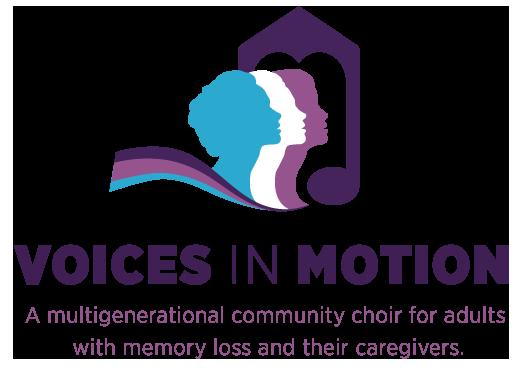
Dr. Kennedy found a suitable conductor, Erica Phare-Bergh and Julian Greenwood, to serve as a collaborative pianist. She also recommended a partnership with St. Andrew’s Regional High School, an independent co-educational Catholic High School of approximately 475 Grade 8–12 students, serving young persons from Greater Victoria, in co-operation with their choral teacher, Philip O’Reilly. The school’s early dismissal schedule for Wednesday afternoons provided an ideal time for the involvement of the high school students with the proposed Alzheimer’s choir, creating a community-based intergenerational choir! Interested students are identified following a fall school assembly presentation and receiving an orientation session prior to joining the choir. The students are expected to make a regular commitment to the program. In recognition for this community service, the students are given a certificate indicating the number of hours that each has committed to this project, in partial fulfilment for some of their provincial graduation requirements. The purpose of the
program is to form an intergenerational choir to assist in reducing isolation for those on the dementia journey and their caregivers, bringing joy and creativity back into the lives of the participants.
The rehearsal process begins with students sitting beside singers who are on their Alzheimer’s journey (rather than their caregivers), thereby giving their caregivers a break during the rehearsal. The students learn not to be afraid of the participants with this disabling disease. Furthermore, they learn how to communicate with the singers on their Alzheimer’s journey and even accept the participants as their surrogate grandparents, especially for those students who have no grandparents living in the vicinity, says Dr. Mary Kennedy.
Dr. Kennedy reinforced a unique characteristic of this choir being that the conductor makes certain that the choir experience is not merely a “sing-along,” but rather demands the very best musical and vocal sounds that they can generate. The presence of the high school choristers gives some stability to the ensemble sound. The goal of holding a public concert is a strong motivator for the whole group.

Interestingly, Dr. Kennedy indicated that the intergenerational choir helps to destigmatize dementia, observing that at the concert performances, it has become increasingly difficult to tell who is dealing with Alzheimer’s and who isn’t!
Dr. Sheets writes that “… (the) community-based programs (ViM and Memory Café Victoria) offer professionally led activities focused on learning, joyful engagement, and social connections. These programs are shown to decrease loneliness, depression,
caregiver distress, and the rate of cognitive decline. Findings suggest that arts-based dementia programs are a cost-effective approach to reduce social isolation and stigma as well as create a community of belonging and acceptance. Arts-based programs shift attention away from declines associated with memory loss. They allow the PwD (persons with dementia) to live more fully now, giving hope in the absence of a medical cure.”7
• recall of songs from childhood and ability to verbalize many of the complex words
• improved and clearer speaking after singing which remained for varying times afterward, depending on the individual
• learning and retention of new songs (new melody, new rhythms, new texts, and in some cases new harmony lines) and
• improved (albeit temporary) cognitive processing…”10
Beynon and Lang go on to detail the aspects of spiritual and aesthetic wellness in the experience as follows:
“Singers with dementia further shared that they:
• felt involved
In an interdisciplinary study on ViM conducted by André P. Smith et al entitled Choral singing and dementia: Exploring musicality as embodied and relational accomplishment list among other benefits such as “Persons with dementia retain the ability to sing in a choir despite cognitive loss … (and) … Choir singing encourages social relationships beneficial to persons with dementia.”8
Stephen Clift et al in their chapter entitled Health and WellBeing Benefits of Singing for Older People describes the benefits of singing for Alzheimer’s singers as follows: “Camic et al. (2013) also found that people with dementia and their carers had high engagement levels in the singing groups they established, and quality of life remained relatively stable. Qualitative data showed clearly that singing promoted wellbeing for all participants. For the person with dementia, participation in a singing group challenged their own beliefs about not being able to sing and no longer fitting into ‘normal’ activities. They were able to take risks in learning new songs, rhythms and movements in a socially inclusive environment. It challenged the commonly held belief that people with dementia are not capable of taking on new activities.”9
Carol Beynon and Jennifer Lang in their chapter entitled Singing My Way Back to You: Mapping the Learning Journey of Persons with Dementia through Singing in an Intergenerational Choir describe the benefits in the following manner:
“Rehearsals involved the teaching of specific vocal techniques, and observations and interviews revealed improved technique for all singers with dementia, including:
• increased breathing support when singing
• better posture
• improved focus on the conductor and/or partner
• improved focus on print or music sheets
• expanded singing range
• experienced reduced isolation and loneliness (also true for caregivers)
• enjoyed singing
• felt less confusion and depression
• demonstrated a positive mood and were cooperative, when often they had been described as being angry, confused, defiant, even violent in some cases; and
• expressed gratitude over and over again for being involved in the program.”11
When working with people on their dementia journey, one sees that individuals are frequently aware that their brain is no longer functioning as it used to. The individual, at times, may be able to recall memories of the distant past. The point in making music together is not however to try to live in this past, but to help the individual to celebrate the “here and now” that they are able to enjoy in the company of others! This author can think of no better way to synthesize the impact and significance of participating in an Alzheimer’s choir than the following excerpt from a poem written in a collaborative setting of dementia patients working with music students:
Is it not in the best interests of our profession and society to educate our vocal students about not only the artistic and health-based potential and benefits of working in such musical endeavors? It is this author’s hypothesis that our music training programs need to include instruction and current research into how to effectively work with aging voices, including strategies
“Many of our seniors are curious life-long learners that are interested and capable of honing their vocal and musical skills.”
I put my arms around my life Slowly embracing it I can visit the past but I can’t live inside it that’s OK — I can be here right now.12
that will enable aging singers to continue making music well into their old age. Would it not be helpful to educate our vocal and music education students to identify characteristics and symptoms of a variety of vocal anomalies that are sometimes simply attributed to the aging process, so that they can be knowledgeably referred on to well qualified otolaryngologists, speech and language pathologists and vocal or acting voice practitioners so that aging singers can keep communicating effectively with family and community members?
Given the statistics, the changing demographics and the research substantiating the practicality and success of such efforts, this author hopes more intergenerational Alzheimer’s choirs will prove to be part of a menu of recognized strategies that can be constructively used to reach out to this demographic in our communities.
Dr. Garry Froese extends his heartfelt thanks to Dr. Mary Kennedy for an informative interview.
For more information on this specific program, visit voicesinmotionchoirs.org
1. “Aging and Health,” WHO, Health Topics, Newsroom. World Health Organization, October 1, 2022, https://www.who.int/ news-room/fact-sheets/detail/ageing-and-health. (Accessed August 3, 2023).
2. Ibid.
3. “Dementia vs. Alzheimer’s Disease: What is the Difference,” Alzheimer’s & Dementia. Alzheimer’s Association, https:// www.alz.org/alzheimers-dementia/difference-betweendementia-and-alzheimer-s#:~:text=Dementia%20is%20 a%20general%20term,most%20common%20cause%20 of%20dementia. (Accessed August 3, 2023).
4. Alzheimer’s Disease International, “New study predicts the number of people living with Alzheimer’s disease to triple by 2050,” News and Events. January 7, 2022, https://www. alzint.org/news-events/news/new-data-predicts-the-numberof-people-living-with-alzheimers-disease-to-triple-by-2050.
(Accessed August 3, 2023). https://www.alzint.org/about/ risk-factors-risk-reduction/
5. PBS, “New drugs show small but positive results in fight against Alzheimer’s,” PBS NewsHour, Shows. June 20, 2023, https://www.pbs.org/newshour/show/new-drugs-showsmall-but-positive-results-in-fight-against-alzheimers
(Accessed August 3, 2023)
6. https://voicesinmotionchoirs.org/. (Accessed August 3, 2023).
7. Debra Sheets, “Dementia Reimagined: The Impact of the Arts in Challenging Stigma and Improving Health, Well-being and Quality of Life,” UVic School of Nursing Research Dialogues. University of Victoria, https://www.uvic.ca/hsd/nursing/ assets/docs/news/dementia-remagined.pdf. (Accessed August 3, 2023).
8. André P. Smith, et al, “Choral singing and dementia: Exploring musicality as embodied and relational accomplishment,” Journal of Aging Studies Volume 63, December 2022, 101077, ISSN 0890-4065, https://doi.org/10.1016/j. jaging.2022.101077, (https://www.sciencedirect.com/ science/article/pii/S0890406522000809). (Accessed August 3, 2023).
9. Stephen Clift et al, ”Health and Well-Being Benefits of Singing for Older People” in Music, Health and Wellbeing: Exploring Music for Health Equity and Social Justice, Naomi Sunderland, Natalie Lewandowski, Dan Bendrups, Brydie-Leigh Bartleet, editors (Palgrave MacMillan; The Campus, 4 Crinan Street, London, N1 9XW, United Kingdom, 2018), p. 108.
10. P. 399; 31. Carol Beynon & Jennifer Lang, Chapter 31, “Singing My Way Back to You: Mapping the learning journey of persons with dementia through singing in an intergenerational choir,” in The Routledge Companion to Interdisciplinary Studies in Singing, Volume III: Wellbeing, 1st Edition, Rachel Heydon, Daisy Fancourt, Annabel J. Cohen, editors (New York, Routledge – Taylor & Francis Group, 2020), p. 399.
11. Ibid., p 401.
12. Rineke Smilde, “’Being Here’: Equity through musical engagement with people with Dementia” in Music, Health and Wellbeing: Exploring Music for Health Equity and Social Justice. Naomi Sunderland, Natalie Lewandowski, Dan Bendrups, Brydie-Leigh Bartleet, editors (Palgrave MacMillan; The Campus, 4 Crinan Street, London, N1 9XW, United Kingdom, 2018) p. 139.
Dr. Garry Froese is a Canadian educator, pedagogue and researcher, having degrees in voice performance, choral conducting and music education and studies in arts administration. He has taught students from kindergarten to university graduate studies. Froese has worked with community-based singers and ensembles from elementary school age to aging voices well into their 8th decade. He has specialized in working with aging voices in his choral and voice studio roles for the last seven years. He continues fostering his curiosity about these special voices as an independent researcher. In June 2023, Froese gave a presentation on the aging voice and Alzheimer’s and Parkinson’s choirs for the NATS Transatlantic London Pedagogy Trip at Guildford School of Acting at Surrey University, England.
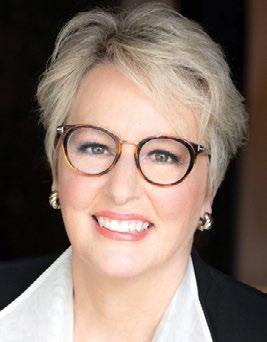
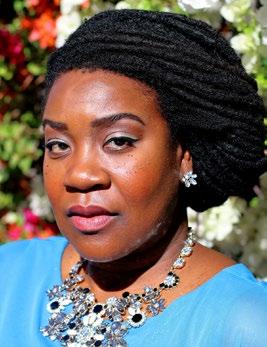

The National Association of Teachers of Singing installed new Region Governors for the 2023–24 term during the organization’s annual board of director meeting in Jacksonville, Florida, this past June. Congratulations to the five newly elected NATS Region Governors! Rebecca Pieper (Eastern), Serena Hill LaRoche
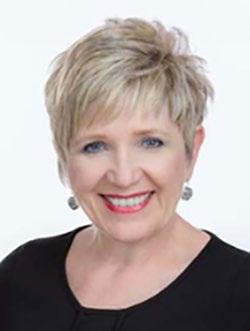
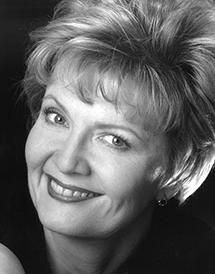
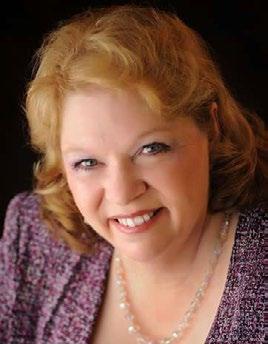
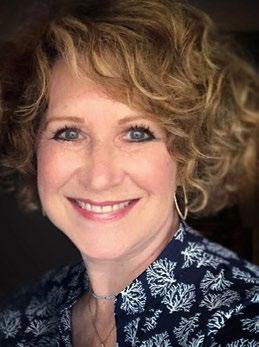
Jeffrey Williams (Mid-South), Gayla
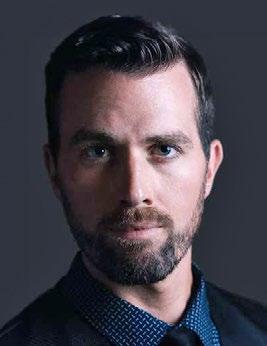
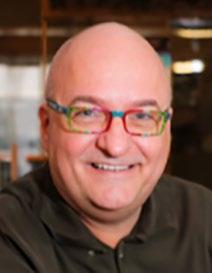
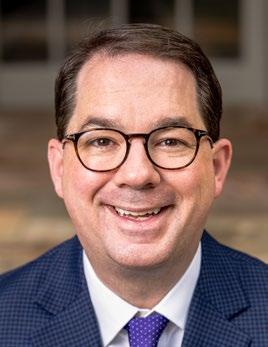
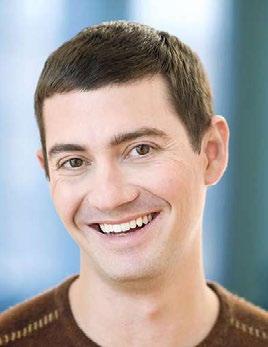
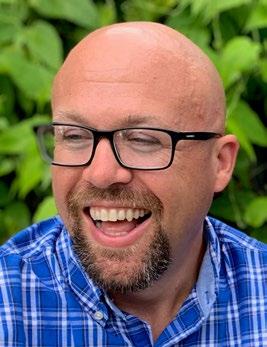
Blaisdell (Intermountain), and Claire Vangelisti (Southern) have each begun a two-year term as of July 1.
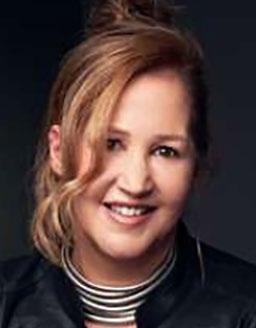
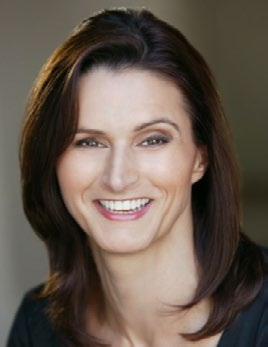
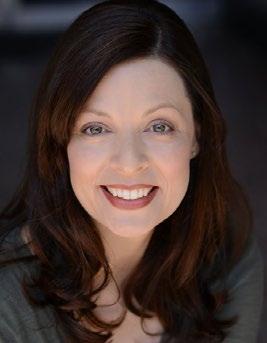
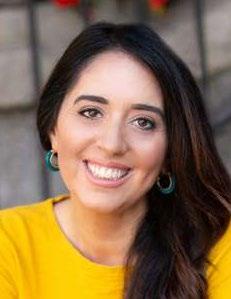
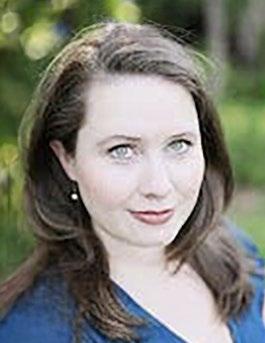
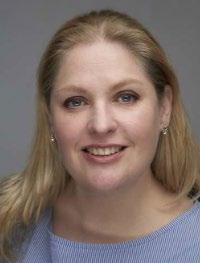
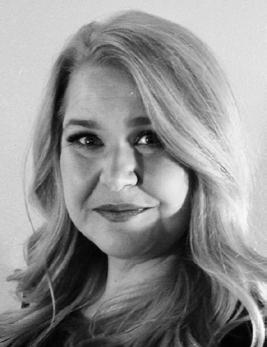
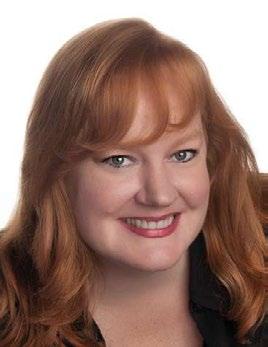

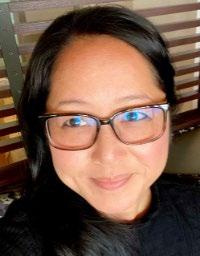
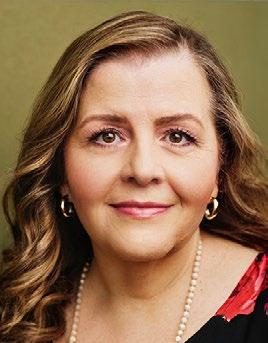
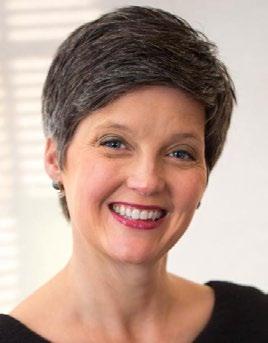
We look forward to their continued contributions to the work of NATS in each of these regions, and we extend our sincere gratitude to the preceding governors.
The NATS National Nominating Committee, chaired by Carole Blankenship along with Mark Kano, Julie Krugman, Albert Lee, Dana Lentini, Yvonne Gonzales Redman and Richard Weidlich are submitting the following names (the slate) for election to the term of office for 2024–2026. The slate was approved by the NATS Board of Directors on June 22, 2023.
a. The Association Nominating Committee shall submit a slate of candidates for Association officers to the Board for approval one year prior to the beginning of the terms of the offices up for election. The slate of candidates, the date of distribution of the ballots, and the deadline for the return of ballots for the election shall be published in Inter Nos and NATS Online in the fall following the Board’s approval of the slate. There shall be a ninety-day interval between the publishing of the slate and the deadline for the return of the ballots.
b. Election of Association officers shall be by poll of the membership. Following the close of nominations, a full roster
■ President-Elect: Randall Umstead
Randall Umstead, tenor, has performed widely in both operatic roles and in concert music. In 2001 and 2006, he was named a fellow at the Tanglewood Music Center. He has an extensive oratorio repertory, having participated in Tanglewood’s Bach Institute, as well as having sung with the Milwaukee Symphony Orchestra, Bach Society Houston, the Colorado Bach Ensemble, the Bach Society of Dayton, Cincinnati Baroque, the Johannesburg Festival Orchestra, and on the Cliburn Festival.
Randall currently serves as the Gordon and Sarah Herring Chair of the Department of Music at Furman University, after having been a faculty member at Baylor University for 15 years. With extensive academic leadership experience, at Baylor Randall served as Associate Dean for Academic Affairs in the School
of duly nominated candidates shall be distributed to all voting members with a non-identifiable return ballot. The ballot will state the deadline for returning the ballot to the Secretary/ Treasurer. Three Members appointed by the Secretary/Treasurer will count the ballots. No candidate may serve on the counting committee. A majority of all votes cast is necessary for election and those elected shall take office effective at the end of the national conference, or another time as determined by the Board from time to time.
Each current NATS voting member will receive a ballot from the Executive Office in October 2023 with a deadline of Jan. 5, 2024.
President-Elect: Randall Umstead
Secretary/Treasurer: Holly Bewlay
Vice President for Auditions: Alisa Belflower (second term)
Vice President for Outreach: Nicholas Perna (second term)
Vice President for Membership: Lily Guerrero
Vice President for Workshops: Kevin Wilson
of Music, Director of Vocal Studies, and Professor of Voice. Within NATS, he served two terms as Governor of the Texoma Region of NATS after having served as DFW Chapter President and Texoma Region Treasurer. He currently serves NATS as its Secretary/Treasurer.
With additional experience in non-profit leadership, he is a former chair of the Baylor University Faculty Senate and was a member of the Baylor University Board of Regents from 2019–2021. He holds a Doctor of Musical Arts and a Master of Music degree from the University of Cincinnati College-Conservatory of Music, both in voice, where he was a student of Barbara Honn. Randall also holds a Bachelor of Music degree in voice from Oklahoma Baptist University.
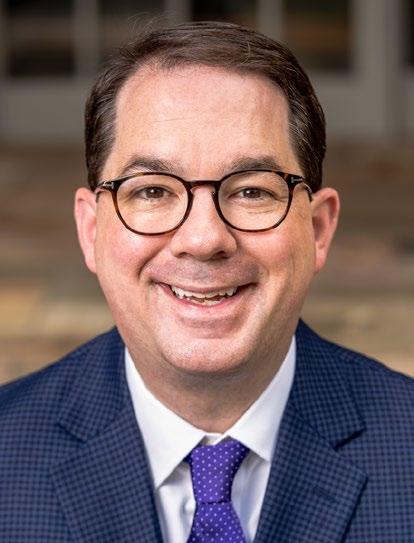
Dr. Holly Bewlay received her vocal training at the New England Conservatory of Music in Boston, MA, where she received a B.M. Dr. Bewlay then completed her M.M. and D.M.A. at the Eastman School of Music in Rochester, NY.
She is a SUNY Applied Learning fellow, a SUNY Service-Learning fellow, and won a Carnegie Academy for the Scholarship of Teaching and Learning(CASTL) fellowship.
Presently she serves as a professor in music at Buffalo State University. At the university, she coordinates the voice program, teaches applied voice, and vocal pedagogy. She was awarded as a faculty of an Outstanding Undergraduate Course for Service Learning from the Civic Engagement Office of Buffalo State University, and Educator of the Year from OperaBuff, NY.
Lily Guerrero is Assistant Professor of Voice at the University of Texas at Austin, where she teaches vocal pedagogy and applied voice.
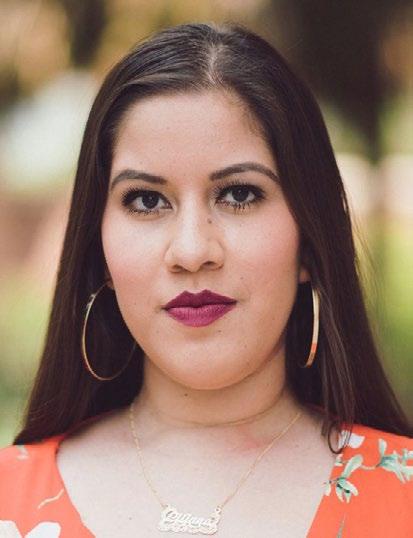
The daughter of Mexican and Cuban immigrants, her research focuses on advocating for LatinAmerican voices in classical music and she has received fellowship funding for this from the Society for American Music. She is a frequent lecturer and panelist on the topic of diversity, equity, and inclusion in the voice studio and serves as a member of the NATS DEI Task Force as well as the organizer for the NATS Latinx/Hispanic Teachers Affinity Group. She is a previous Faculty-First Look Fellow at NYU Steinhardt and a Future of Music Faculty Fellow at Cleveland Institute of Music. With a passion for community outreach, Guerrero serves as a Teaching Artist for Austin Opera, Membership Liaison for South Texas NATS, and Webmaster for Texoma NATS. Guerrero is also a charter member of the new Ibero-American Chapter of NATS and spends summers on the voice faculty of the Atlantic Music Festival.
She has served as a co-artistic director, stage director of an opera workshop program, Cadenza Workshop, and collaborated as an artist for Professional Development of Arts Educators in Buffalo. Dr. Bewlay is an active researcher in Scholarship of Teaching and Learning (SoTL) and the author to “Building Healthy Vocal Habits” in The First-Year Music Major Strategies for Success by Routledge. Her research in SoTL includes “Using an Assessment Rubric as a Tool to Increase Student Motivation in Applied Voice,” and “Scholarship of Teaching and Learning in the Arts.” Currently she is serving as a performing artist, a co-founder, and a co-director for Tormenta D’Amore, a female baroque music ensemble.
Korean American soprano Holly Bewlay has performed numerous solo engagements with opera companies, orchestras, universities, chamber ensembles, and arts organizations.
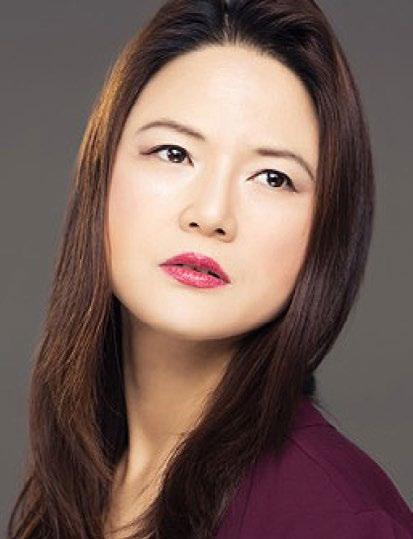
As a soprano, Dr. Guerrero has performed operatic and concert repertoire all over the United States. Her competition prizes include awards from the Metropolitan Opera National Council Auditions, National Opera Association, Opera Grand Rapids Vocal Competition, Naftzger Young Artist Competition, NATS Artist Awards, Gilbert & Sullivan Society of Houston Competition, Bel Canto Foundation, and two artist grants from the Koch Cultural Trust.
A proponent of singing and teaching all vocal styles, Guerrero completed the Contemporary Commercial Music Vocal Pedagogy Institute at Shenandoah Conservatory as well as Level 1 of LoVetri Somatic Voicework™. Guerrero was also selected as a 2021 NATS Intern. She is a member of the National Association for Teachers of Singing, Pan American Vocology Association, National Opera Association, Opera America, and National Association of Latino Arts and Culture. She holds a Doctor of Music in Vocal Performance and a Certificate in Diversity and Inclusion from Florida State University, as well as a Certificate in Vocology from Lamar University. www.lilyguerrero.com
Alisa Belflower joined the Korff School of Music’s faculty and the Carson School of Theatre and Film’s faculty at the University of Nebraska’s flagship campus in Lincoln in 2000. She was honored with emerita faculty status in 2022. As an independent artist, she continues to teach voice and acting as well as serving as coach or staging director for staged productions. Belflower also works as an associate producer in development with the Lied Center for Performing Arts. As an advocate of new works, she has produced and directed developmental staged readings with over two dozen different celebrated guest composers-in-residence and is a resident stage director in ASCAP’s New Musical Theatre Workshop. Having presented her research and performed internationally, Belflower is
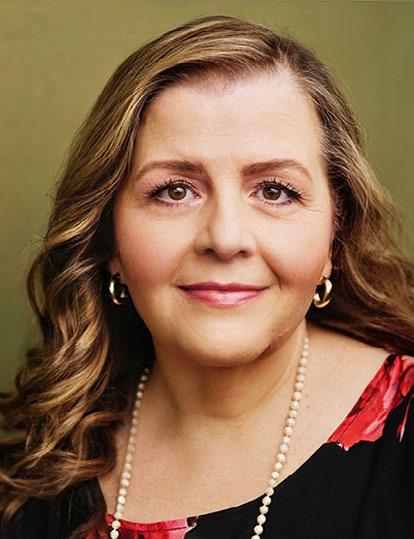
Kevin Wilson’s teaching is influenced by over 20 years of study of anatomy and physiology, historical pedagogies, voice and speech, and acting. Whether in the voice studio, classroom, or workshop, Kevin’s approach is to help students and teachers “get physical and emotional” with their voice, remove fear from taking risks and making noises, and integrate text with an emotional stimulus from the body. Ultimately, he is most interested in habilitating a sustainable technique that allows a singer to become purely expressive both physically and emotionally in ANY genre.
Kevin travels the world as a clinician, adjudicator, and lecturer and gives masterclasses on vocal health, musical theater, and classical pedagogies. He often presents Securing Belt, Mix, and Legit for Musical Theatre, Foundations of Voice Teaching, and Navigating the Filter, teaching how to prepare students to make vocal adjustments for a variety of singing opportunities from Classical to Contemporary Musical Theater. Kevin serves as a peer editor for various trade journals in voice and pedagogy and has been published in Performing in Contemporary Musicals (2022), Training Commercial Contemporary Singers (2019), Billboard magazine (2013). In 2019, the National Association for Teachers of Singing named him a master teacher for the prestigious voice intern program.
His current and previous students have appeared in over 40 Broadway productions originating four roles, numerous national tours, regional theaters, and in venues ranging from
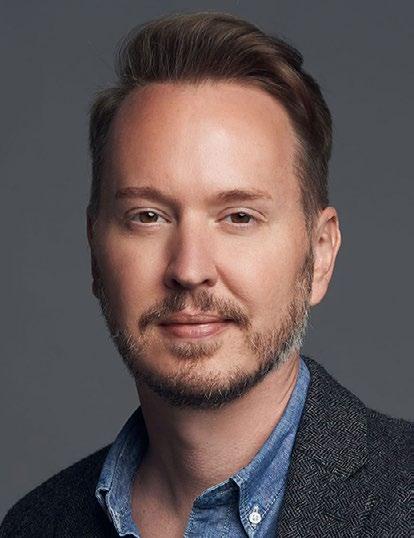
currently the NATS National Vice President for Auditions. Her students have won international awards for their performances of opera, art song, and musical theatre including national awards won in NATS student and young artist competitions among others. Her former students have performed on Broadway, Off-Broadway, the West End, on television, in film, in national tours, on cruise ships, as commercial recording artists, and with other professional opera and theatre companies. An award-winning professor and director, Belflower holds bachelor’s degrees in music and French from Furman University. After an opera apprenticeship in Paris, France, she completed her master’s degree and doctoral studies at the University of South Carolina.
the Metropolitan Opera, Boston Lyric, Chicago Lyric, Handel and Haydn Society, Boston Symphony Orchestra, Boston Baroque, and the Oregon and Carmel Bach Festivals. His students have been finalists, and winners in the Tafelmusik Baroque Competition, Metropolitan Opera National Council Auditions, the NATS Boston/National Voice Competitions, and the Classical Singer Competition. They have received multiple prestigious regional nominations and awards for performance.
Kevin joined the Boston Conservatory’s voice faculty in 2008, where he created the Masters of Music in Vocal Pedagogy and the Masters of Fine Arts in Musical Theatre Vocal Pedagogy programs. He is currently the director of Vocal Pedagogy and an Associate Professor of Voice. In addition to teaching voice for musical theater and vocal performance students, he teaches Structure and Function of the Singing Mechanism, Vocal Pedagogy, Applied Teaching Practicum, Foundations of Voice Technique, and Cross-Training in the Voice Studio. He is the creative director of the conservatory’s annual Vocal Pedagogy Professional Workshop, now in its 13th year.
Kevin holds a Master of Music in Vocal Pedagogy from the New England Conservatory and a Bachelor of Music in Voice from the University of Central Oklahoma. He has additional studies in voice at the University of Missouri-Kansas City Conservatory, vocal anatomy and physiology at Boston University Sargent School of Health, and studies in voice and speech with Kristin Linklater and Catherine Fitzmaurice.
■ Vice President for Outreach: Nicholas Perna (second term)
Dr. Nicholas Perna is Associate Professor of Voice and Voice Pedagogy at Mississippi College. He is a Presser Music Foundation awardee and currently a voice research associate at the University of Mississippi Medical Center. His primary research areas are Laryngeal Manipulation and Singing Voice Acoustics. Perna has presented research on three continents at notable events such as the International Congress of Voice Teachers, the Voice Foundation’s Annual Symposium on the Care of the Professional Voice, and the NATS National Conference. Publications include articles in Journal of Singing, Journal of Voice, and VOICEPrints. He has served on the faculty of Donald G. Miller’s Singing Voice Science Workshop, and the New England Conservatory Acoustic Vocal Pedagogy Workshop. He is the creator and co-host of the VocalFri Podcast, http://www.
vocalfri.com. Your weekly dash of voice science, pedagogy, and nerd pop culture.
Perna was a recent finalist for the American Prize for men in opera and has appeared multiple times in recent seasons with Opera Mississippi in leading roles. Perna was twice selected as a Santa Fe Opera Apprentice Artist singer. Additional Operatic credits include Rodolfo, The Duke, Nemorino, Alfred, & Tamino. Symphonic appearances include Mahler’s Das Lied von der Erde, Beethoven’s Symphony no. 9, Messiah, & Carmina Burana. Along with Dr. Mandy Spivak, they created The Comprehensive Britten Song Database. http:// www.brittensongdatabase.com. An open source guide to Britten’s song output. Perna holds graduate degrees from the University of Miami & the University of Houston.
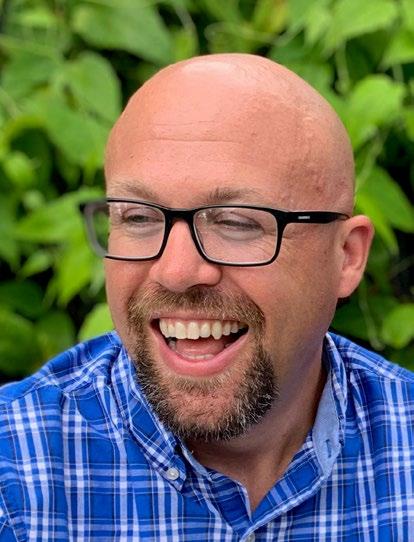
The National Association of Teachers of Singing invites all NATS members and friends to submit abstracts for presentation consideration in poster paper format at the 58th National Conference in Knoxville (June 28 – July 2, 2024). Topics for poster papers may include:
► Voice Pedagogy
► The Private Studio
► Vocal Repertoire
► Commercial Styles
► Voice Science
► Technology and Teaching
► Performance Practice
► Musicological Studies
... or any other topic related to the art and science of singing and teaching singing. Abstracts should not exceed 500 words in length and should be uploaded in PDF or Microsoft Word format as a file attachment through the submission portal at nats.org. Only electronic submissions will be considered.
To submit a poster paper proposal: Visit nats.org and complete the online application. You will be asked to upload your abstract through the online portal. Only online submissions will be accepted.
NATIONAL ASSOCIATION OF TEACHERS OF SINGING
June 28-July 2, 2024
For many individuals, the bulk of our wealth is held in our estate – our retirement plan, property, life insurance, etc. This means that legacy giving might be the most impactful gift we will ever make.
How would you impact NATS? You could create a named scholarship for future NATS students or name a NATSAA or NMTC prize. You could advance the careers of young vocal teachers. You might provide permanent funding for the program you value most. Making a legacy gift to NATS advances our art in a lasting way.
A legacy gift to NATS makes you a member of the Encore! Society, created to recognize donors who have made a longterm commitment to NATS’ mission through estate gifts.
• Knowing your values will be carried forward by NATS
• Name recognition, with permission, in the NATS annual reports and on the NATS website
• The opportunity to name a scholarship or prize
• Invitations to NATS President’s Reception at the National Conference
• Updates on NATS programs and activities
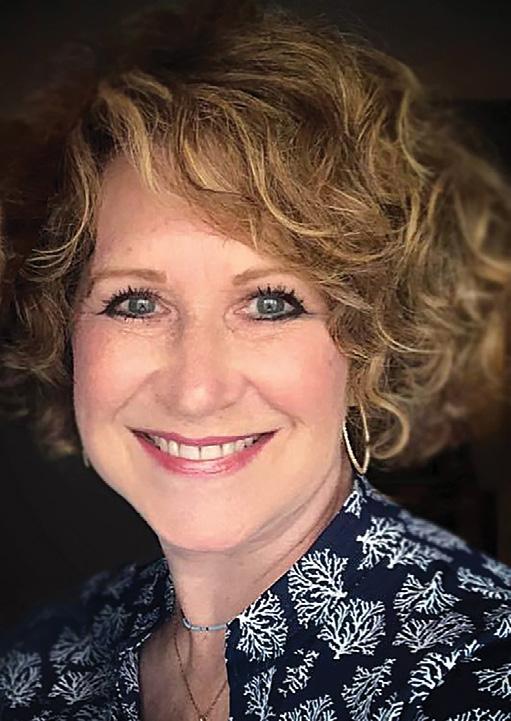
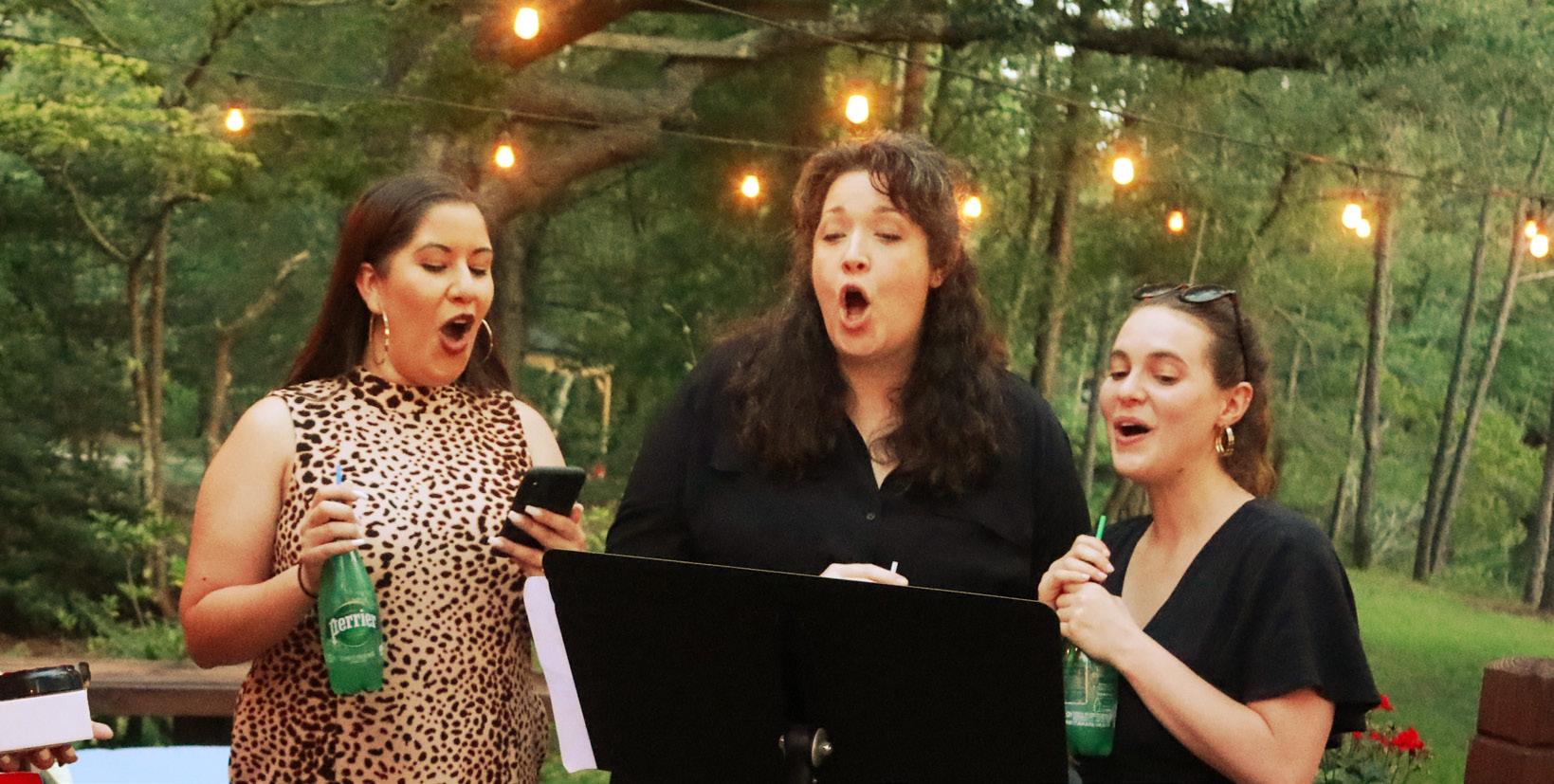
• Gifts In Your WILL OR TRUST
• A Gift of a LIFE INSURANCE POLICY
• Designate NATS as a beneficiary of BANK AND BROKERAGE ACCOUNTS
• LIFE INCOME PLANS
If you would like to discuss a charitable bequest, please call Bob Bryan at 904-992-9101 or email Bob@NATS.org.
You don’t have to be wealthy to leave a gift that will resound for generations.
NATS has been an important part of my life. I’m happy to know my gift will help transform lives for years to come.
— DIANA ALLAN, FOUNDING ENCORE! SOCIETY MEMBER
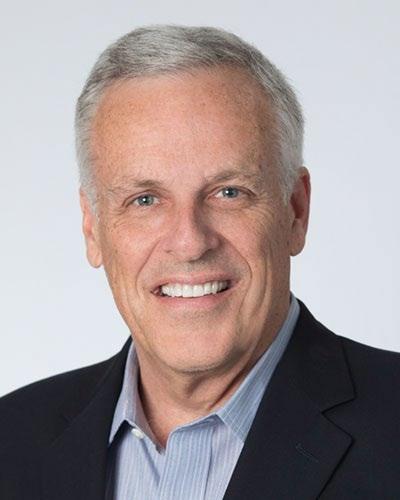
Maricruz Gutierrez wasn’t sure she wanted to apply for the Texoma High School Vocal Music Fellowship.
“I was scared,” she said. “If I didn’t get it, I would be sad.”
Her choral director understood the opportunity for this “choir kid” who had followed her sister into the school program. He encouraged her to put in her application. When the word came that she had gotten the fellowship, the whole choir celebrated with her.
“They all came to hug me when they found out, it was like a huge announcement!” she said. “It was nice to know that all my choir friends were supporting me.”
The lessons, which Gutierrez would not be able to afford without the NATS Texoma Fellowship, have opened up a whole new world.
got this fellowship, they gave me opportunities to help the choir, teach my friends, and I felt that kind of leadership.
“The more I learn and talk about music the more I appreciate music, because music is not easy,” she added. “I used to think it was easy. No, it’s not. It is really hard, and I think people do not know how hard it is to learn music. But I appreciate music more and I enjoy it more.”
Maricruz, a rising senior, would like to study music at the University of Texas, Rio Grande Valley.
“I know (the music program) will be hard, but I really am committed to do it,” Gutierrez vowed. “I see myself working with kids, I see myself being a music teacher, teaching my choir, teaching them how to sing, taking them to competitions. To be that family, that choir family that made me come into choir. I want to give that to the generations that are coming.”
Dr. Melinda Brou, Texoma Region Governor and founder of the fellowship program is excited about her future.
“When I came home from that first lesson [with NATS member Dr. Daniel Hunter-Holly] I was mesmerized,” she explained.
“I told my mom; I think he’s a god! The minute I started he corrected the way I sound, how to sing. That same day I sounded completely different from when I started at the beginning of the lesson.”
In particular, one lesson that focused on breathing was a turning point.
“Dr. Hunter-Holly helped me,” she said. “He made me lie down, he made me use a straw, for that whole day I did a breathing lesson. By the end of that lesson, I was singing soprano. I thought I was an alto. I was like, how am I a soprano? I don’t understand how I am a soprano. And now each time we have a breathing lesson my range is getting higher and higher.”
After almost a year of study, Gutierrez has grown as a singer and a leader.
“This process has really helped me; I’ve come to really appreciate music and really love teaching,” she said. “After I
“I’ve seen so many of my own students come in unprepared for the rigors of a college program,” Brou shared. “But I think Maricruz will be set up well. In addition to the lessons, Dr. Hunter-Holly has encouraged her to take a music theory course this year, so she is going to go in with a really strong foundation. I think she will audition well for a scholarship as well.”
Gutierrez is grateful to Texoma NATS.
“I really thank Dr. Brou for choosing me and helping me to have those lessons and to go to summer camp, because it has been helping me a lot,” she said. “I have been so happy, and people can see it. My choir director is so excited for me, everybody is so excited for me, my mom and my sister are excited for me. We always talk about it, how it is nice to have this opportunity.”
The story of Maricruz and Texoma can be your story. Chapters and regions across NATS are establishing local financial aid programs to help students with lessons, summer camps, and NSA expenses. Through philanthropic initiatives we can ensure that aspiring singers are not limited by financial constraints.
“This process has really helped me; I’ve come to really appreciate music and really love teaching.
The NATS collaborative framework includes a program of annual giving, bolstered by members who extend their reach to individuals within their personal networks. By channeling this grassroots effort, the funds necessary for scholarships, like Maricruz Gutierrez’s, can be quickly and simply earned. For those eager to contribute, a supportive framework is already in place. From soliciting gifts to processing scholarship applications and waivers, all the essential tools are at hand to initiate and foster a successful scholarship program. Your participation can turn these aspirations into reality.
For more information, contact NATS Development Director Bob Bryan at bob@nats.org
At the National Association of Teachers of Singing (NATS), we do more than cultivate voices; we foster a vibrant and caring community that uplifts and empowers teachers and singers. Our vision, “Transforming lives through the power of singing,” is a testament to the character of this community: generous, empowering, inclusive.
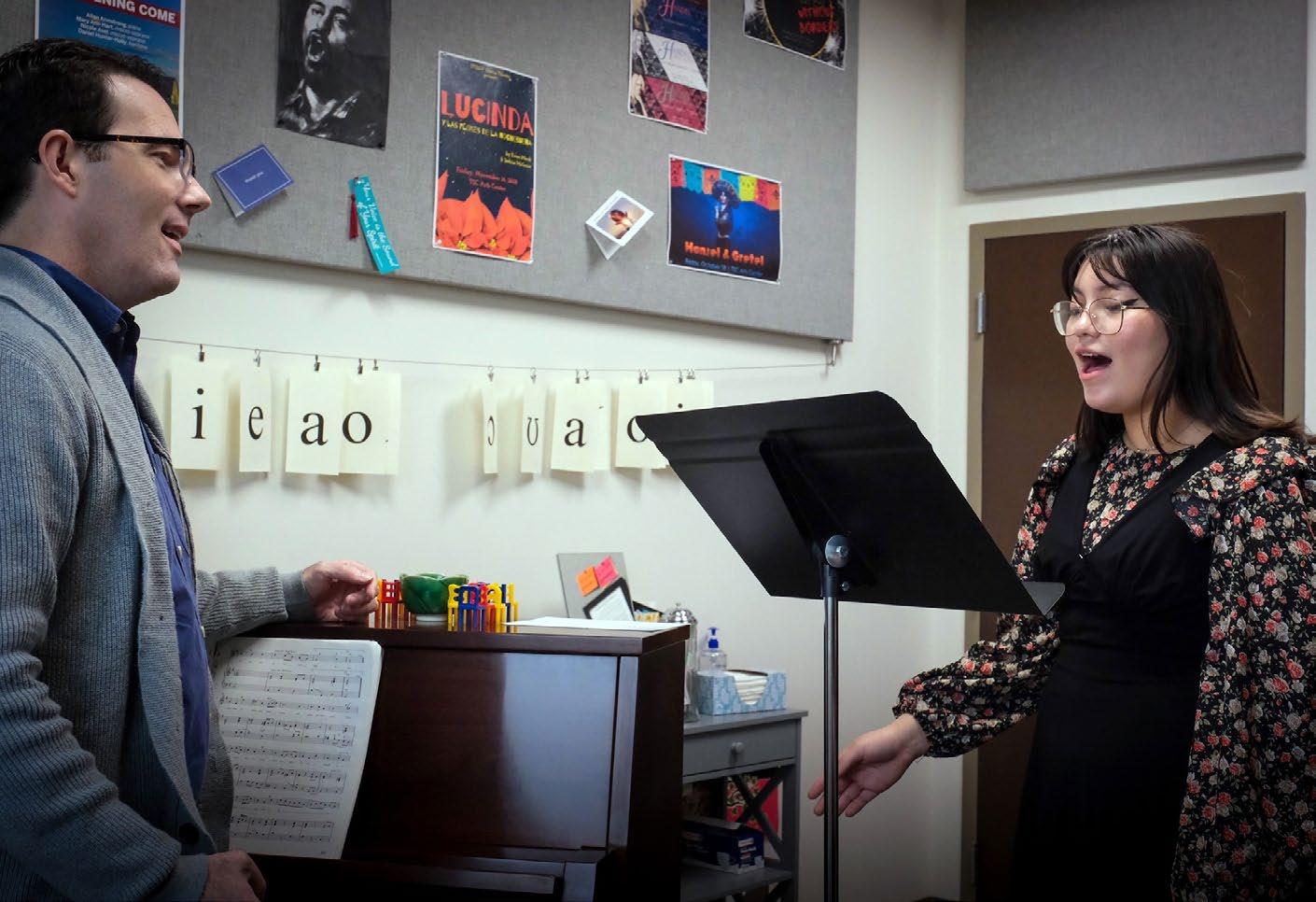
Within this community are passionate individuals who deepen our impact through philanthropic giving. These individuals form a circle of friendship, standing together to uplift the organization for the greater good.
The Circle of Friends is a special designation for individuals who make regular, annual financial contributions to support NATS programming. Rooted in the tradition of the NATS Foundation and embraced by many long-standing members, it embodies the spirit of giving back to our professional community.
The newly updated Circle of Friends program not only encourages regular giving but is also intended to foster a sense of community among supporters who share a common commitment to the organization’s mission. Together, we create
a culture of philanthropy, enhancing the association’s ability to serve teachers, students, and the broader arts community.
When you join the Circle of Friends, you become part of this caring community dedicated to the transformative power of singing. Your regular contributions play a vital role in advancing our initiatives and fostering camaraderie among NATS members.
Join the NATS Circle of Friends and let your voice be heard — not just in song, but in the chorus of caring hearts that makes our community so extraordinary.
NATS has created a dynamic new logo to highlight the reintroduction of the Circle of Friends.
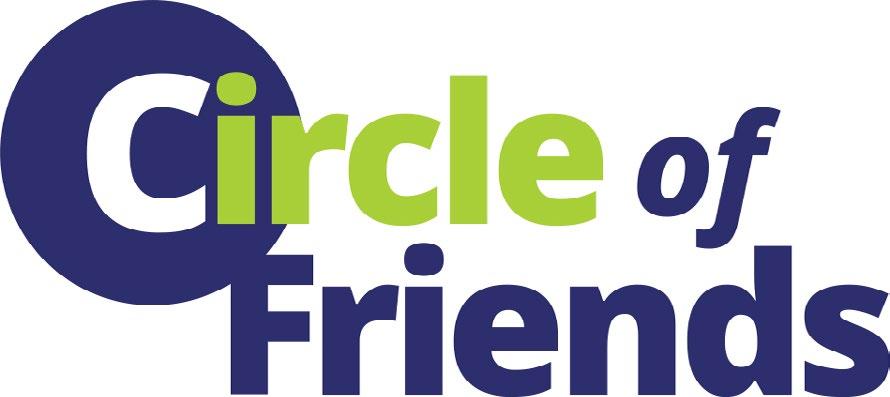
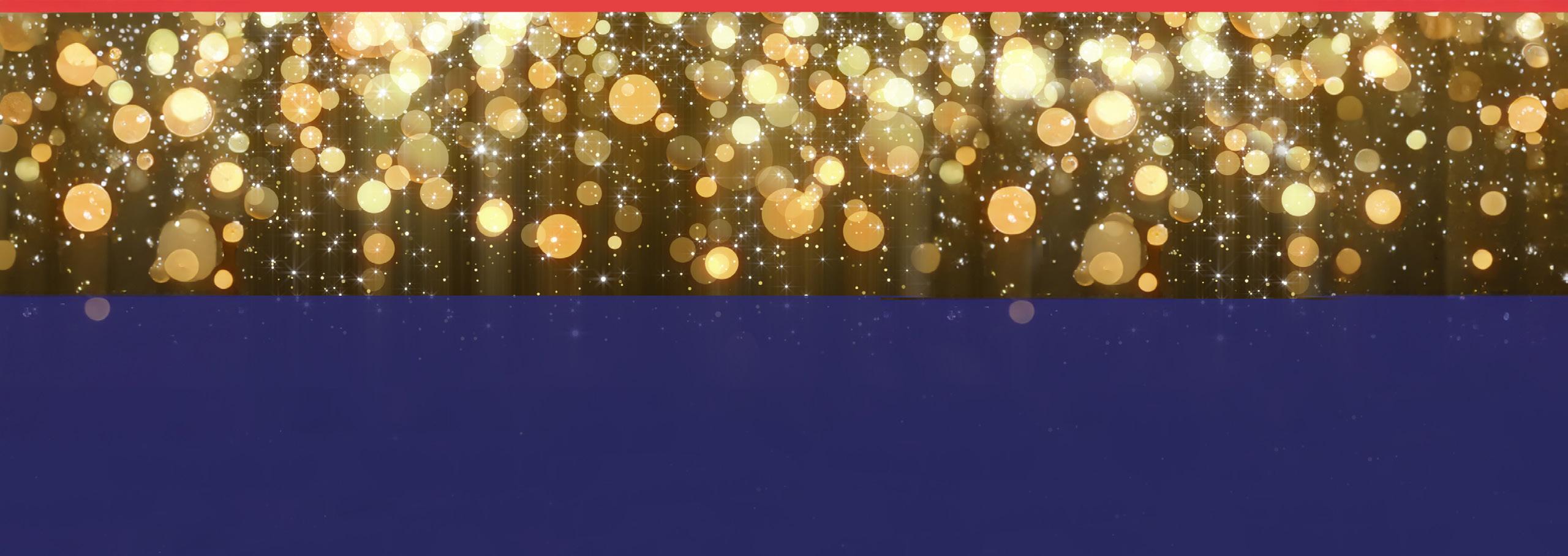
Monday, January 8, 2024 | Neidorff-Karpati
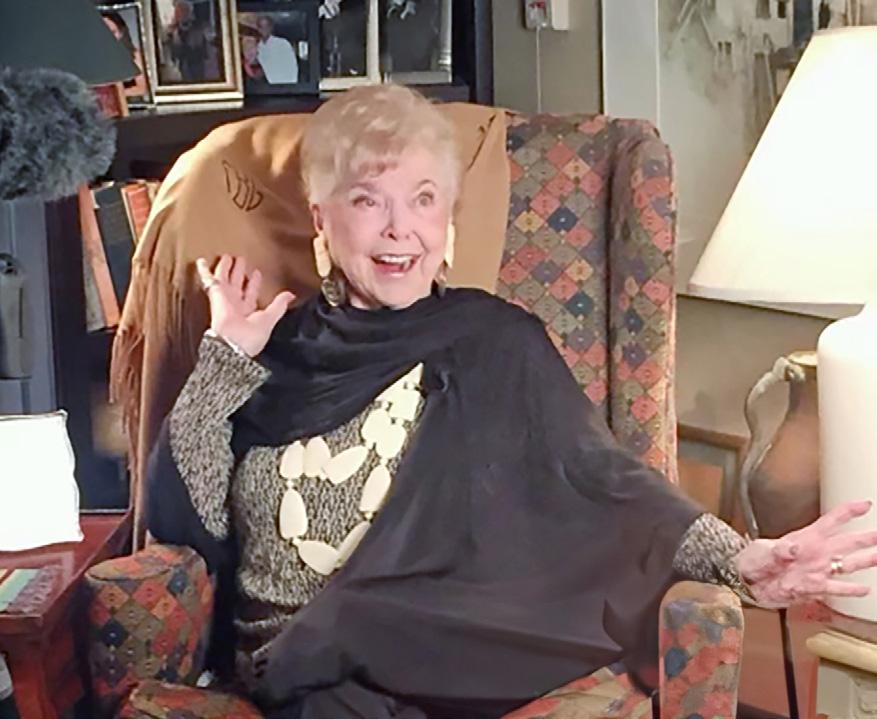
of Music
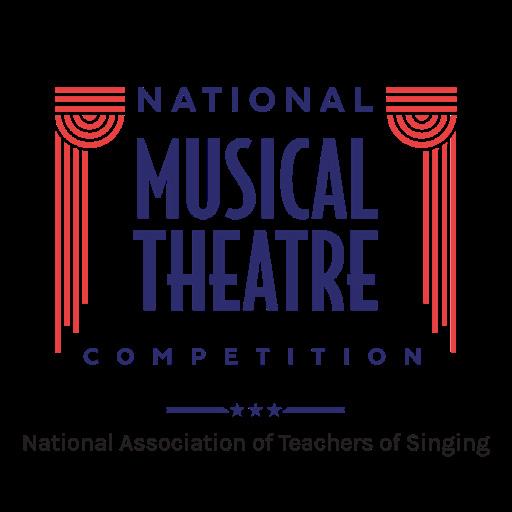
A special concert event with the next generation of musical theatre stars!
New this year, VIP pre-show champagne reception with industry insiders.
• More than 1,000 singer/actors have participated in six previous competitions since NMTC premiered in 2012.
• A powerful collaboration between New York professional theatre, the world’s largest network of voice teachers, and visionary investors in musical theatre
• The competition cultivates young, diverse, promising talent to carry the banner of musical theatre into the future
• Acclaimed host, pianist, and radio personality Seth Rudetsky will emcee the competition.
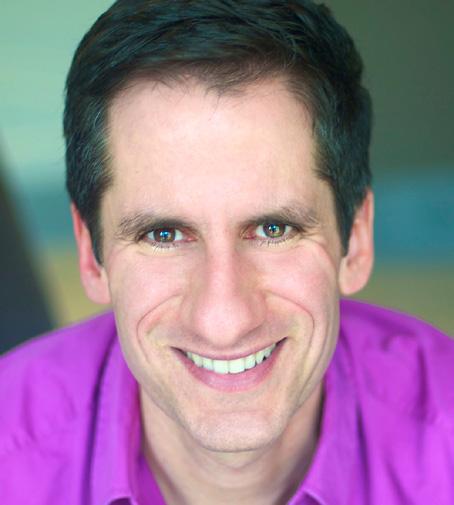
• Tony Award-winning actors and singers Kelli O’Hara and Kristin Chenoweth are the honorary hosts.
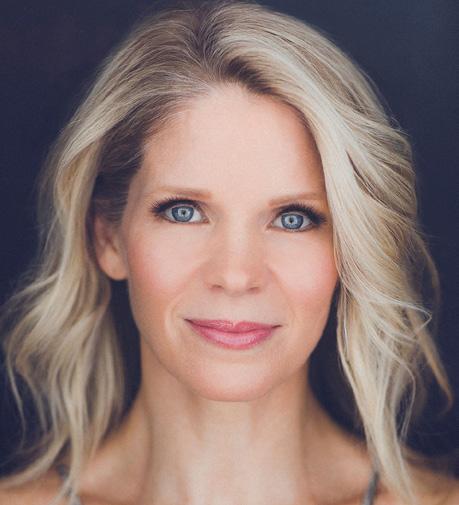

• Tony Award-winning composer and lyricist Adam Guettel will serve as one of the competition judges.
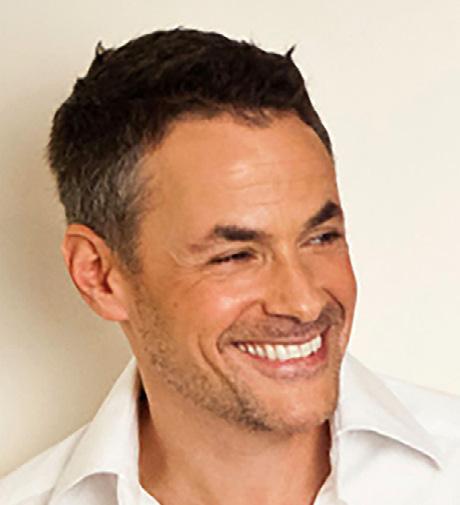
For more information and to purchase tickets, scan the QR code:
 Honoring Florence Birdwell
NMTC 2024 is dedicated to the memory of Dr. Florence Birdwell — NATS member and legendary teacher.
Hall at Manhattan School
Seth Rudetsky
Kristin Chenoweth
Kelli O’Hara
Adam Guettel
Honoring Florence Birdwell
NMTC 2024 is dedicated to the memory of Dr. Florence Birdwell — NATS member and legendary teacher.
Hall at Manhattan School
Seth Rudetsky
Kristin Chenoweth
Kelli O’Hara
Adam Guettel
In 2014, a promising young singer named Michael Maliakel took to the stage at the finals of the National Musical Theatre Competition (NMTC) and walked off with first prize. Years later, he was cast on Broadway in the title role of Disney’s “Aladdin.”

Maliakel spoke fondly about the experience.
“I just feel so grateful for this opportunity,” he said. “The competition is like an education by itself. It is something I worked really hard at, and it taught me a lot about my voice.”
Linedy Genao finished third in the 2012 competition. It was through the competition that Genao gained the confidence she needed to land a Broadway understudy role as Gloria Estefan in the bio musical “On Your Feet.” This year she originated the lead role in “Bad Cinderella” on Broadway.
“The NATS competition is when I started to value myself,” Genao said. “That was when I knew there was something out there for me.”
These two stars were given the chance to be seen and heard. NATS plans to make sure that visibility happens to more emerging singing actors, so it is elevating the profile of the competition and putting more resources behind it.

“We doubled the first-place prize to $10,000,” said Allen Henderson, NATS executive director. “And we plan to add some pizazz to the evening. This is where talent and opportunity converge, and that’s exciting. We want the evening to reflect the excitement of possibility.”
Seth Rudetsky, the afternoon host on Sirius/XM Satellite Radio’s “On Broadway,” will emcee the Gala Finals special concert event, and this year there will be a performance during the judges’ deliberations of the finals round. A VIP reception will start off the night. Adam Guettel, composer and lyricist of “Light in the Piazza” and “Days of Wine and Roses,” is scheduled to be one of the finals judges.
Florence Birdwell, the late NATS member and legendary teacher whose students include Kelli O’Hara and Kristin Chenoweth, will be honored at the event. O’Hara and
Chenoweth will be the honorary hosts for this NMTC Gala Finals concert event.
NATS has begun a campaign to establish a $1 million endowment to support expanded opportunity for emerging professional singer actors through NMTC. Specifically, by:
• Increasing the influence the competition has on the musical theatre community by bringing forward phenomenal new talent from every corner of North America.
• Shifting the competition from biennial to annual.
• Elevating the prestige of the NMTC to the most respected competition of its kind.
The endowment will allow NATS to:
• Provide funding for competition expenses of finalists, semifinalists, and collaborative pianists.
• Increase engagement with the musical theatre industry.
• Transform the Gala Finals into a hot ticket musical theatre event.
The National Musical Theatre Competition is an investment in musical theatre’s future — its emerging singing actors. If you would like to join us in bringing forth the talented next generation of musical theatre stars, contributions to the National Musical Theatre Competition Endowment may be made at through our site. You also may contact Bob Bryan, NATS development director at bob@nats.org.
For those of you who have opted to take advantage of our new auto-renewal, thank you. Last year was our first year to use autorenewal and we had more than 1,100 members take advantage of this process. As of August 2023, we have more than 2,300 members signed up for autorenewal. Your dues will automatically renew at midnight on December 31, 2023, and through this act, you have reduced the amount of time and expense needed for NATS staff to send out reminders and process renewals. You also have stopped email reminders, phone call reminders, and other reminders you would normally receive during the renewal season.
If you wish to sign up for auto-renew, there is still time. Login to your NATS profile, click on “update profile,” scroll down to the “automatically renew my dues” section, and select “yes.” However, if you wish to pay your dues through the online process, without using auto-renew, that has not changed.
• Go to NATS.org, enter your email address and password.
• If it does not say “Welcome,” click on your email in the upper right corner.
• From the welcome page you will see the “renew” button. Click on it and follow through to the payment section.
Because so many of you take advantage of the electronic renewal process, NATS will reduce some of its costs this year by sending out reminder letters only to those who traditionally mail in their renewal payments. Another change you will notice this year is that membership types are Full, Affiliate, Joint (for those already in this category) and Student memberships. If you are currently hold an Associate membership, you will be automatically upgraded to the Full membership.
National dues for Full and Affiliate membership are $129, and Student memberships are $46. Some members’ dues will be less after adjustments based on their country of residence. The adjusted pricing will be visible during checkout after you enter your country in the billing address.
We are always looking for ways to improve the renewal process. If you have any suggestions, questions or need any help, please email the Membership Services Coordinator at amandia@nats.org. Starting on October 1, 2023, if you need help renewing, you also may contact the office at 904-992-9101 between 8:30 a.m. and 4:30 p.m. ET Monday through Friday.
Wondering what to give your students who are about to graduate? Or maybe you have a new colleague who could benefit from networking and the latest information on best practices in vocal instruction? There is always one person who is hard to choose a gift for, but NATS is the perfect gift for anyone interested in teaching singing.
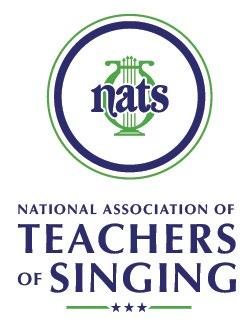
If you would like to help another teacher discover NATS, you can give them a membership. If they are currently a member, the gift will pay for their renewal for the 2024 year. If they are not currently a member, your gift will allow them to join NATS as an Affiliate member. They can upgrade to another membership type when they are ready. All you will need is their name, city and state, and email address. To purchase a Gift Membership, visit our website and scroll to “Gift Membership.”
Benefits include free, digital access to the Journal of Singing and more.
Dedicated to the development of life-long learning, NATS has launched a Student Membership category. Now, full-time students pursuing an undergraduate, graduate, or doctoral degree can enjoy many of the same benefits as their teachers.
Available to new members only. For more information, visit NATS.org
WHEN YOU JOIN THE NATIONAL ASSOCIATION OF TEACHERS OF SINGING, you become part of the largest organization of voice professionals in the world with 7,000+ members in more than 35 countries. Whether working in independent studios, community schools, elementary and secondary schools, or higher education, NATS members represent the diversity of today’s music landscape — teaching and coaching in all vocal styles.
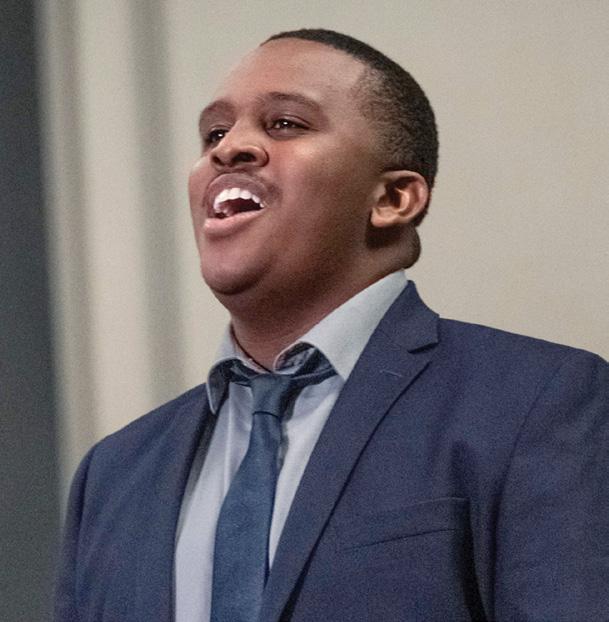
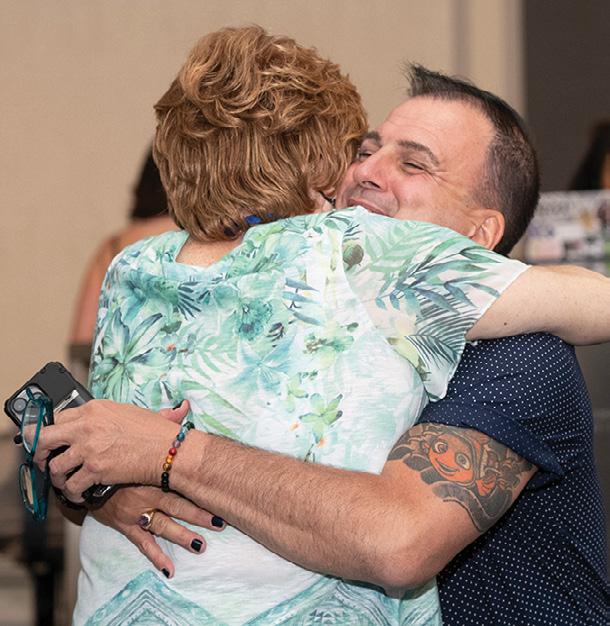
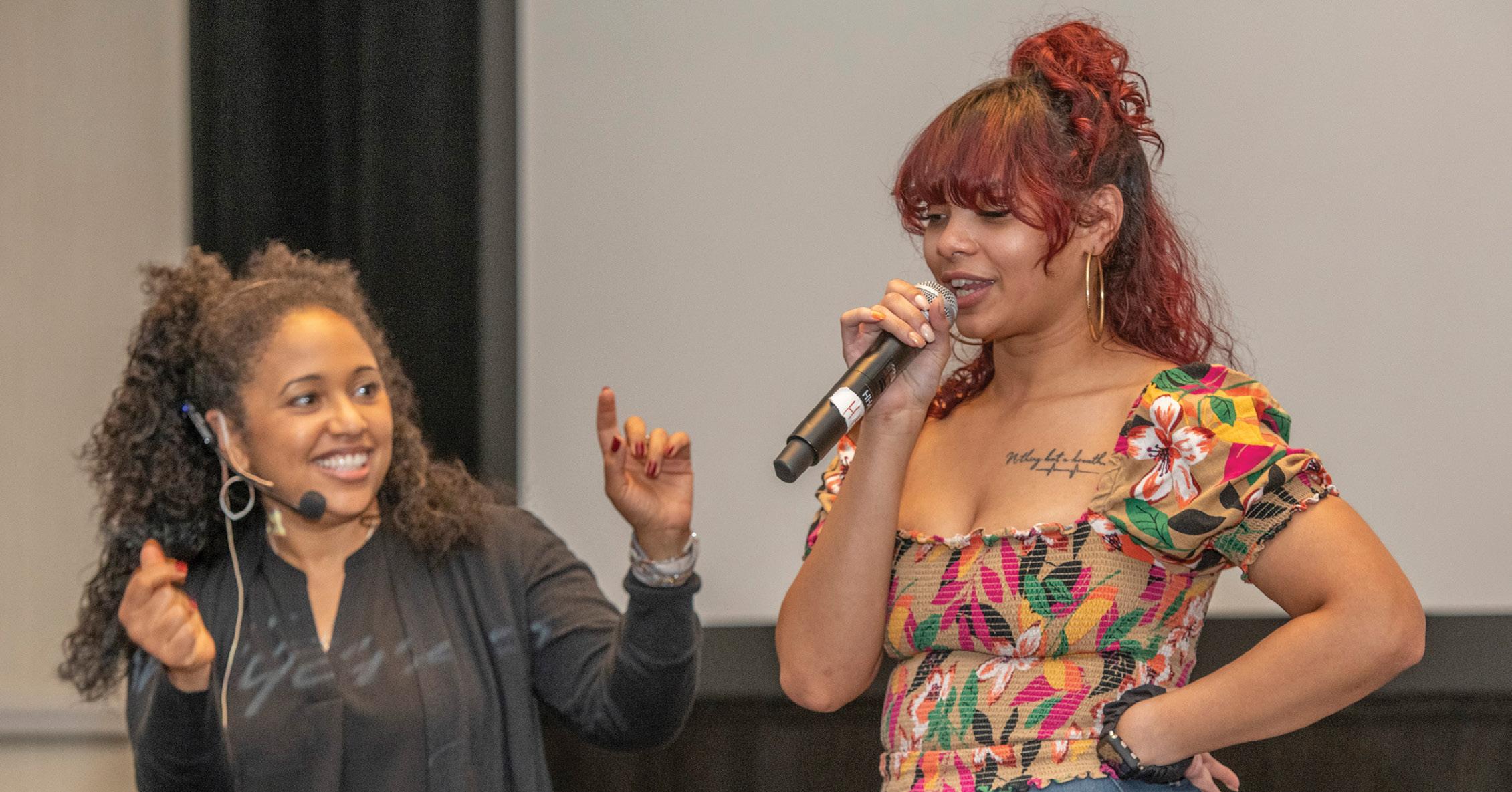
• Professional development & networking
• Timely webinars & trusted resources
• Journal of Singing subscription

• National competitions & student auditions (Expanded genres & categories for 2023!)
• Virtual & live events to meet your needs
• Access to the NATS Members-Only Facebook Group with feedback on the latest information & technology
• Access to members-only benefits such as discounts on teaching tools, health insurance, & small business tools
• Discounted member prices for NATS workshops & conferences
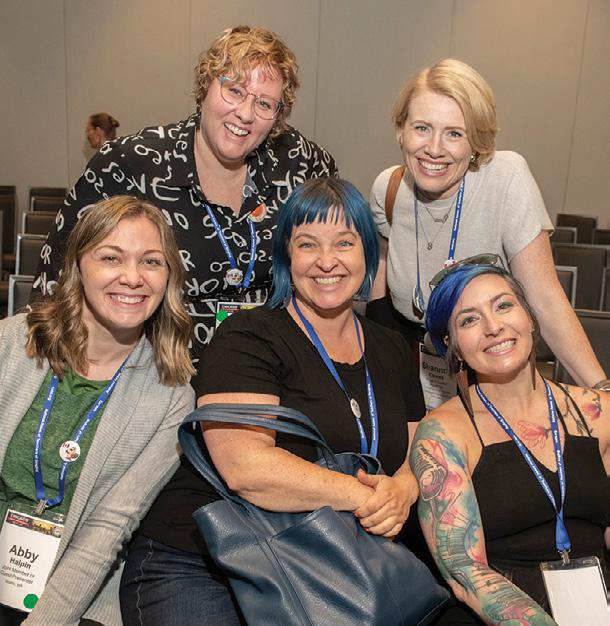
Student memberships start at just $46 per year!
JOIN TODAY at NATS.ORG
The 2022 audit of the National Association of Teachers of Singing has been completed and published copies of the report were furnished to members of the Board of Directors by the independent auditing firm of Magers & Associates, LLC, Certified Public Accountants, Jacksonville, Florida. The entire unqualified report and opinion letter of the auditor is available for members to review in the Executive Office of NATS in Jacksonville, Florida, as well as from members of the Board of Directors. The following summary of the details of the audit are extracted and summarized below. The auditor’s report and the notes that accompanied the report are an integral part of the audit statements.
Years Ended December 31, 2022, and December 31, 2021
March 2023 – August 2023

Carole Chardonnay
Judith Cloud
Bess-Arlene Camacho
Rosa Faulkner
Kenneth Pennington
NATSCast, the official podcast network of the National Association of Teachers of Singing, has established a varied, credible and entertaining group of podcasts featuring a myriad of topics — from the business of singing to voice health, teaching singers (of course!), and even chatting with Broadway stars.
